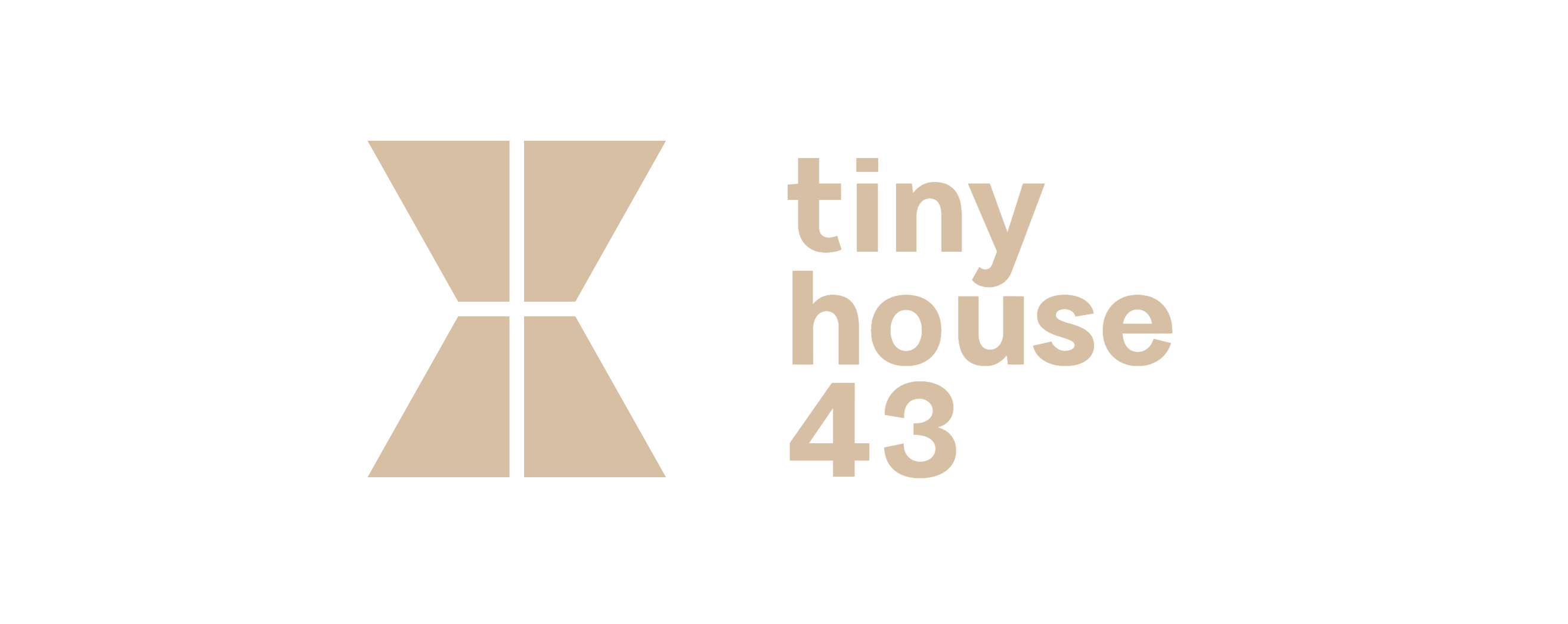Minimalism
Why Is Minimalist Living Becoming a New Trend in Modern Society?

We’ve noticed a fascinating trend in modern society: minimalist living is on the rise.
In fact, according to recent studies, the number of people opting for a minimalist lifestyle has increased by 25% in the past five years.
So, why is this trend gaining popularity? Our article explores the various factors driving this shift, from rising consumer debt to the desire for freedom and sustainability.
Join us as we delve into the reasons behind this new trend and its impact on our lives.
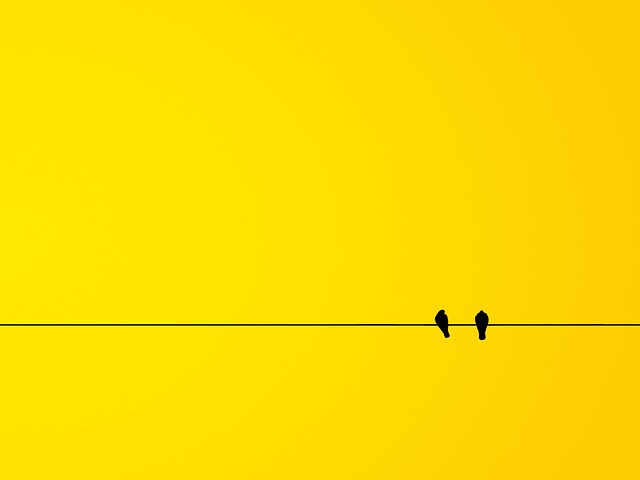
Key Takeaways
- Minimalist living offers numerous benefits, including reducing stress and anxiety, creating a calm environment, promoting intentional living and conscious consumption, and saving money and reducing waste.
- Society is shifting towards a more holistic and balanced approach to success, realizing that material possessions don’t equate to happiness and fulfillment.
- Minimalism provides freedom from the burden of material possessions, allowing individuals to prioritize their time and energy and align their actions with their values.
- Popular figures advocate for minimalist living and inspire others through their minimalist fashion choices, home decor ideas, and promotion of decluttering and organizing.
Rising Consumer Debt and the Appeal of Minimalism
We often find ourselves overwhelmed by rising consumer debt, which is why minimalism has become so appealing to us. As the culture of consumerism continues to grow, more and more people are recognizing the need to simplify their lives and reduce their financial burdens.
Minimalist interior design, characterized by clean lines, open spaces, and a focus on essential items, offers a way to escape the constant cycle of acquiring material possessions. By embracing minimalism, individuals are able to prioritize their financial well-being and shift their focus towards experiences and personal growth rather than material possessions.
This shift in mindset allows for a greater sense of freedom and contentment, as individuals are no longer tied down by the pressures of materialism. Transitioning from a materialistic mindset to a minimalist one is a natural progression towards redefining our perception of success.
Evolving Perception of Success: From Materialism to Minimalism
As society evolves, our perception of success is also changing. We’re starting to realize that material possessions don’t necessarily equate to happiness and fulfillment. Instead, there’s a growing movement towards minimalism, where individuals are embracing simplicity and focusing on the benefits it brings.

This shift in perception is supported by evidence showing that minimalism can reduce stress, increase productivity, and improve overall well-being.
Changing Societal Values
People are increasingly reevaluating their priorities and starting to embrace a more minimalist lifestyle as a result of shifting societal values. This change in values is evident in various aspects of society, including changing career paths and minimalist fashion trends.
Table: Changing Societal Values
| Aspects of Changing Societal Values | Examples |
|---|---|
| Career Paths | People are leaving high-paying jobs to pursue more fulfilling and purpose-driven careers. They prioritize meaningful work over financial success. |
| Fashion Trends | Minimalist fashion trends, such as capsule wardrobes and sustainable fashion, have gained popularity. People are prioritizing quality over quantity and seeking to reduce their environmental footprint. |
| Media Consumption | There is a growing interest in consuming meaningful content. People are turning away from materialistic messages and seeking inspiration, education, and personal growth. |
As society evolves, the perception of success is shifting towards a more holistic and balanced approach. People are realizing that true fulfillment comes from experiences, relationships, and personal growth, rather than material possessions. Embracing simplicity’s benefits allows individuals to focus on what truly matters and leads to a more fulfilling and purpose-driven life.
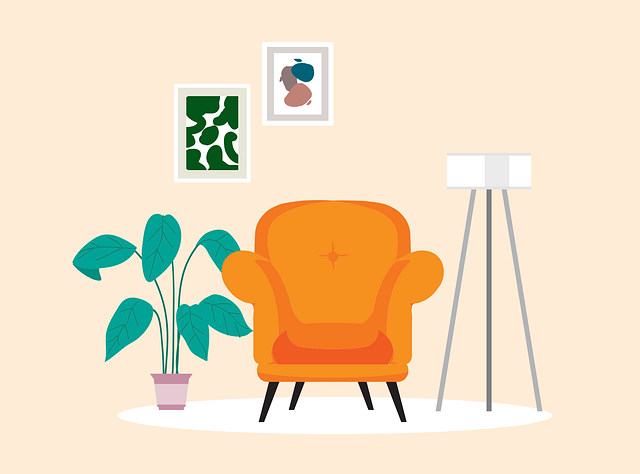
Embracing Simplicity’s Benefits
Our evolving perception of success has led us to embrace the benefits of simplicity, transitioning from a culture of materialism to a culture of minimalism. In today’s society, many individuals are realizing that true fulfillment doesn’t come from material possessions, but rather from meaningful relationships and experiences.
Simplifying our lives allows us to focus on what truly matters, fostering deeper connections with loved ones and creating a sense of community. Simplicity in relationships means prioritizing quality time, open communication, and genuine connections over superficial interactions.
Additionally, the rise of minimalist fashion trends reflects this shift towards simplicity and mindfulness. Minimalist fashion emphasizes clean lines, neutral colors, and timeless pieces, promoting a more sustainable and conscious approach to clothing.
Desire for Freedom: How Minimalism Offers Liberation
We, as individuals in modern society, crave liberation, and minimalism offers the freedom we desire. Minimalist living provides a liberating lifestyle by stripping away the excess and focusing on what truly matters.
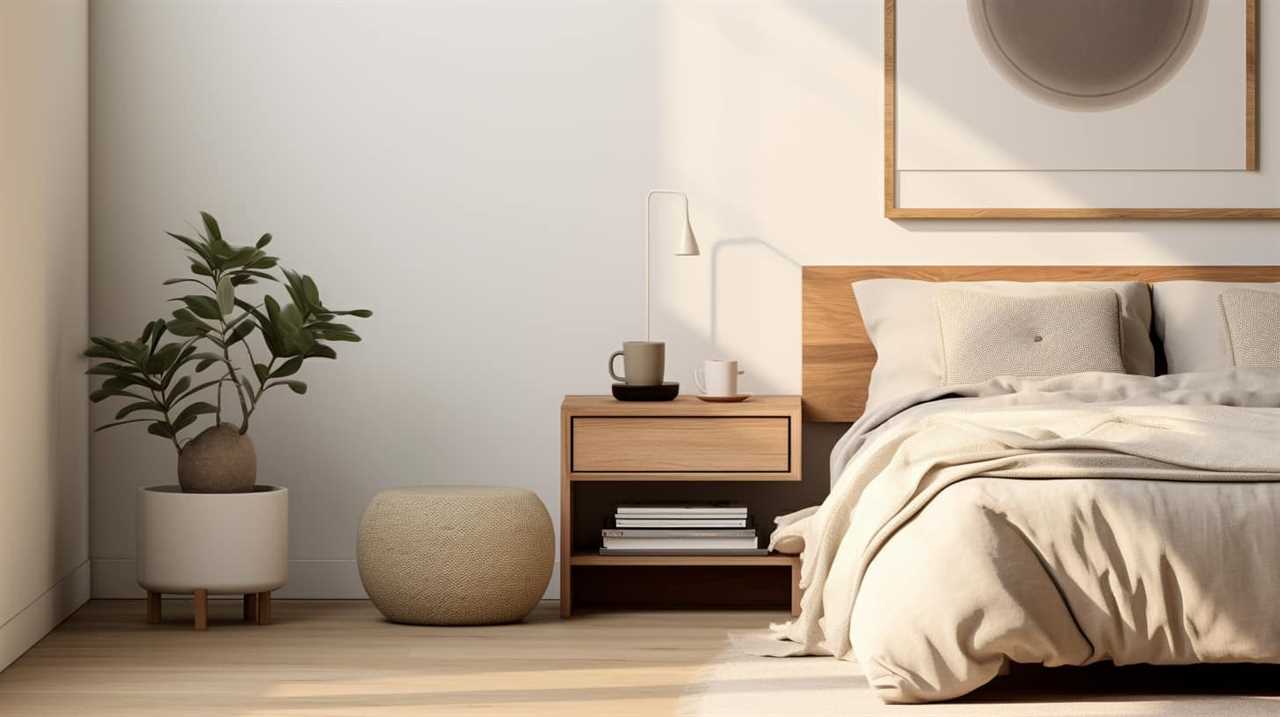
Here are three ways in which minimalism offers liberation:
-
Freedom from material possessions: By simplifying our lives and letting go of unnecessary belongings, we free ourselves from the burden of consumerism and the constant pursuit of more. Instead, we can focus on experiences and relationships.
-
Freedom from overwhelm: Minimalism promotes a clutter-free environment, which in turn reduces stress and overwhelm. With fewer distractions, we can find peace and clarity in our daily lives.
-
Freedom to prioritize: Minimalism allows us to prioritize our time, energy, and resources on what truly matters to us. We can align our actions and choices with our values, leading to a more fulfilling and purposeful life.
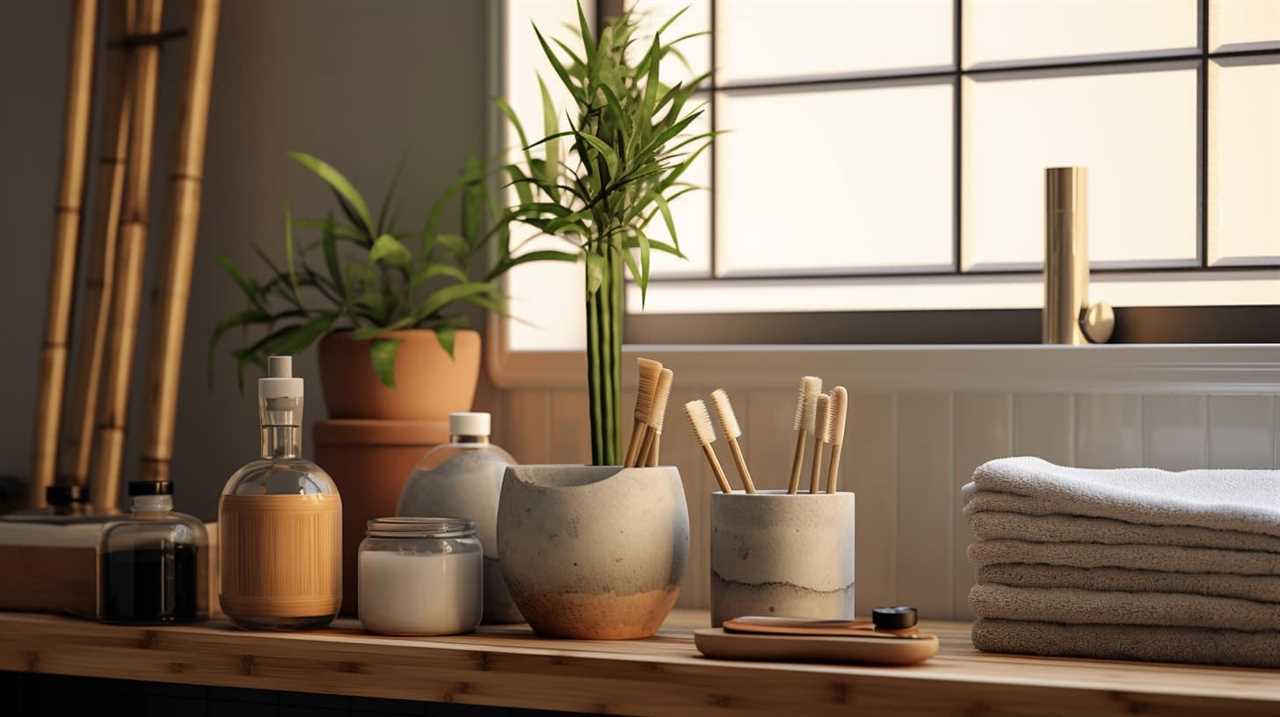
In a world that often feels chaotic and demanding, minimalism offers a path to freedom and liberation.
Changing Work Patterns and the Need for Simplicity
As our work patterns continue to evolve in modern society, the need for simplicity becomes increasingly important.
The impact of work-life balance on our overall well-being has been widely studied, and minimalist living offers potential benefits in this area.
Work-Life Balance Impact
With the increasing demands of our modern work patterns, finding a balance between our professional and personal lives has become a pressing need. As we strive for workplace productivity, the impact of our work-life balance can’t be underestimated.
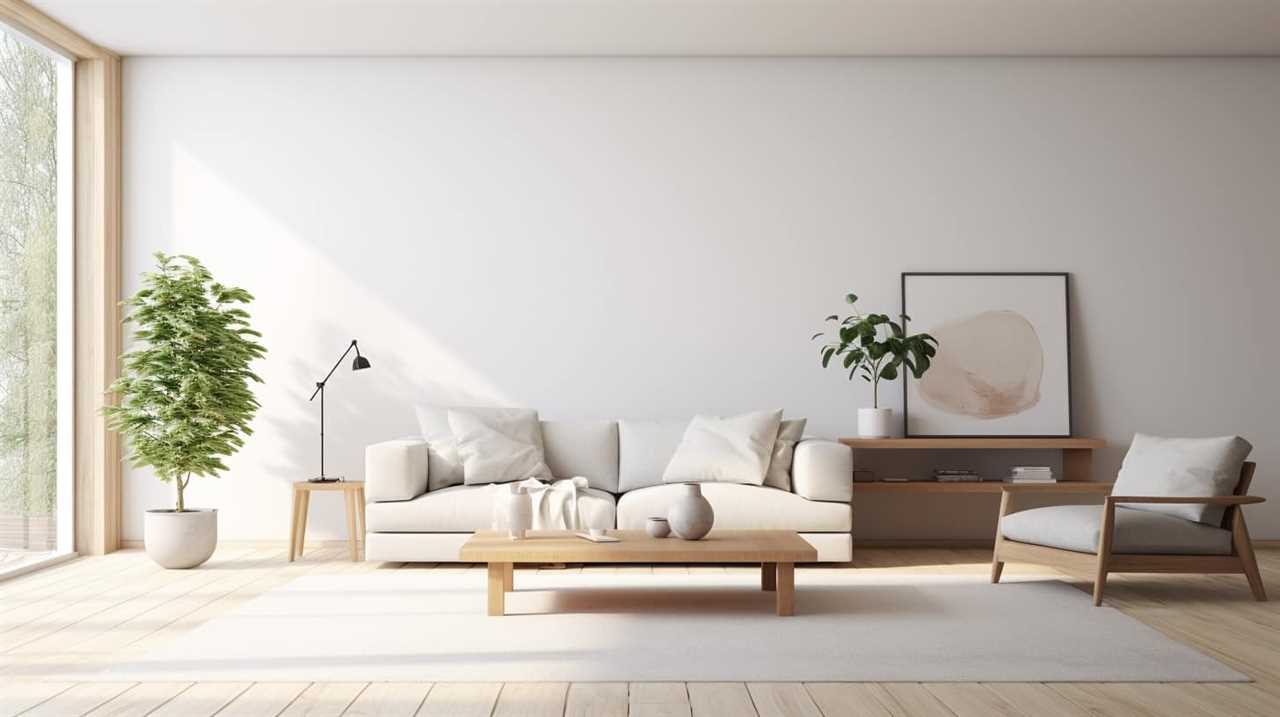
The need for simplicity in our lives has led many individuals to embrace minimalist home decor as a way to create a calming and organized environment. This shift towards minimalism is rooted in the belief that reducing clutter and simplifying our surroundings can help us focus better on our work and improve our overall well-being.
By decluttering our physical space and minimizing distractions, we can create a more harmonious work-life balance and increase our productivity. Minimalism offers a solution to the challenges posed by our changing work patterns, allowing us to live more intentionally and align our priorities.
Transitioning into the subsequent section, let’s explore the benefits of minimalism and how it can positively impact our lives.
Benefits of Minimalism?
We can experience numerous benefits from embracing minimalism, as it helps us navigate the changing work patterns and simplifies our lives.
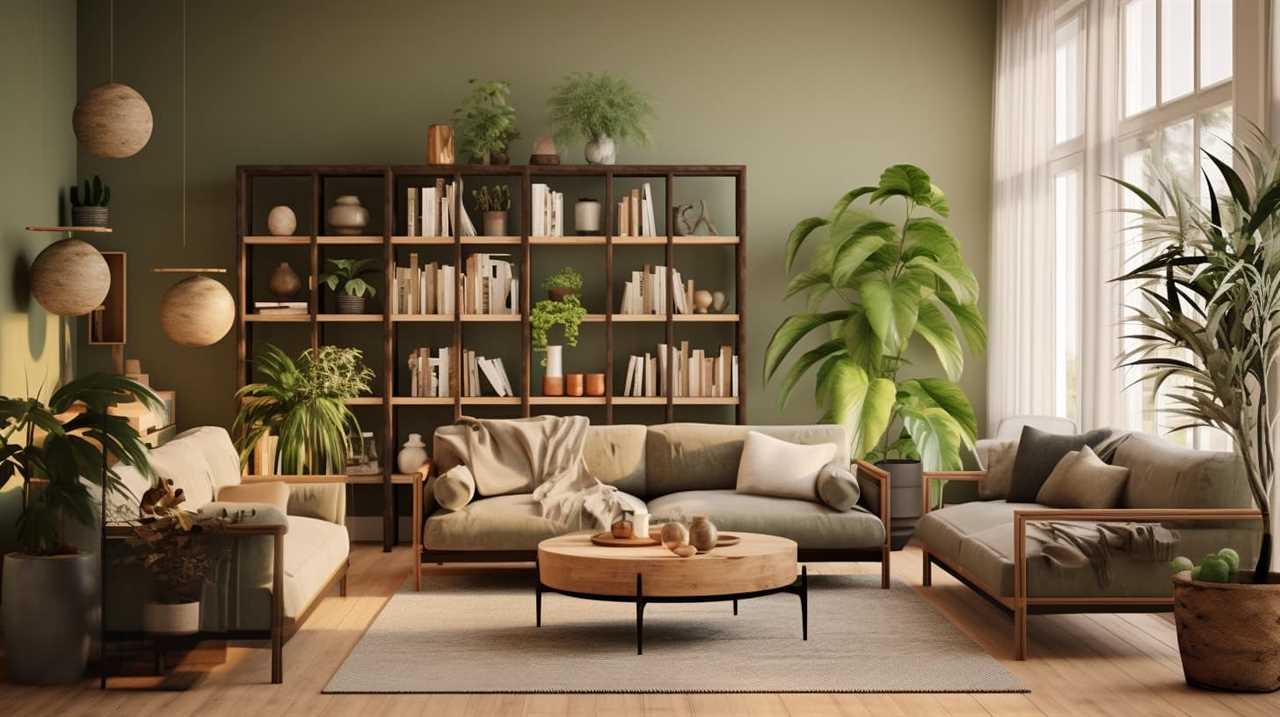
One of the key benefits of decluttering and adopting a minimalist lifestyle is the reduction of stress and anxiety. By eliminating excess possessions and simplifying our living spaces, we create a sense of calm and clarity, allowing us to focus on what truly matters.
Minimalist home decor ideas, such as using neutral colors, clean lines, and natural materials, promote a serene environment that enhances relaxation and productivity.
Additionally, minimalism encourages intentional living and conscious consumption. By being mindful of our purchases and only keeping what we truly need and value, we save money, reduce waste, and contribute to a more sustainable future.
Increasing Environmental Concerns and the Rise of Minimalism
Our society is experiencing a significant increase in environmental concerns, leading to a rise in the adoption of minimalist living. People are becoming more aware of the impact their lifestyle choices have on the environment, and they’re seeking ways to reduce their carbon footprint. Minimalism offers a sustainable solution by promoting the idea of owning fewer possessions and focusing on what truly matters.
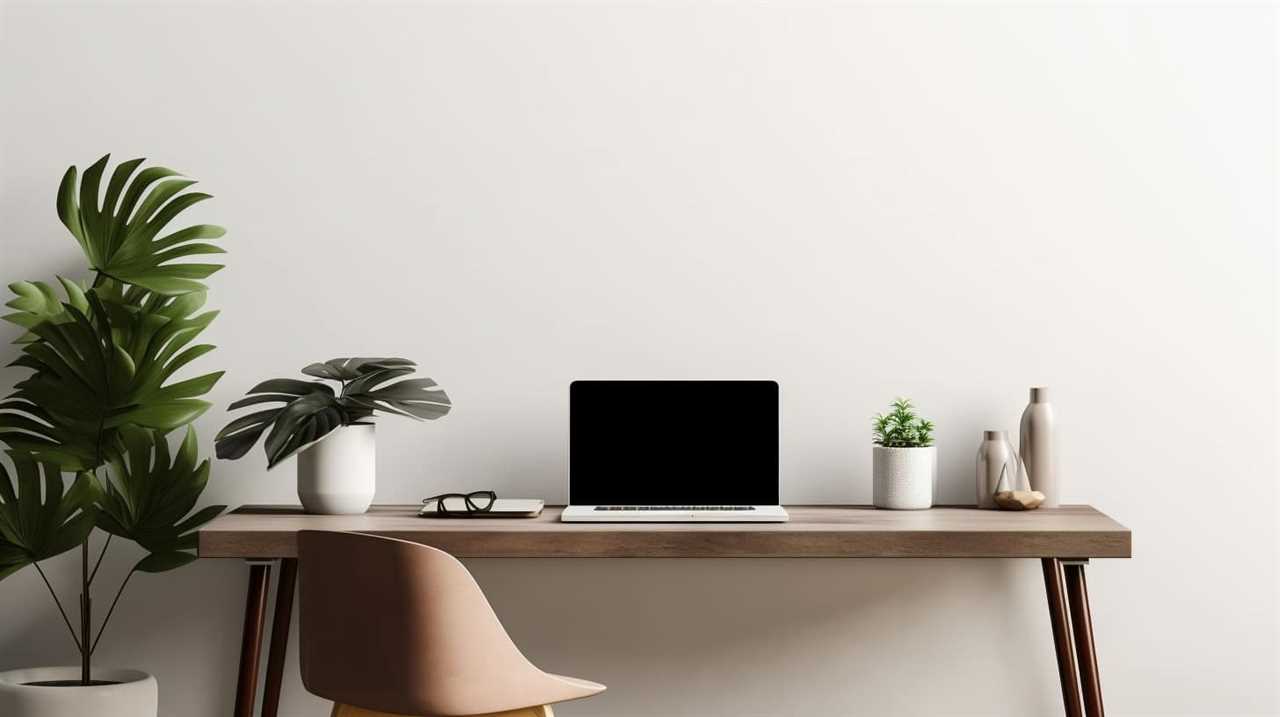
-
Reduced consumption: Minimalism encourages people to consume less and be mindful of their purchases, reducing waste and conserving resources.
-
Eco-friendly materials: Minimalist home decor trends often prioritize natural and sustainable materials, such as bamboo, recycled wood, and organic fabrics.
-
Energy efficiency: Minimalist living often involves smaller living spaces, which require less energy for heating, cooling, and lighting.
Addressing Growing Mental Health Issues Through Minimalist Living
Addressing growing mental health issues through minimalist living is a topic that has gained attention in recent years. Many proponents of minimalism argue that simplifying our lives can have a positive impact on our mental well-being. By reducing clutter and focusing on the essentials, we create a sense of peace and calm in our living spaces.
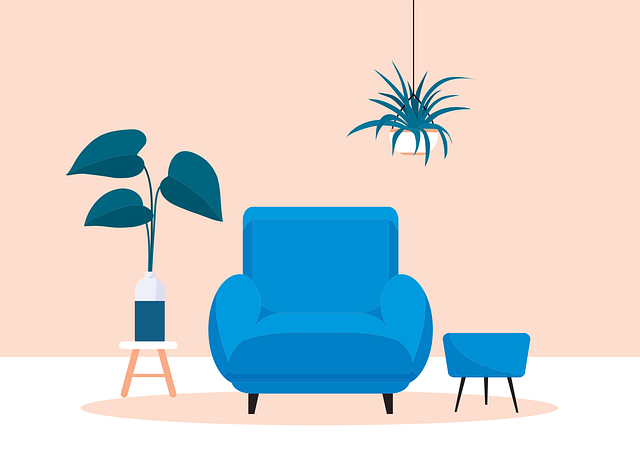
Additionally, practicing mindfulness in minimalist living can help us cultivate a more present and content mindset, contributing to improved mental health.
Simplicity and Mental Health
By embracing a lifestyle of minimalism, we can actively work towards improving our mental health and addressing the growing mental health issues in modern society. Simplifying our lives can have profound effects on our well-being and provide a sense of inner peace.
Here are three ways in which simplicity in minimalist living can positively impact our mental health:
-
Decluttering techniques: Clearing out physical clutter can also declutter our minds, reducing stress and anxiety.
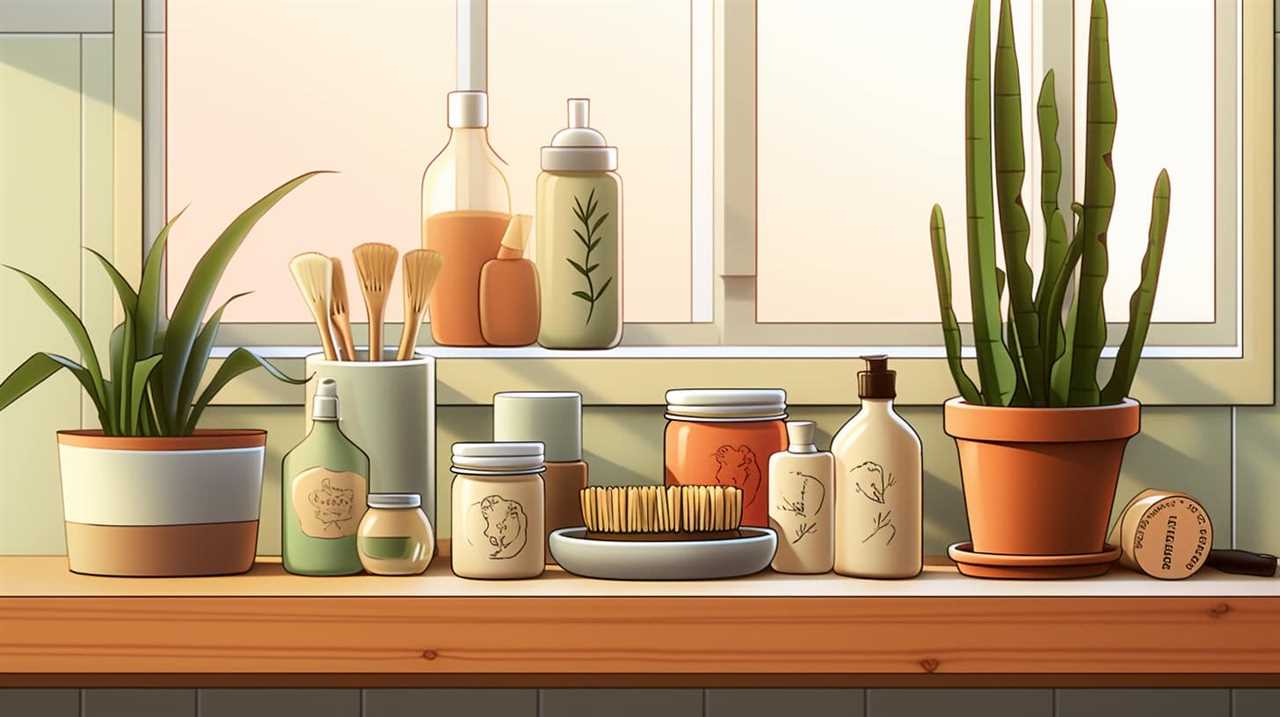
-
Mindfulness in minimalist living: Being mindful of our possessions and consciously choosing what to keep and let go of can help us cultivate a sense of appreciation and contentment.
-
Minimalism as a catalyst for creativity and productivity: By eliminating distractions and focusing on what truly matters, we can unlock our creativity and enhance our productivity.
Decluttering for Peace
Creating a clutter-free living environment and consciously prioritizing our mental well-being can bring peace and alleviate the growing mental health issues in modern society. As our lives become busier and more chaotic, decluttering techniques and organizing tips can provide a sense of calm and clarity.
Research has shown that living in a cluttered space can contribute to feelings of stress, anxiety, and overwhelm. By decluttering our physical surroundings, we can create a more peaceful and serene environment that allows for better mental health.
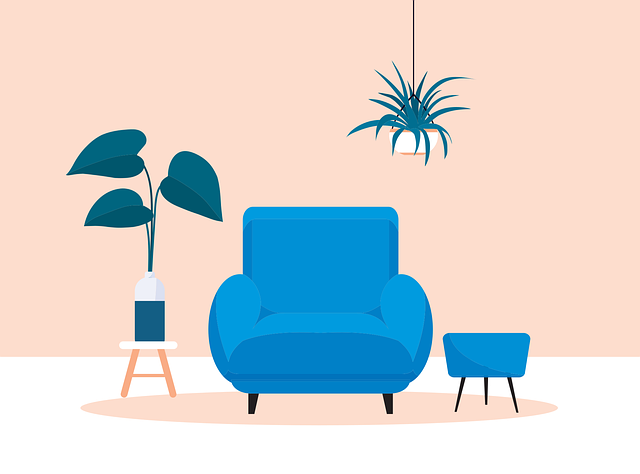
Implementing simple organizing strategies, such as sorting and categorizing belongings, can help reduce clutter and promote a sense of order. Additionally, adopting minimalist principles of owning fewer possessions and focusing on what truly brings us joy can lead to a greater sense of peace and contentment.
Prioritizing our mental well-being through decluttering and organizing can have a profound impact on our overall quality of life.
Mindfulness in Minimalist Living
Embracing mindfulness in minimalist living allows us to cultivate greater self-awareness and alleviate the growing mental health issues in modern society. By practicing mindful consumption and intentional living, we can create a healthier relationship with our possessions and our thoughts. Here are three ways in which mindfulness in minimalist living can benefit our mental well-being:
-
Reduced stress: Mindful consumption helps us focus on what truly brings us joy and fulfillment, reducing the overwhelm and stress caused by excessive material possessions.
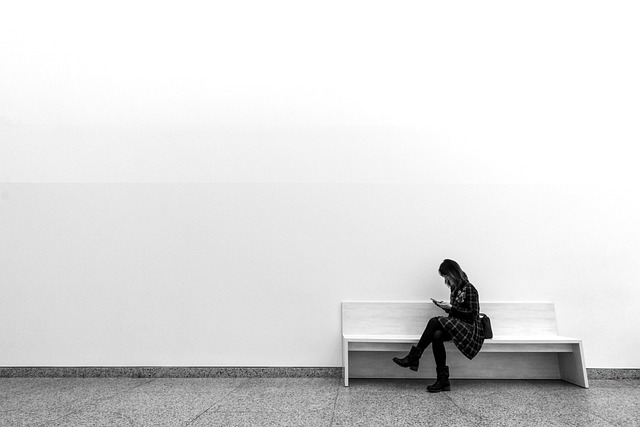
-
Increased clarity: Intentional living encourages us to prioritize what truly matters in our lives, allowing us to gain clarity on our values, goals, and aspirations.
-
Enhanced self-reflection: By intentionally curating our physical and mental spaces, we create opportunities for self-reflection and introspection, which can lead to personal growth and improved mental health.
Incorporating mindfulness into our minimalist lifestyle can help us find balance, peace, and contentment in our everyday lives.
The Influence of Social Media on the Minimalist Lifestyle
We have noticed that a growing number of individuals are embracing the minimalist lifestyle due to the influence of social media.

In today’s digital age, social media platforms have become powerful tools for spreading trends and influencing consumer behavior. The rise of influencer culture has played a significant role in promoting minimalist living. Influencers, who’ve amassed a large following on platforms like Instagram and YouTube, often showcase their minimalist homes, wardrobes, and daily routines.
Their curated content and aesthetic appeal make minimalist living appear aspirational and desirable. Additionally, social media has also popularized minimalist fashion, with influencers promoting sustainable brands and capsule wardrobes.
Remote Work and the Compatibility With Minimalism
Remote work has become increasingly popular in recent years, offering individuals the flexibility to work from anywhere in the world. This newfound freedom aligns well with the principles of minimalism, as it allows individuals to prioritize experiences over material possessions.
Additionally, remote work often promotes a better work-life balance, reducing stress and allowing individuals to focus on what truly matters to them.

Work-Life Balance Benefits
Finding a work-life balance that aligns with minimalism allows us to prioritize what truly matters and live a more intentional and fulfilling life. In today’s fast-paced society, achieving this balance can be challenging. However, incorporating work-life balance strategies and minimalist workspace design can greatly contribute to a more harmonious lifestyle.
Here are three benefits of embracing this approach:
-
Increased focus and productivity: By decluttering our workspace and eliminating distractions, we can concentrate better on our tasks and accomplish more in less time.
-
Reduced stress and improved well-being: A minimalist workspace promotes a sense of calm and clarity, leading to reduced stress levels and enhanced overall well-being.
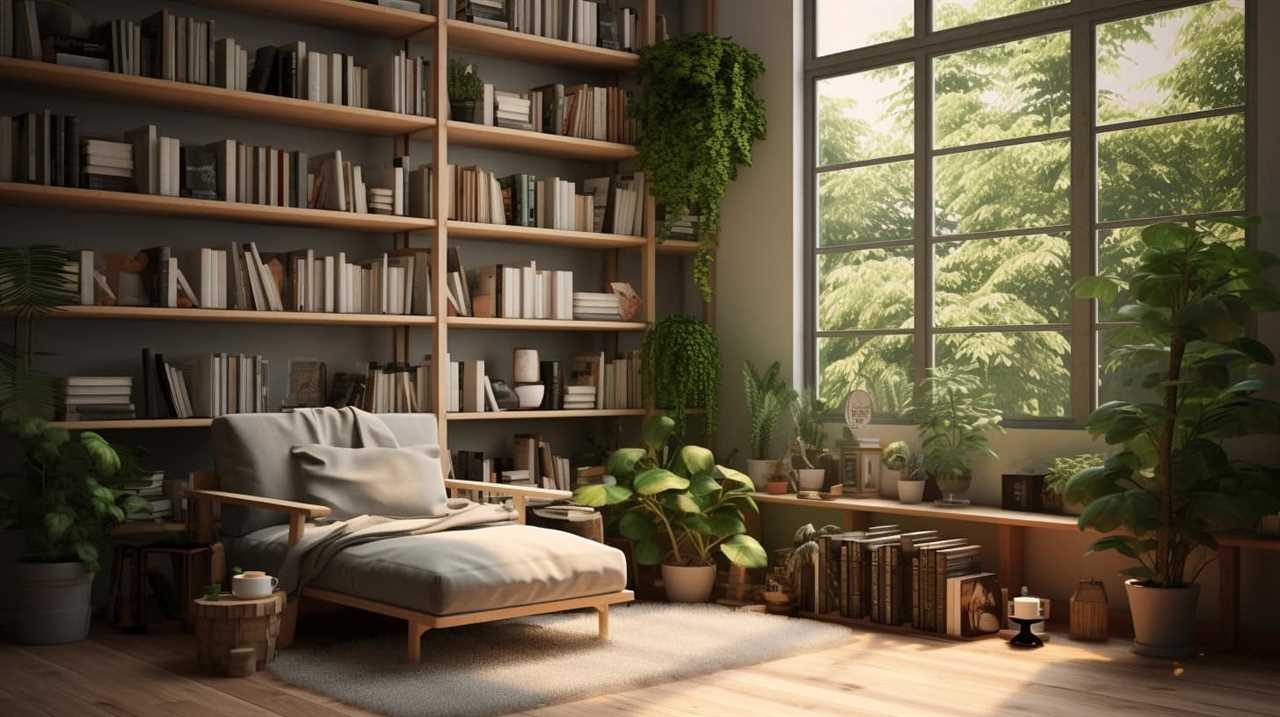
-
Flexibility and freedom: Remote work, which is often compatible with minimalism, allows us to have more control over our time and location, providing us with the freedom to design our work-life balance according to our needs and preferences.
Simplifying Workspace Essentials
Let’s explore how simplifying workspace essentials aligns with the minimalist lifestyle and enhances our remote work experience.
In today’s modern society, many people are embracing minimalism as a way to declutter their lives and focus on what truly matters. This mindset extends to our workspaces as well. By adopting a minimalist office design and creating sustainable workspaces, we can create an environment that promotes productivity, creativity, and overall well-being.
A minimalist office design focuses on simplicity, functionality, and organization. It eliminates unnecessary clutter and distractions, allowing us to stay focused and efficient in our work. By keeping only the essential items on our desks, we can reduce visual noise and create a calm and peaceful atmosphere. This minimalist approach also aligns with sustainability, as it encourages the use of eco-friendly materials and promotes a more environmentally conscious mindset.

When it comes to remote work, simplifying workspace essentials becomes even more crucial. As we work from home, it’s essential to create a designated workspace that promotes productivity and separates our work life from our personal life. A minimalist approach allows us to create a clean and organized workspace that enhances our ability to focus and concentrate. It also helps us maintain a healthy work-life balance by reducing distractions and creating clear boundaries between work and leisure.
Digital Nomads and Minimalism?
As digital nomads, we’re constantly on the move, yet minimalist living and remote work go hand in hand. The digital nomad lifestyle is all about embracing the freedom to work from anywhere in the world, and minimalism complements this lifestyle perfectly.
Here are some reasons why digital nomads find minimalism essential:
-
Streamlined Travel: Minimalist travel essentials allow us to pack light and move easily from one location to another. We prioritize items that are versatile, durable, and essential for our work and personal needs.
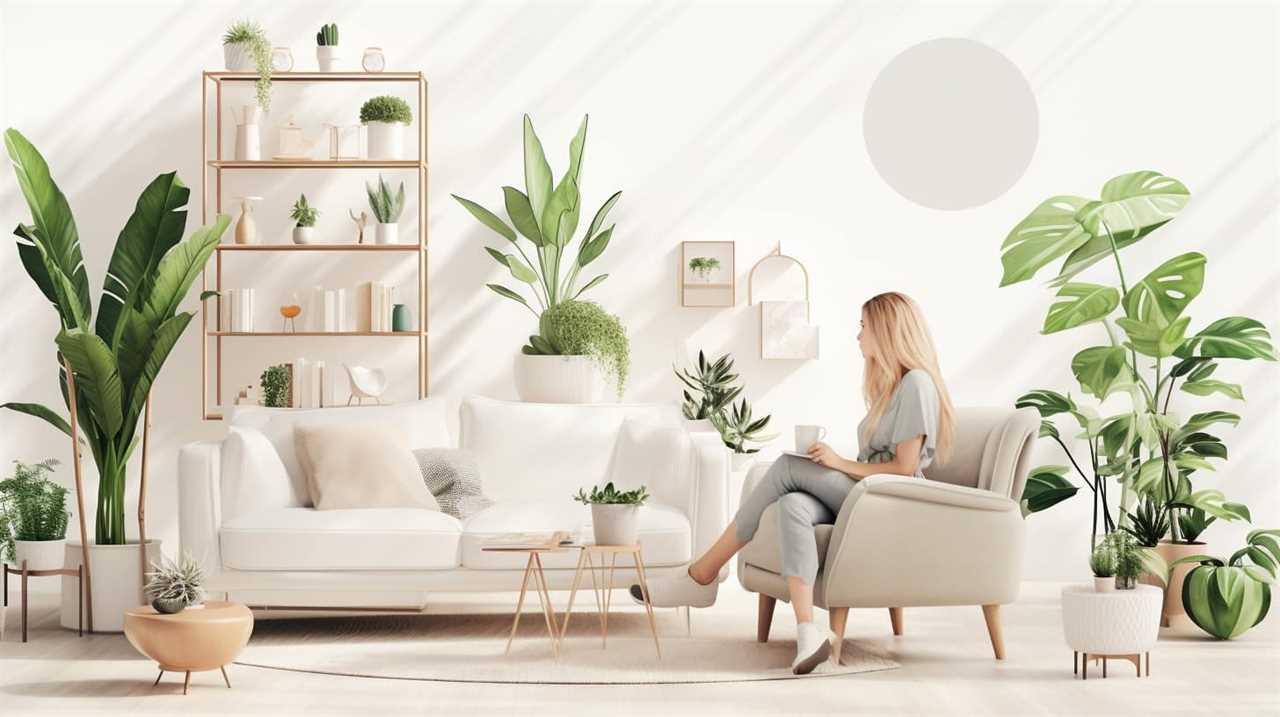
-
Increased Focus: Minimalism helps us declutter our physical and mental space, enabling us to focus on our work and be more productive. With fewer distractions, we can fully immerse ourselves in our remote work.
-
Financial Freedom: Embracing minimalism means that we spend less on material possessions and focus on experiences instead. This allows us to save money, invest in our businesses, and have the financial freedom to continue our digital nomad lifestyle.
Being a digital nomad and practicing minimalism go hand in hand, as they both prioritize freedom, flexibility, and a focus on what truly matters in life.
Advocacy by Popular Figures: Inspiring Minimalist Living
We’re seeing a surge in popular figures promoting minimalist living as a way to simplify and improve our lives. These figures, including celebrities, influencers, and public figures, are using their platforms to inspire others to embrace minimalism in various aspects of their lives. From inspiring minimalist fashion choices to sharing minimalist home decor ideas, these popular figures are showing us that less is indeed more.
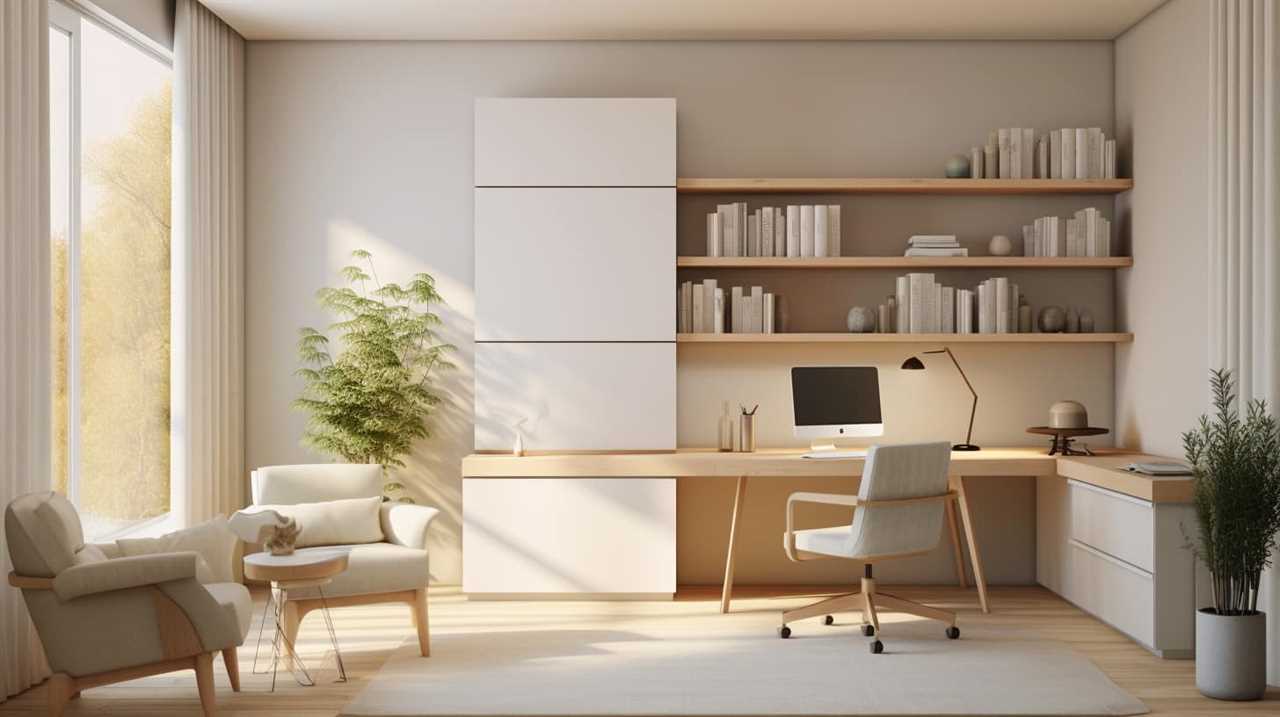
Here is a table showcasing some well-known figures who have advocated for minimalist living:
| Popular Figures | Area of Advocacy |
|---|---|
| Marie Kondo | Decluttering and organizing |
| Joshua Fields Millburn and Ryan Nicodemus | Minimalist lifestyle and intentional living |
| Mark Zuckerberg | Minimalist wardrobe and home decor |
| Elon Musk | Simplifying and streamlining daily routines |
These figures not only serve as inspiration but also provide practical tips and advice on how to incorporate minimalism into our own lives. By following their examples, we can experience the benefits of minimalist living and create a more intentional and fulfilling lifestyle.
Benefits From Pandemic Lockdowns: Embracing Minimalism
By reassessing our priorities and simplifying our lives, we can discover the benefits of embracing minimalism during pandemic lockdowns. In a time when our lives have been disrupted and our normal routines have been upended, minimalism offers a way to find stability and peace.
Here are some of the benefits that minimalism can bring during this challenging time:
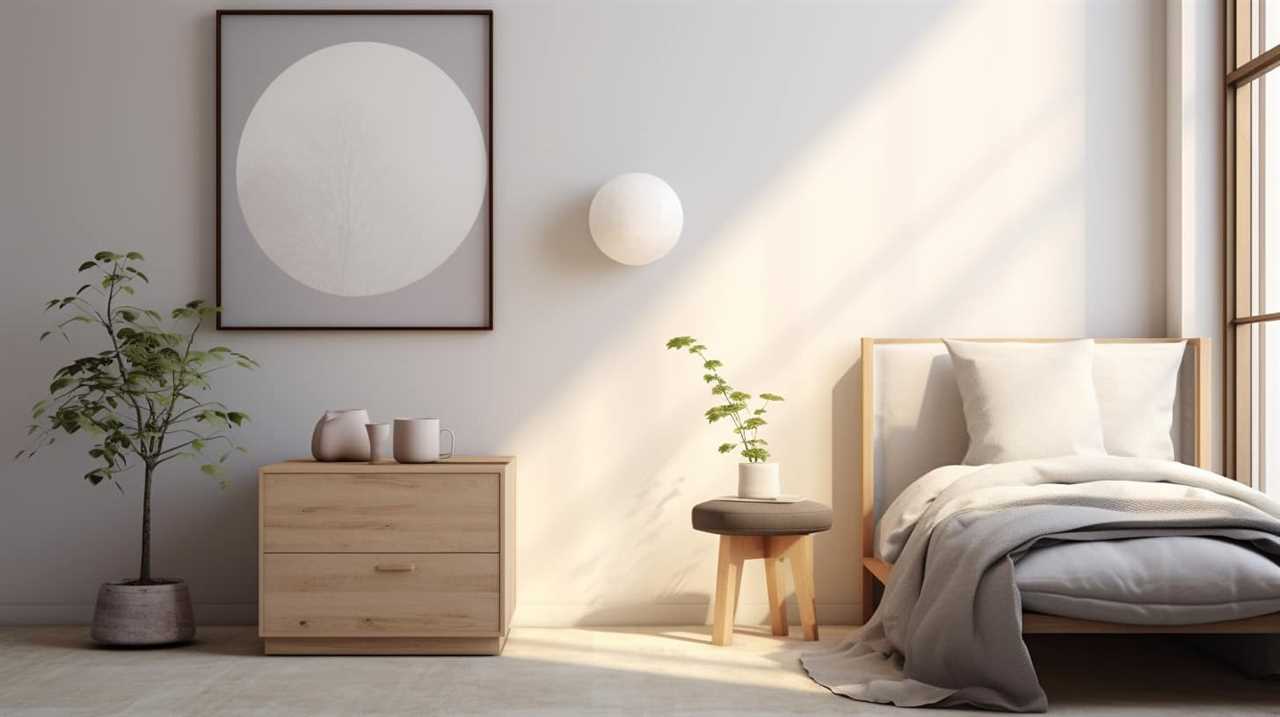
-
Strengthened personal relationships: With fewer distractions and a focus on what truly matters, minimalism allows us to nurture and build stronger connections with our loved ones. By eliminating unnecessary clutter and commitments, we’ve more time and energy to invest in our relationships.
-
Financial stability: The economic impact of the pandemic has left many people facing financial uncertainty. Embracing minimalism can help us reduce our expenses, prioritize our spending, and live within our means. By cutting back on unnecessary purchases and focusing on what truly brings us joy, we can achieve financial stability and peace of mind.
-
Improved mental well-being: Minimalism encourages us to let go of material possessions that no longer serve a purpose or bring us joy. This decluttering process can have a profound impact on our mental well-being, reducing stress, and creating a sense of calm and clarity.
Minimalism as a Response to Overconsumption
Our society’s rampant overconsumption has led to the rise of minimalism as a response. In recent years, there’s been a rising interest in adopting minimalist aesthetics and simplifying our lives.

The allure of minimalism lies in its ability to counteract the excesses of our consumer-driven culture. By embracing a minimalist lifestyle, individuals are able to consciously reduce their consumption and focus on what truly brings them joy and fulfillment. Minimalism encourages us to question our attachment to material possessions and prioritize experiences and relationships instead.
This shift in mindset not only helps to reduce waste and environmental impact but also promotes a sense of contentment and freedom. As we delve deeper into the concept of minimalism, we’ll explore how it aligns with the pursuit of authenticity in our lives.
Minimalism and the Pursuit of Authenticity
The pursuit of authenticity is an integral aspect of minimalism, as it encourages us to examine our values and align our actions with our true selves. In today’s society, where self-expression is highly valued, minimalism offers a platform for individuals to showcase their unique identities through their lifestyle choices, including fashion.
Minimalist fashion trends have gained popularity as they allow individuals to express their personal style in a simple and understated manner. This focus on self-expression, rather than conforming to societal expectations, empowers individuals to be true to themselves and embrace their individuality.
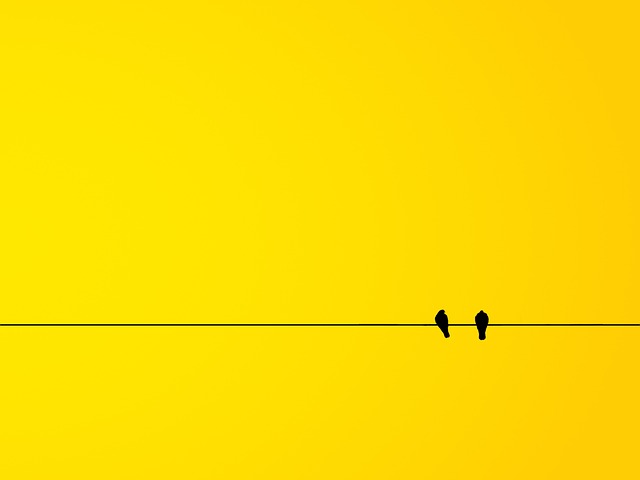
By embracing minimalism as a means of self-expression, individuals can break free from the consumerist culture and find a sense of authenticity in their lives.
Transitioning into the subsequent section, minimalism not only offers a path towards authenticity but also provides a foundation for achieving inner peace.
Minimalist Living and the Quest for Inner Peace
We believe that embracing minimalist living can lead us on a transformative journey towards inner peace. The benefits of cultivating inner peace are numerous and can greatly enhance our overall well-being and happiness.
Research has shown that living a minimalist lifestyle can reduce stress and anxiety, as it encourages us to let go of material possessions and focus on what truly matters. By simplifying our lives, we create more space for mindfulness, self-reflection, and self-care. This allows us to cultivate a greater sense of inner peace and contentment.

Minimalism also encourages us to prioritize experiences and relationships over material possessions, which are often fleeting sources of happiness. By embracing a minimalist lifestyle, we can align our values with our actions and find true fulfillment in the pursuit of inner peace.
Minimalism as a Catalyst for Creativity and Productivity
By embracing minimalism, we can unlock our creative potential and enhance our productivity. Minimalism encourages us to simplify our lives, declutter our physical spaces, and streamline our routines. This intentional approach to living allows us to focus on what truly matters and eliminate distractions that hinder our creativity and productivity.
Here are three ways in which minimalism can serve as a catalyst for creativity and productivity:
-
Reduced physical clutter: A minimalist lifestyle helps us eliminate unnecessary possessions, creating a clean and organized environment that promotes clear thinking and creativity.

-
Increased mental clarity: Minimalism encourages us to let go of mental clutter and focus on what truly matters, leading to increased focus, better decision-making, and enhanced productivity.
-
Time and energy optimization: By cutting out non-essential activities and commitments, minimalism allows us to prioritize our time and energy on activities that align with our goals, fostering creativity and boosting productivity.
Minimalism and the Quest for Sustainable Living
Often, we find ourselves searching for ways to live more sustainably, and minimalism offers a solution. By embracing minimalism, we can reduce our consumption and minimize waste, which are crucial steps towards achieving a more sustainable lifestyle.
One area where minimalism intersects with sustainability is in the realm of fashion. Sustainable fashion focuses on creating clothing that is environmentally friendly, ethically sourced, and made to last. By adopting a minimalist approach to fashion, we can prioritize quality over quantity, invest in timeless pieces, and reduce our reliance on fast fashion.
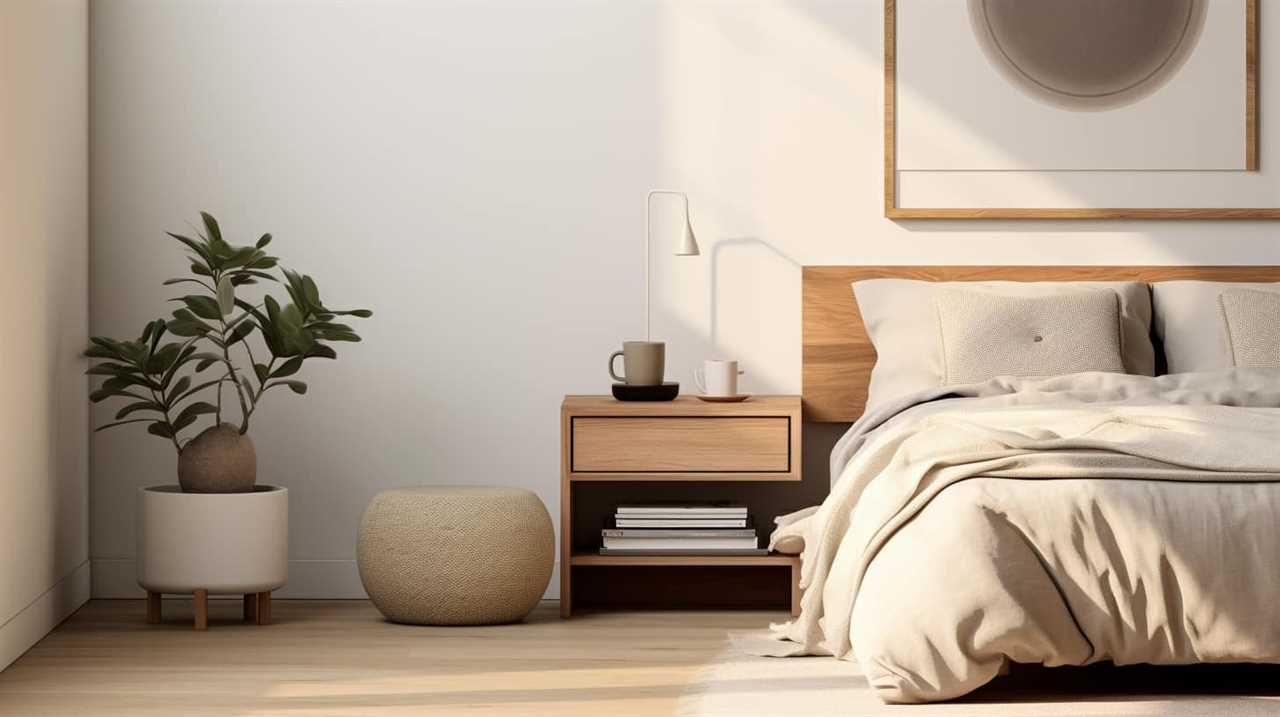
Another aspect of sustainable living that aligns with minimalism is eco-friendly architecture. Minimalist design principles can be applied to buildings to create spaces that are energy-efficient, utilize sustainable materials, and promote a healthier environment. By simplifying the design and reducing unnecessary elements, eco-friendly architecture can minimize the ecological footprint of buildings.
In summary, minimalism offers a pathway to sustainable living by encouraging us to consume less, prioritize quality, and make conscious choices in areas such as fashion and architecture. By embracing minimalism, we can create a more sustainable future for ourselves and the planet.
| Sustainable Fashion | Eco-Friendly Architecture |
|---|---|
| – Environmentally friendly materials | – Energy-efficient design |
| – Ethically sourced clothing | – Use of sustainable materials |
| – Long-lasting garments | – Minimalist design principles |
| – Reduced reliance on fast fashion | – Minimized ecological footprint |
Frequently Asked Questions
How Does Rising Consumer Debt Relate to the Appeal of Minimalist Living?
Rising consumer stress and its impact on mental health are likely driving the appeal of minimalist living. Simplifying our lives can help alleviate the financial burden and provide a sense of calm and well-being.
How Has the Perception of Success Evolved From Materialism to Minimalism?
The perception of success has evolved from materialism to minimalism, reflecting the shift in societal values. Social media has played a significant role in shaping this change, showcasing the appeal of a simpler, more meaningful life.
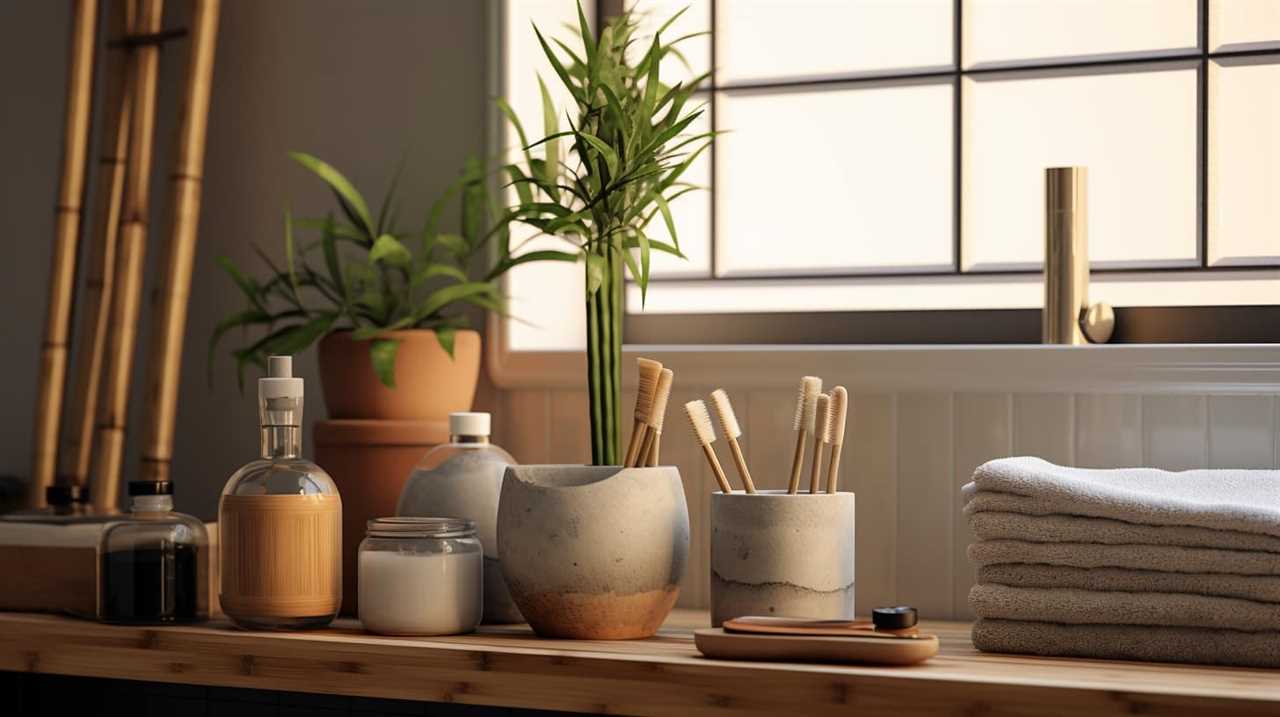
In What Ways Does Minimalist Living Offer Liberation and Freedom?
Minimalist living offers liberation and freedom by prioritizing self-care. By embracing simplicity and decluttering, we create a peaceful environment that positively impacts our mental health. It allows us to focus on what truly matters and serve others with a clear mind.
How Do Changing Work Patterns Contribute to the Need for Simplicity and Minimalist Living?
Changing work patterns, such as remote work and the rise of digital nomads, have contributed to the need for simplicity and minimalist living. This shift towards a more flexible and nomadic lifestyle requires minimal possessions and a focus on experiences rather than material goods.
How Does the Rise of Minimalism Address Increasing Environmental Concerns?
The rise of minimalism addresses increasing environmental concerns by promoting a sustainable lifestyle. By reducing consumption and waste, minimalism minimizes our environmental impact. It is a practical response to the urgent need for ecological preservation.
Conclusion
In conclusion, the rising trend of minimalist living in modern society can be attributed to various factors.
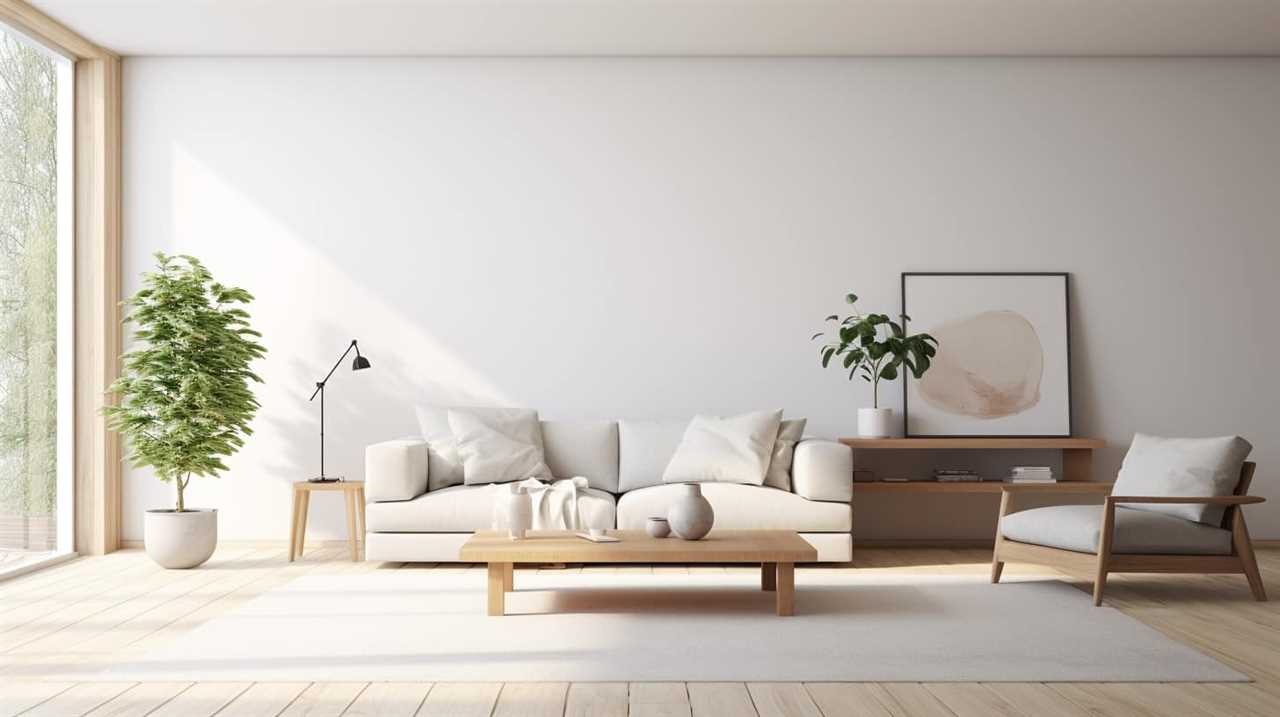
Rising consumer debt and evolving perceptions of success have led individuals to seek simplicity and freedom. Changing work patterns and increasing environmental concerns have also played a role in driving the minimalist movement.
Moreover, minimalist living offers individuals the opportunity to pursue authenticity, inner peace, and sustainable living.
Ultimately, it’s the convergence of these factors that has propelled minimalism into the forefront of contemporary society.
I’m Theodore, and I love tiny houses. In fact, I’m the author of Tiny House 43, a book about tiny houses that are also tree houses. I think they’re magical places where imaginations can run wild and adventures are just waiting to happen.
While tree houses are often associated with childhood, they can be the perfect adult retreat. They offer a cozy space to relax and unwind, surrounded by nature. And since they’re typically built on stilts or raised platforms, they offer stunning views that traditional homes simply can’t match.
If you’re looking for a unique and romantic getaway, a tree house tiny house might just be the perfect option.
Minimalism
Top 10 Elements of Minimalist Living for Greater Freedom You Need To Embrace Now

Are you exhausted from constantly dealing with clutter and distractions in your life? Look no further, we have the perfect solution for you!
In this article, we’re going to share the top 10 elements of minimalist living that will bring you greater freedom and help you embrace a simpler, more intentional lifestyle.
From decluttering your physical space to cultivating meaningful relationships, we’ve got you covered.
Get ready to experience a life of true freedom and fulfillment. Let’s dive in!
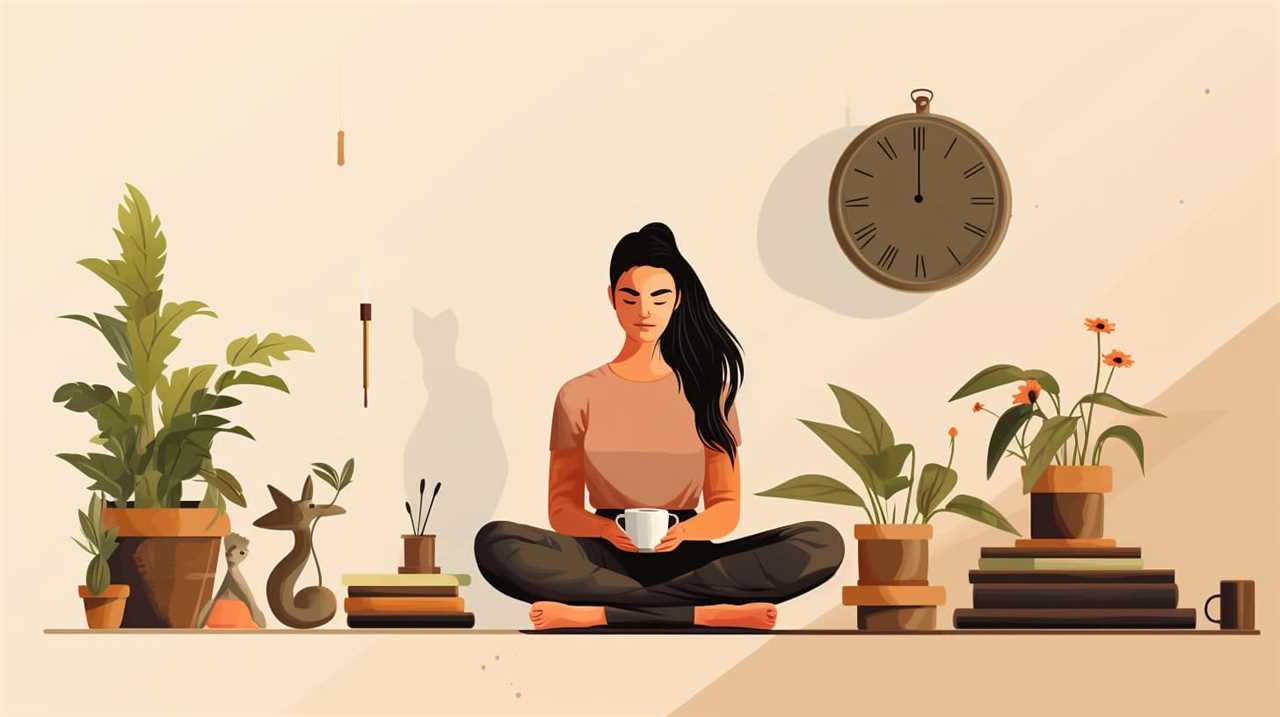
Key Takeaways
- Start decluttering one area at a time (drawer, closet, room)
- Create a clutter-free space to promote a sense of calmness and freedom
- Select essential pieces and eliminate unnecessary clothing items
- Set boundaries for checking emails and social media
Decluttering Your Physical Space
We need to start decluttering our physical space to create a more minimalist lifestyle. Decluttering is the first step towards achieving a sense of freedom and simplicity in our lives.
To begin, let’s consider some helpful decluttering tips. Start by tackling one area at a time, whether it’s a drawer, a closet, or a room. Sort your belongings into three categories: keep, donate, and discard. Be honest with yourself about what you truly need and what’s just clutter.
Once you have decluttered, it’s important to implement organizing techniques to maintain a clutter-free space. Utilize storage solutions like bins, labels, and shelving to keep everything in its place. Regularly evaluate your belongings and continue the decluttering process to ensure a minimalist lifestyle.
Simplifying Your Wardrobe
To simplify our wardrobe, we should start by carefully selecting essential pieces and eliminating unnecessary clothing items. Creating a capsule wardrobe is a great way to embrace minimalist fashion while still looking stylish.
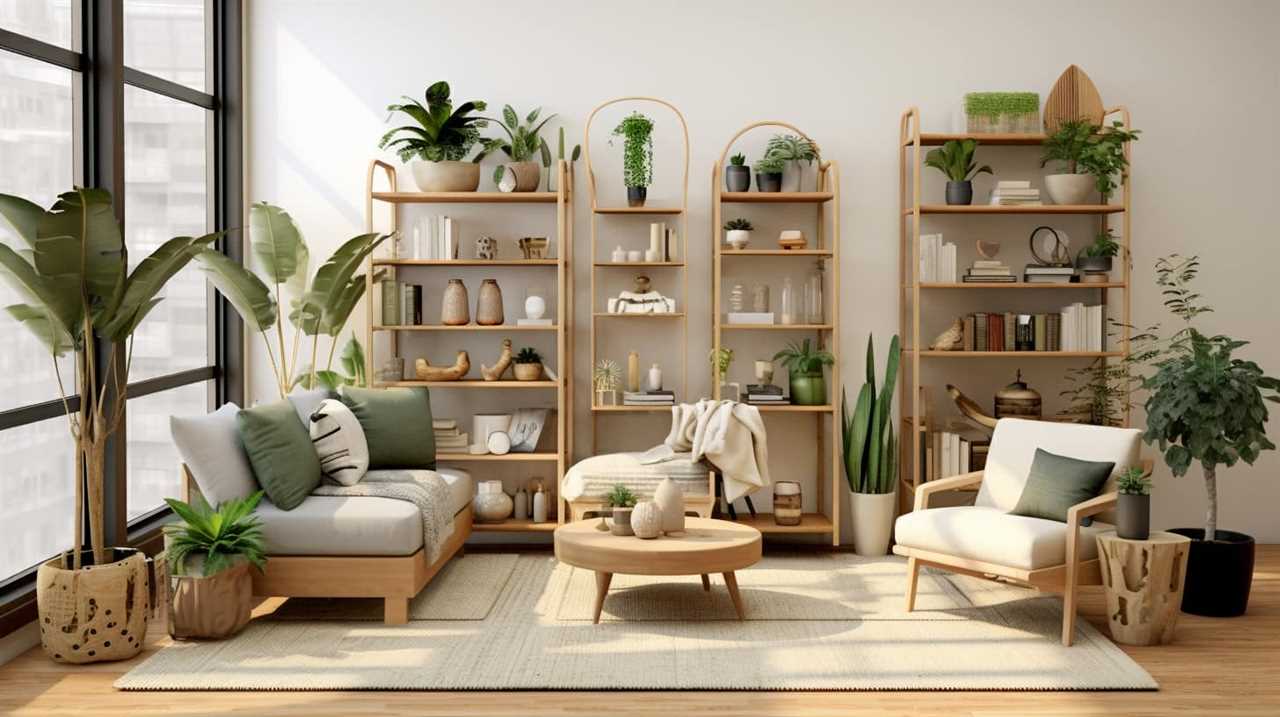
A capsule wardrobe consists of a limited number of versatile pieces that can be mixed and matched to create different outfits. By choosing high-quality, timeless items, you can reduce clutter and ensure that each piece serves a purpose.
Consider donating or selling clothes that no longer fit or align with your personal style. Simplifying your wardrobe not only saves you time and money, but it also allows you to focus on what truly matters in life.
Now, let’s move on to the next step in our journey to minimalist living: minimizing digital distractions.
Minimizing Digital Distractions
In order to achieve a more focused and productive lifestyle, let’s start by identifying and eliminating unnecessary digital distractions. Minimizing screen time and implementing a digital detoxification strategy can bring tremendous benefits to our overall well-being.

Here are three steps to help you reduce digital distractions and reclaim your time:
-
Set boundaries: Establish specific times throughout the day when you’ll check emails or social media. Avoid mindlessly scrolling through your phone or computer during designated work or family time.
-
Turn off notifications: Constant alerts from emails, social media, and apps can be major distractions. Take control by turning off unnecessary notifications and only allowing important ones.
-
Create tech-free zones: Designate certain areas in your home or office as tech-free zones. This will help you disconnect from screens and focus on more meaningful activities like reading, spending time with loved ones, or engaging in hobbies.
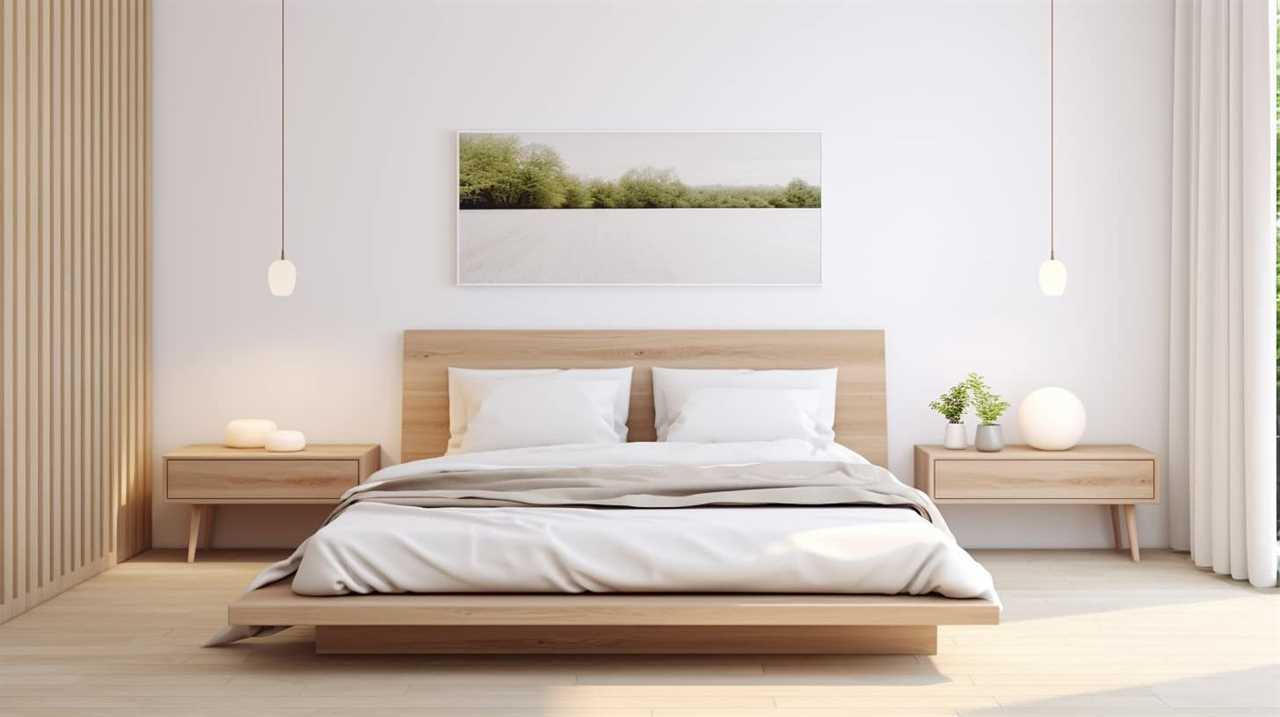
Streamlining Your Daily Routines
Let’s simplify and optimize our daily routines by identifying and eliminating unnecessary tasks, allowing us to focus on what truly matters.
Time management is crucial when it comes to leading a minimalist lifestyle. By streamlining our daily routines, we can create efficient systems that save us time and energy.
Start by evaluating your current routines and identifying any tasks that can be eliminated or delegated. For example, if you find yourself spending too much time on household chores, consider hiring a cleaning service or involving your family members in the process.
Additionally, prioritize your tasks based on importance and urgency, ensuring that you allocate time for activities that align with your goals and values.
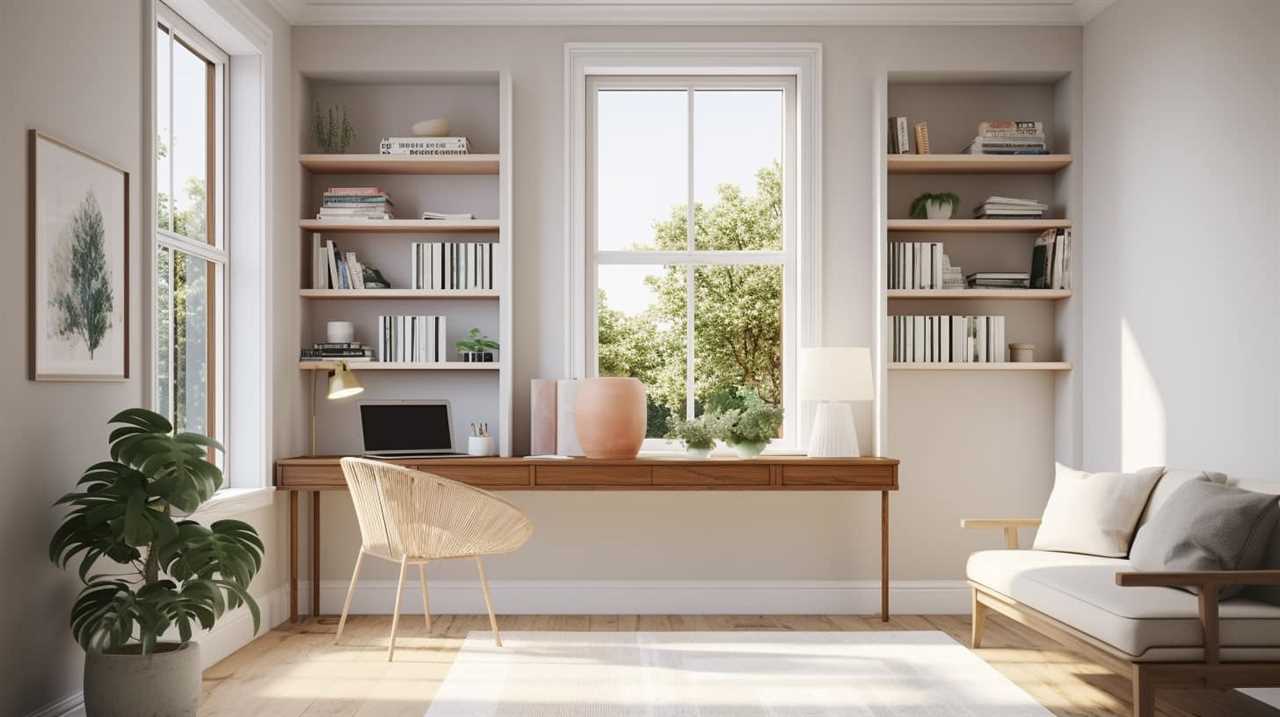
Letting Go of Excess Possessions
By decluttering our living spaces and consciously choosing what we keep, we can liberate ourselves from the burden of excess possessions. Letting go of our sentimental items can be difficult, but the benefits of living with less are truly life-changing.
Here are three reasons why embracing minimalism and releasing our attachment to material possessions can lead to greater freedom:
-
Reduced stress: Having fewer possessions means less to clean, organize, and maintain. This frees up time and mental energy to focus on what truly matters in life, like spending quality time with loved ones or pursuing meaningful hobbies.
-
Increased clarity: When we let go of excess possessions, we create physical and mental space for clarity and creativity. It becomes easier to make decisions and prioritize our goals, leading to a more fulfilling and purpose-driven life.
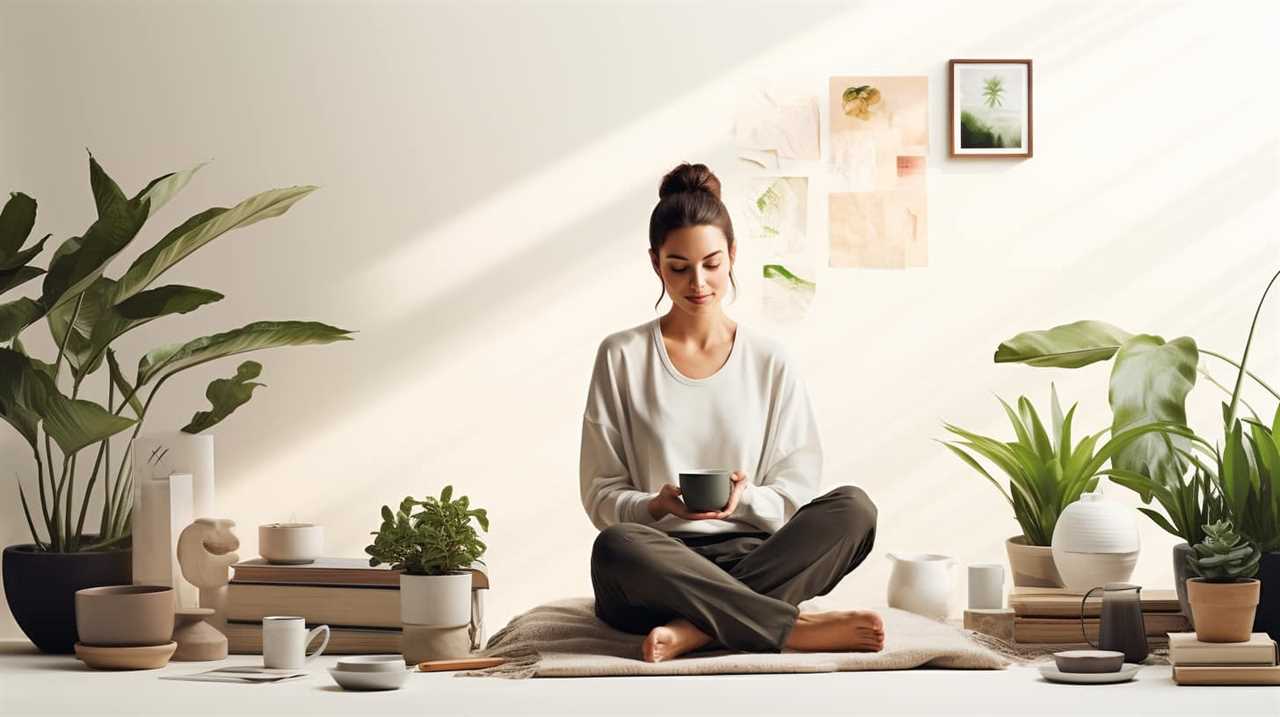
-
Enhanced gratitude: Living with less helps us appreciate the things we truly need and cherish. We become more grateful for the simple joys in life, fostering a sense of contentment and fulfillment.
Creating a Minimalist Workspace
We can transform our work environment into a minimalist sanctuary by decluttering our desks and removing unnecessary distractions. A minimalist workspace allows us to focus on our tasks and be more productive.
Start by clearing off your desk and only keeping essential items within reach. Invest in storage solutions, such as drawer organizers and file folders, to keep everything organized and out of sight.
Choose a simple and clean design for your desk and office furniture, opting for minimalist decor that promotes a sense of calm and serenity. Eliminate any unnecessary electronics or gadgets that only serve as distractions.
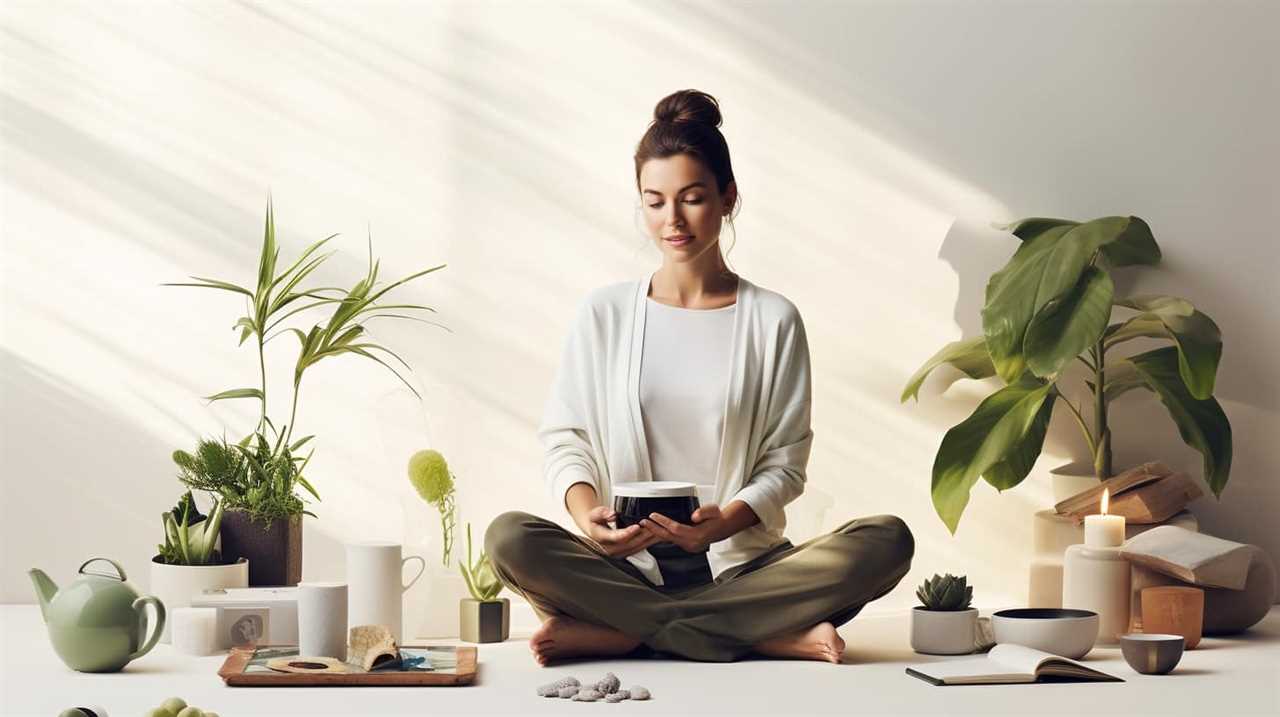
By creating a minimalist office, we can create a space that promotes productivity, clarity, and focus.
Now, let’s see how adopting a minimalist approach to finances can further enhance our freedom and well-being.
Adopting a Minimalist Approach to Finances
Let’s talk about how adopting a minimalist approach to finances can bring us greater freedom and peace of mind.
One key aspect is budgeting for financial freedom, which involves setting clear goals and allocating our resources wisely.
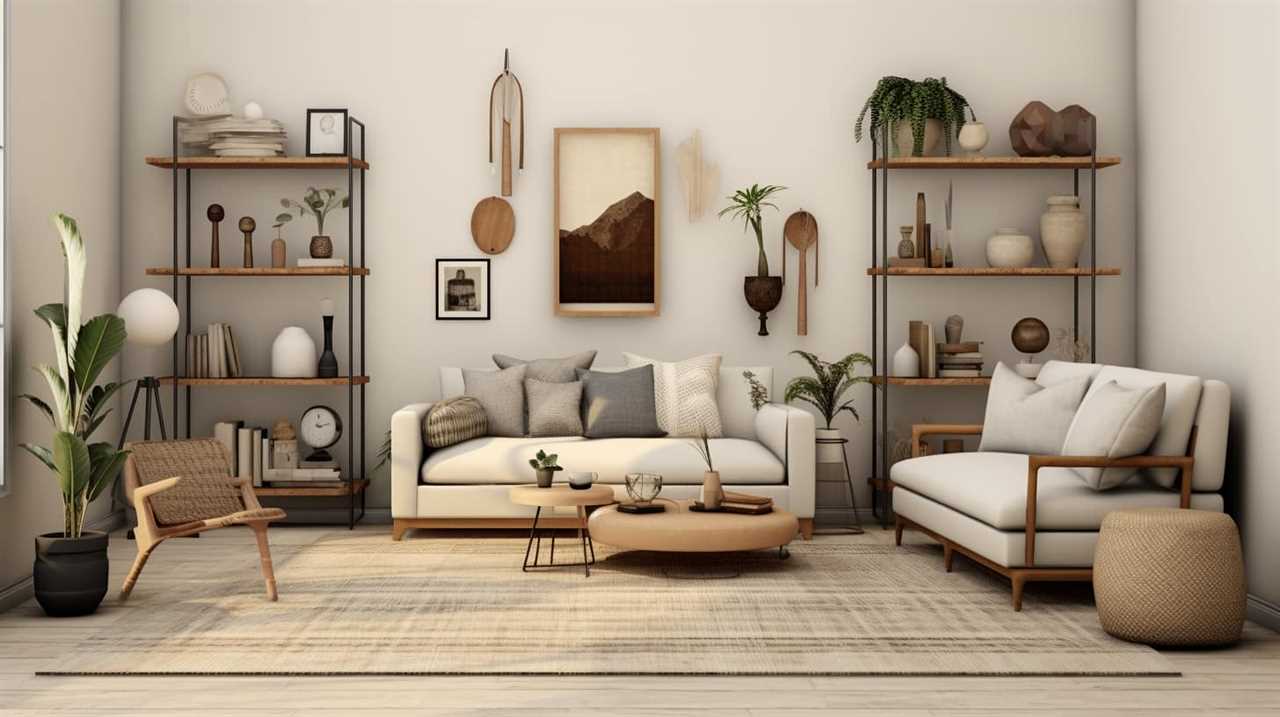
Simplifying money management is another important step, as it allows us to streamline our finances and reduce unnecessary stress.
Lastly, embracing frugal living can help us prioritize our spending, save money, and focus on what truly matters in life.
Budgeting for Financial Freedom
As we strive for financial freedom, we must embrace a minimalist approach to our finances by focusing on budgeting and cutting unnecessary expenses. By adopting a minimalist mindset towards our finances, we can prioritize our spending and allocate our resources more effectively.
Here are three key strategies to help us achieve financial freedom:
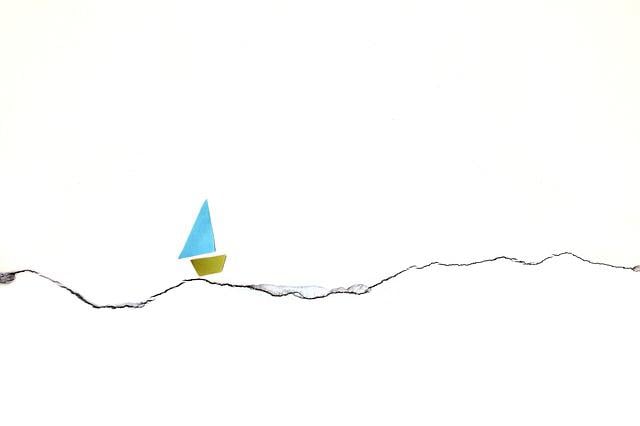
-
Create a budget: Start by analyzing your income and expenses to create a realistic budget. Allocate funds for essential expenses such as housing, utilities, and groceries, and set aside a portion for savings and investments. Tracking your spending will help you identify areas where you can cut back and save money.
-
Cut unnecessary expenses: Evaluate your spending habits and identify non-essential items or services that you can eliminate or reduce. This could include eating out less, canceling unused subscriptions, or finding more cost-effective alternatives.
-
Prioritize savings: Make saving a priority by setting aside a portion of your income each month. Consider automating your savings to make it easier and more consistent. Building an emergency fund and investing in the future will provide a financial safety net and help you achieve long-term financial goals.
Simplifying Money Management
Our first step in adopting a minimalist approach to our finances is simplifying our money management. By implementing effective savings strategies and embracing minimalistic investments, we can pave the way towards financial freedom.
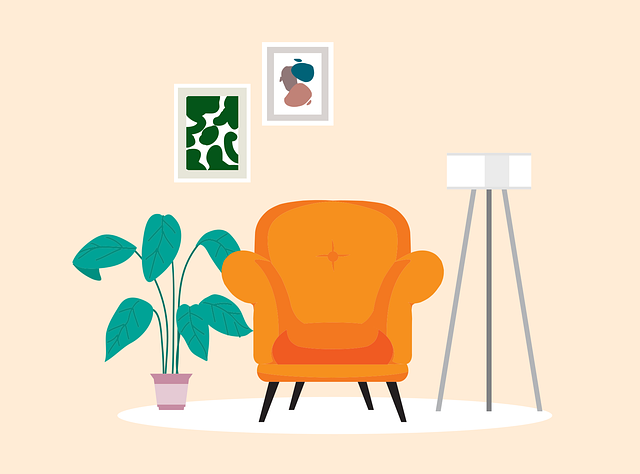
To simplify money management, we can start by creating a budget that aligns with our values and priorities. This budget should include a clear breakdown of our income and expenses, allowing us to track our spending and identify areas where we can cut back.
Another important step is to automate our financial transactions, such as setting up automatic bill payments and savings contributions. This not only saves time but also ensures that we stay on track with our financial goals.
Additionally, we can minimize the number of financial accounts we have, consolidating them into a few trusted institutions. This simplifies the management of our finances and reduces the risk of overlooking any important details.
Embracing Frugal Living
To truly embrace frugal living and adopt a minimalist approach to our finances, we must prioritize conscious spending and make intentional choices about how we allocate our resources.

By incorporating frugal eating into our daily lives, we can save money while still enjoying delicious and nutritious meals. This means planning meals in advance, buying ingredients in bulk, and avoiding unnecessary food waste.
Another way to practice frugality is through minimalist travel. Instead of splurging on luxurious accommodations and extravagant experiences, we can opt for budget-friendly options and focus on exploring the local culture and natural beauty.
Practicing Mindfulness and Gratitude
Practicing mindfulness and gratitude allows us to cultivate a deeper sense of appreciation for the present moment. It involves self-reflection and acknowledging the blessings and positive aspects of our lives.
By practicing mindfulness, we become more aware of our thoughts, feelings, and sensations, allowing us to fully experience and embrace the present moment. This heightened awareness helps us to let go of negative thoughts and worries, leading to a greater sense of peace and happiness.
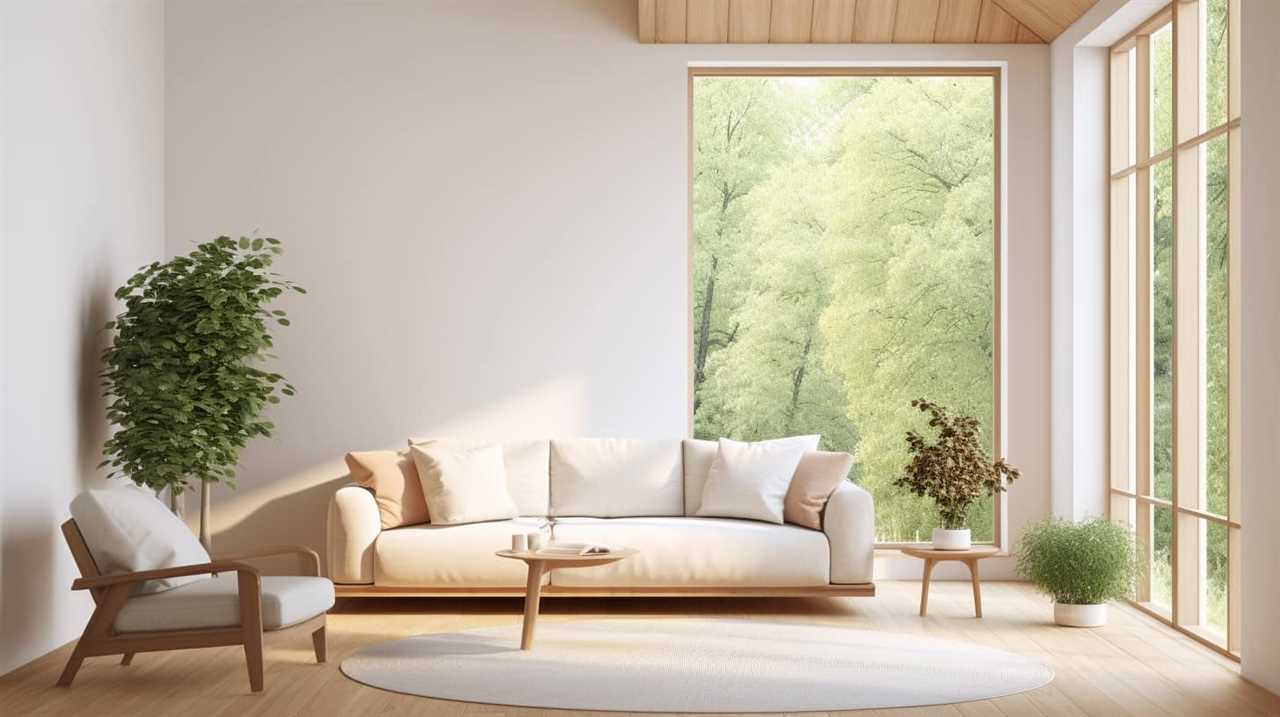
Gratitude, on the other hand, involves consciously recognizing and appreciating the good things in our lives, big or small. It shifts our focus from what we lack to what we have, fostering a positive mindset and attracting more positivity into our lives.
Embracing Slow Living and Intentional Choices
When we embrace slow living and make intentional choices, we prioritize quality over quantity and find greater freedom in our daily lives. Slow living is about intentionally slowing down the pace of life, allowing us to savor each moment and be fully present. By consciously choosing what we bring into our lives and how we spend our time, we create space for what truly matters.
Here are three ways embracing slow living and intentional choices can bring greater freedom:
-
Decluttering: By getting rid of excess belongings and simplifying our surroundings, we reduce distractions and create a sense of calm and clarity.
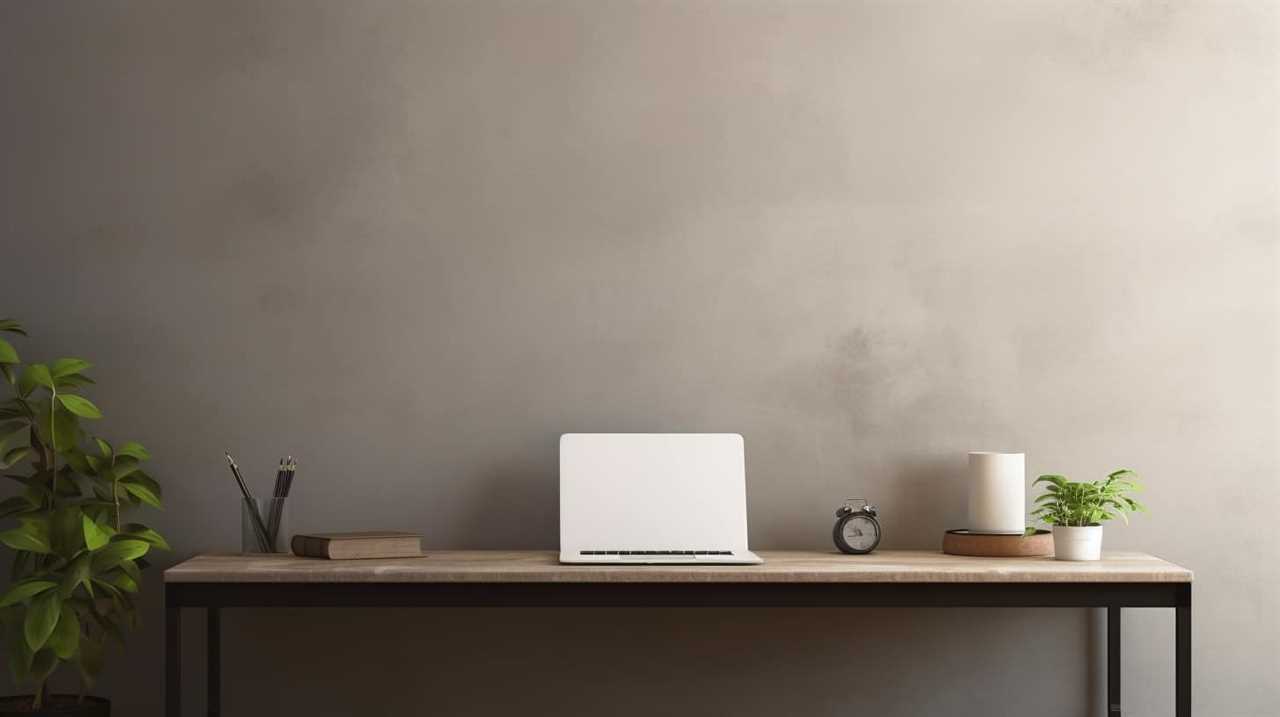
-
Mindful Consumption: Making thoughtful and intentional choices about what we buy and consume helps us avoid unnecessary waste and encourages a more sustainable lifestyle.
-
Time for Self-Care: Prioritizing self-care and setting boundaries allows us to recharge and nurture ourselves, leading to increased well-being and balance.
Cultivating Meaningful Relationships and Experiences
When it comes to minimalist living, cultivating meaningful relationships and experiences is key to finding greater freedom.
By prioritizing quality connections, we can focus on building deep and genuine bonds with the people who truly matter to us.
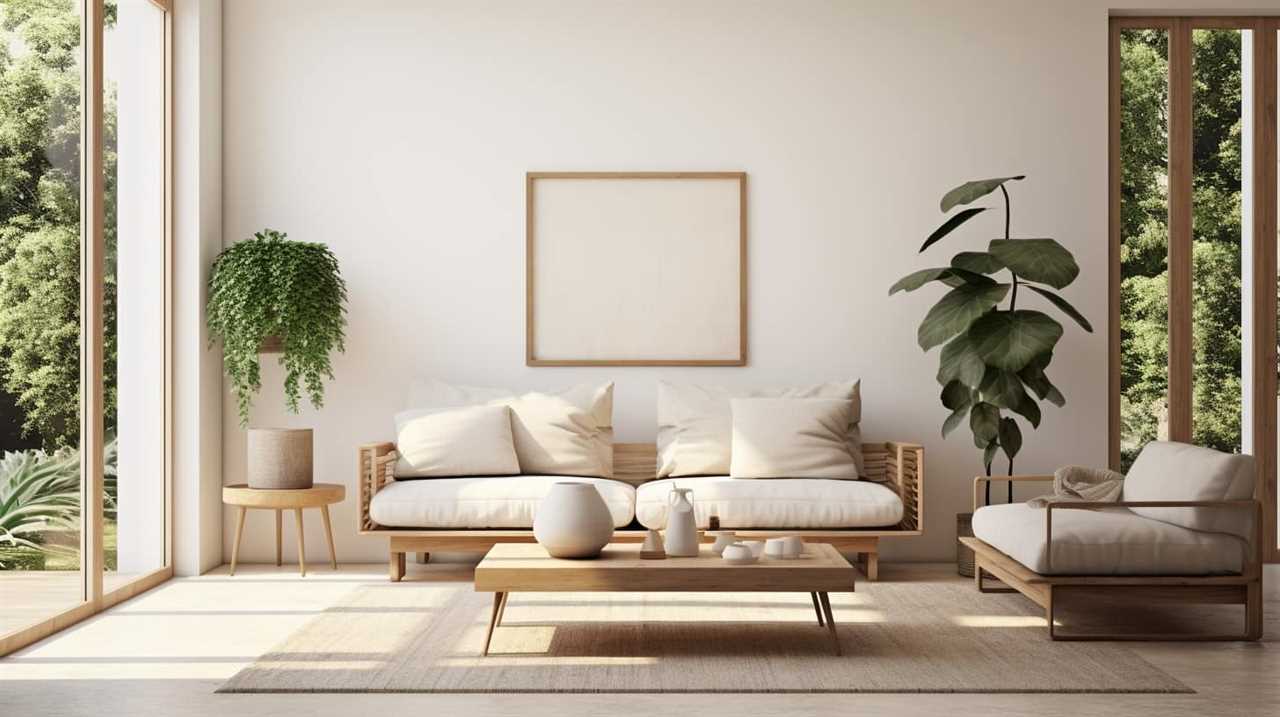
Additionally, embracing new adventures and experiences allows us to create memories and moments that bring us joy and fulfillment.
Prioritizing Quality Connections
By fostering meaningful relationships and experiences, we can prioritize quality connections and enhance our minimalist lifestyle. In a world filled with constant distractions and superficial interactions, it’s essential to carve out time for quality connections that truly nourish our souls.
Here are three ways to prioritize meaningful relationships and experiences:
-
Spend quality time: Set aside dedicated time to connect with loved ones, free from distractions. Whether it’s a weekly dinner, a weekend getaway, or even just a phone call, make sure to give your undivided attention and truly engage in the moment.
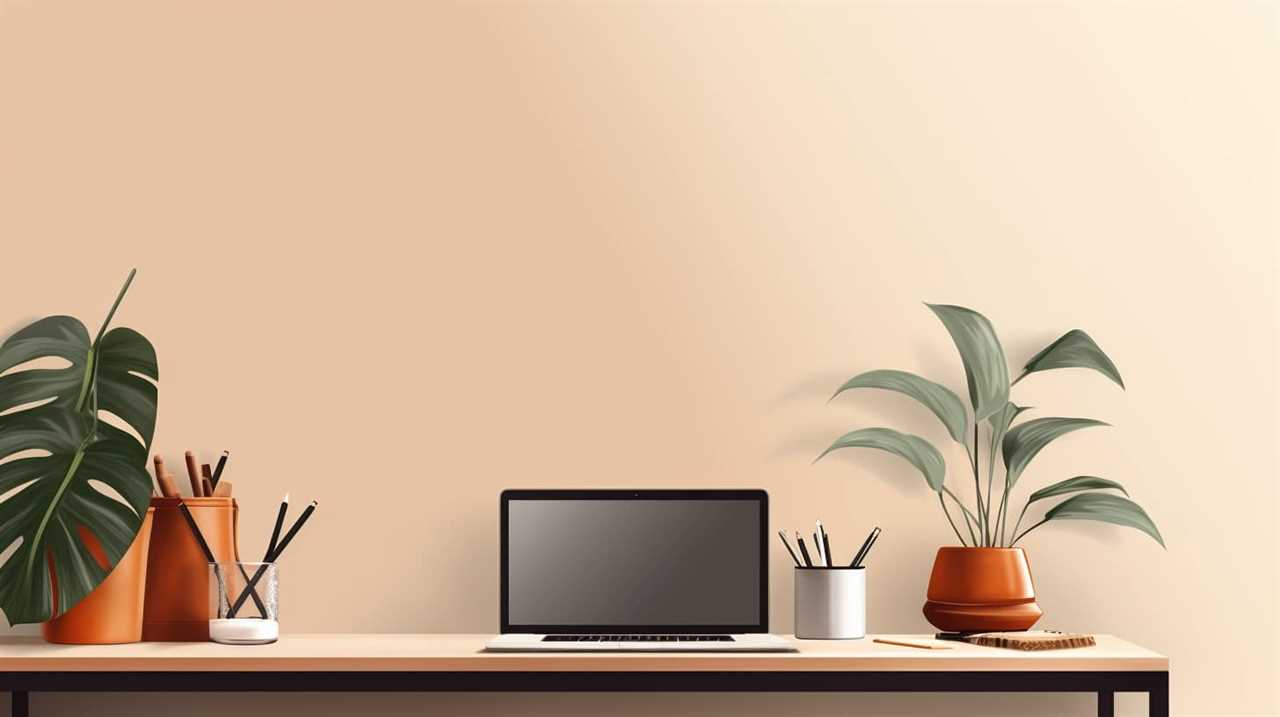
-
Cultivate deep connections: Focus on building meaningful relationships that go beyond surface-level interactions. Invest time and effort into understanding and supporting each other on a deeper level. Share your dreams, fears, and aspirations, and encourage others to do the same.
-
Create lasting memories: Seek experiences that create lasting memories and strengthen your bond with others. Whether it’s embarking on an adventure, learning something new together, or simply enjoying a shared hobby, prioritize experiences that bring joy, growth, and connection.
Embracing New Adventures
Let’s embark on new adventures that cultivate meaningful relationships and experiences, allowing us to expand our horizons and embrace the fullness of life.
One great way to do this is by exploring new hobbies. By engaging in activities we love, we not only find joy and fulfillment, but we also have the opportunity to connect with others who share our interests. Whether it’s painting, cooking, or playing a musical instrument, these new hobbies can provide a platform for building meaningful relationships and creating lasting memories.
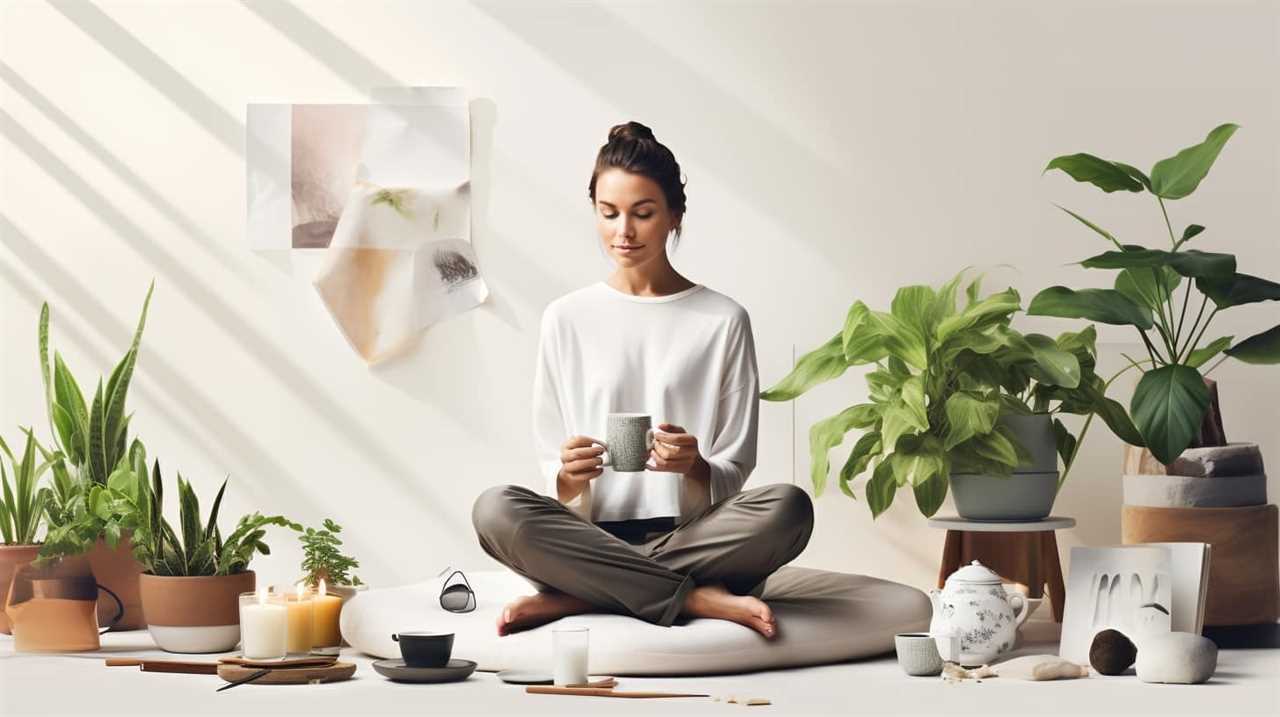
Another way to embrace new adventures is by exploring nature. Nature has a way of rejuvenating our spirits and connecting us to something greater than ourselves. Going on hikes, camping trips, or simply taking a leisurely stroll through a park can allow us to experience the beauty and wonder of the natural world. It provides us with a sense of peace and tranquility while fostering a deeper appreciation for our environment.
Moreover, exploring nature with others can strengthen our relationships and create shared experiences that we’ll cherish for a lifetime.
Frequently Asked Questions
How Do I Declutter Sentimental Items That I Have an Emotional Attachment To?
When it comes to decluttering sentimental items, we often struggle with emotional attachment. However, learning to let go can bring greater freedom and clarity to our lives. Here are some tips to help you navigate this process.
What Are Some Tips for Simplifying a Wardrobe When You Have a Wide Range of Personal Styles and Preferences?
Tips for creating a capsule wardrobe include prioritizing and curating a versatile collection. By considering your personal styles and preferences, you can choose pieces that can be mixed and matched to create countless stylish outfits.
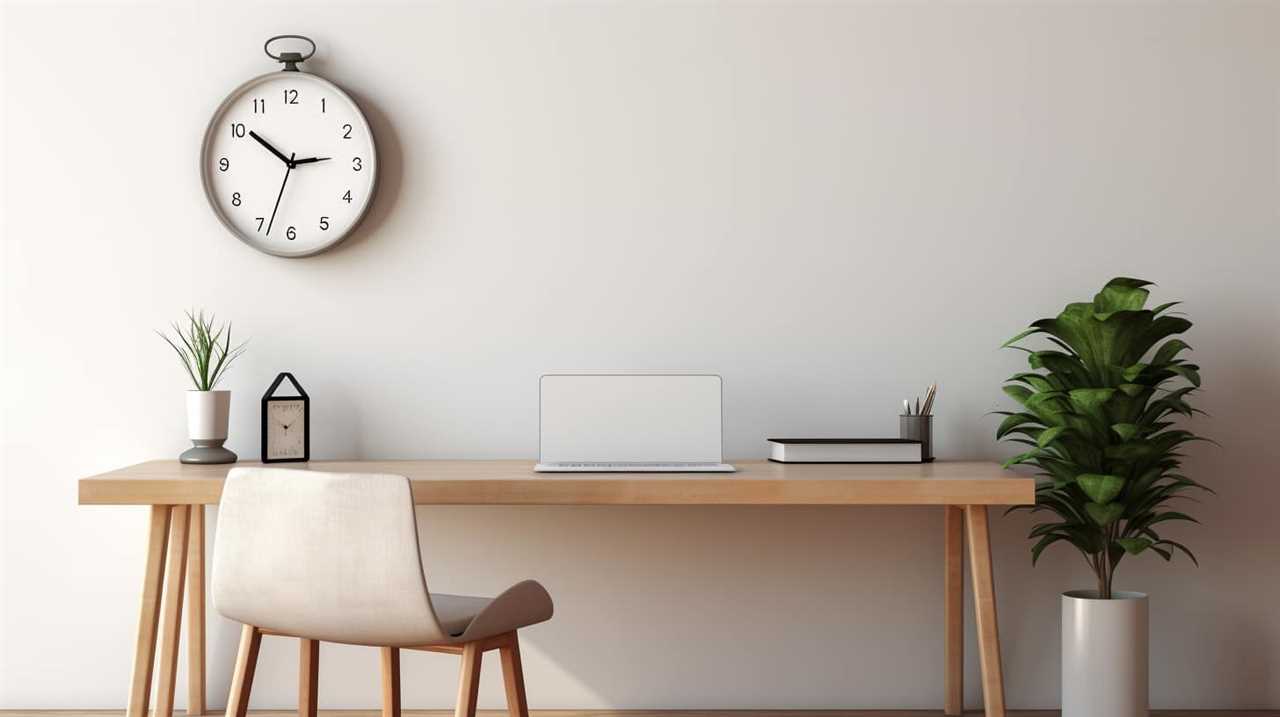
How Can I Minimize Digital Distractions Without Completely Disconnecting From Technology?
We’ve discovered the secret to minimizing digital distractions without completely disconnecting from technology. It’s all about tech moderation. Find the balance that works for you, and embrace a more focused and intentional digital lifestyle.
Are There Any Specific Strategies or Tools for Streamlining Daily Routines for Busy Individuals?
Strategies and tools can greatly streamline daily routines for busy individuals. By prioritizing tasks, creating efficient schedules, and utilizing productivity apps, we can maximize our time and achieve greater freedom in our lives.
How Do I Determine Which Possessions Are Excess and Should Be Let Go Of, Especially if They Hold Some Value or Potential Use in the Future?
Determining the value of possessions and letting go can be challenging, especially when there’s emotional attachment or potential future use. But by prioritizing freedom and decluttering, we can create a more fulfilling and minimalist lifestyle.
Conclusion
In conclusion, by embracing the elements of minimalist living, we can experience greater freedom and fulfillment in our lives.
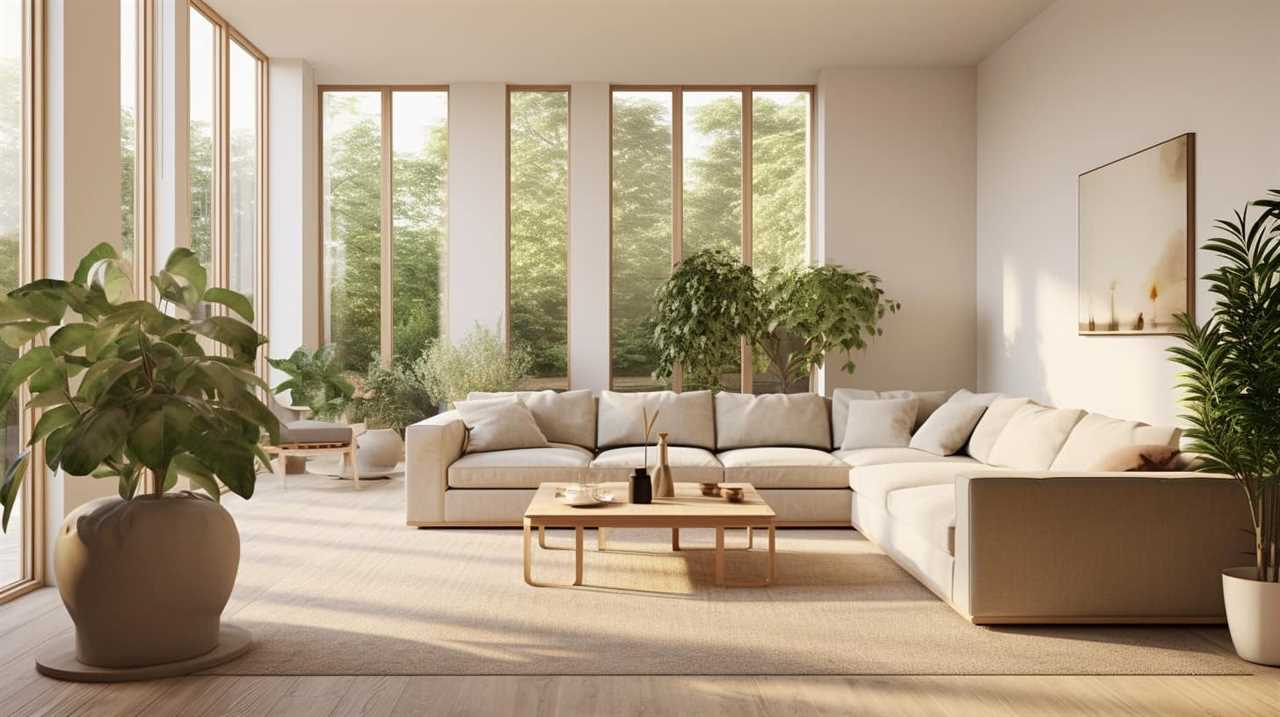
Decluttering our physical space, simplifying our wardrobe, and minimizing digital distractions all contribute to a more peaceful and focused mindset.
Streamlining our daily routines and adopting a minimalist approach to finances allows us to prioritize what truly matters.
Practicing mindfulness and gratitude, embracing slow living, and cultivating meaningful relationships and experiences are essential for a more intentional and joyful life.
So let’s bid farewell to excess and embrace the beauty of simplicity!
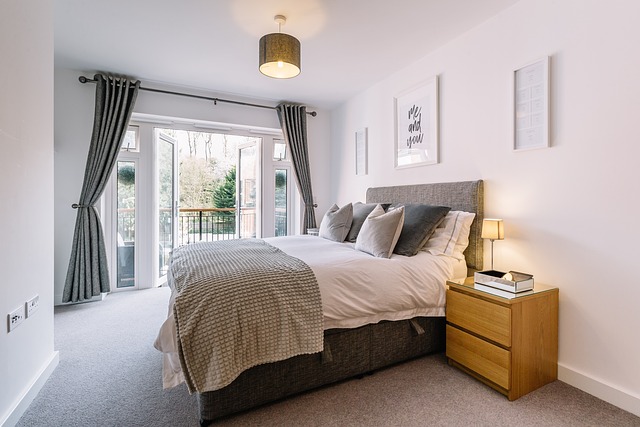
I’m Theodore, and I love tiny houses. In fact, I’m the author of Tiny House 43, a book about tiny houses that are also tree houses. I think they’re magical places where imaginations can run wild and adventures are just waiting to happen.
While tree houses are often associated with childhood, they can be the perfect adult retreat. They offer a cozy space to relax and unwind, surrounded by nature. And since they’re typically built on stilts or raised platforms, they offer stunning views that traditional homes simply can’t match.
If you’re looking for a unique and romantic getaway, a tree house tiny house might just be the perfect option.
Minimalism
Seize the Minimalist Life: Steps to Uncomplicate Your Living

Do you feel exhausted and stifled by the chaos of daily life? We understand how you feel. But don’t worry, we have found a way to simplify our lives.
Join us as we embark on a journey to seize the minimalist life. In this article, we will share practical steps to assess your living space, declutter your home, minimize digital distractions, and simplify your finances.
Get ready to let go of what no longer serves you and embrace a life of simplicity and fulfillment.
Key Takeaways
- Identify areas in your living space that can be decluttered and organized
- Prioritize what truly matters to you and align your living space accordingly
- Declutter and make extra cash by selling unused items
- Begin your minimalist journey by getting rid of excess possessions
Assess Your Living Space
As we begin to simplify our lives, it’s important to assess our living space and identify areas that can be decluttered and organized. Assessing our priorities and optimizing space is a crucial step towards creating a more peaceful and functional home.

Take a moment to consider what truly matters to you and how your living space can support those priorities. Is there a room that could be repurposed to better serve your needs? Are there belongings that no longer bring you joy or serve a purpose?
Declutter Your Home
Let’s take a moment to reflect on the benefits of minimalism and how it can transform our lives.
By decluttering our homes, we create a space that’s peaceful, organized, and conducive to productivity.
To help you on this journey, we’ll share practical tips and strategies for decluttering and organizing your living space.

Benefits of Minimalism
We definitely feel lighter and more relaxed after decluttering our home through minimalism. The benefits of minimalism go beyond just having a clean and organized space. It allows us to focus on what truly matters in life and eliminate distractions. By simplifying our surroundings, we create a sense of calm and clarity, which positively impacts our overall well-being.
We become more mindful of our possessions and develop a greater appreciation for the things we have. Minimalism also helps us save time and money by reducing the need to constantly acquire and maintain material belongings. It allows us to prioritize experiences, relationships, and personal growth over material possessions.
Now that we’ve experienced the benefits of minimalism, let’s explore some organizing tips for decluttering and maintaining an uncluttered home.
Organizing Tips for Decluttering
Our initial step in decluttering our home is to begin with a small area, such as a drawer or a closet, to ensure a manageable and efficient process. By starting small, we can build momentum and feel a sense of accomplishment as we see the clutter disappear.
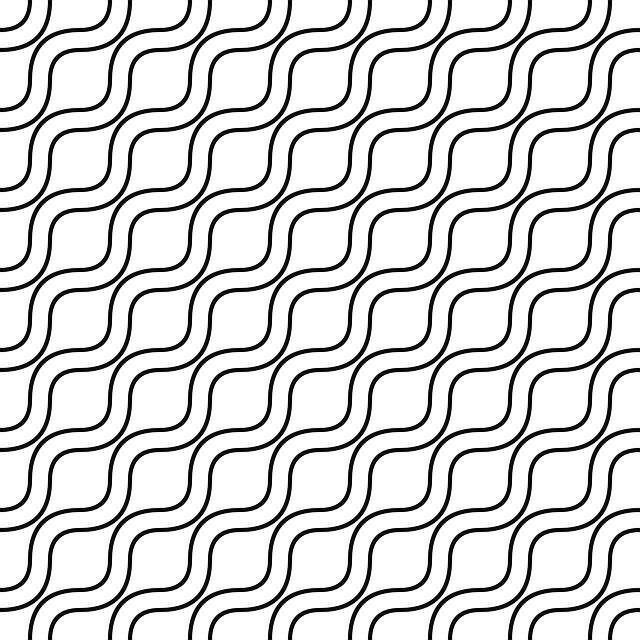
As we declutter, it’s important to assess our progress regularly. Take a moment to step back and evaluate how far you have come. Celebrate the small victories along the way.
Once we’ve decluttered, the key is to maintain organization. Create systems and routines that support a clutter-free lifestyle. Find a place for everything and make it a habit to put things back in their designated spot.
Regularly reassess and declutter to prevent the accumulation of unnecessary items. Remember, decluttering is an ongoing process, but with dedication and perseverance, we can create a home that’s organized and peaceful.
Sell Unused Items
Let’s turn our clutter into cash and simplify our lives by selling unused items.
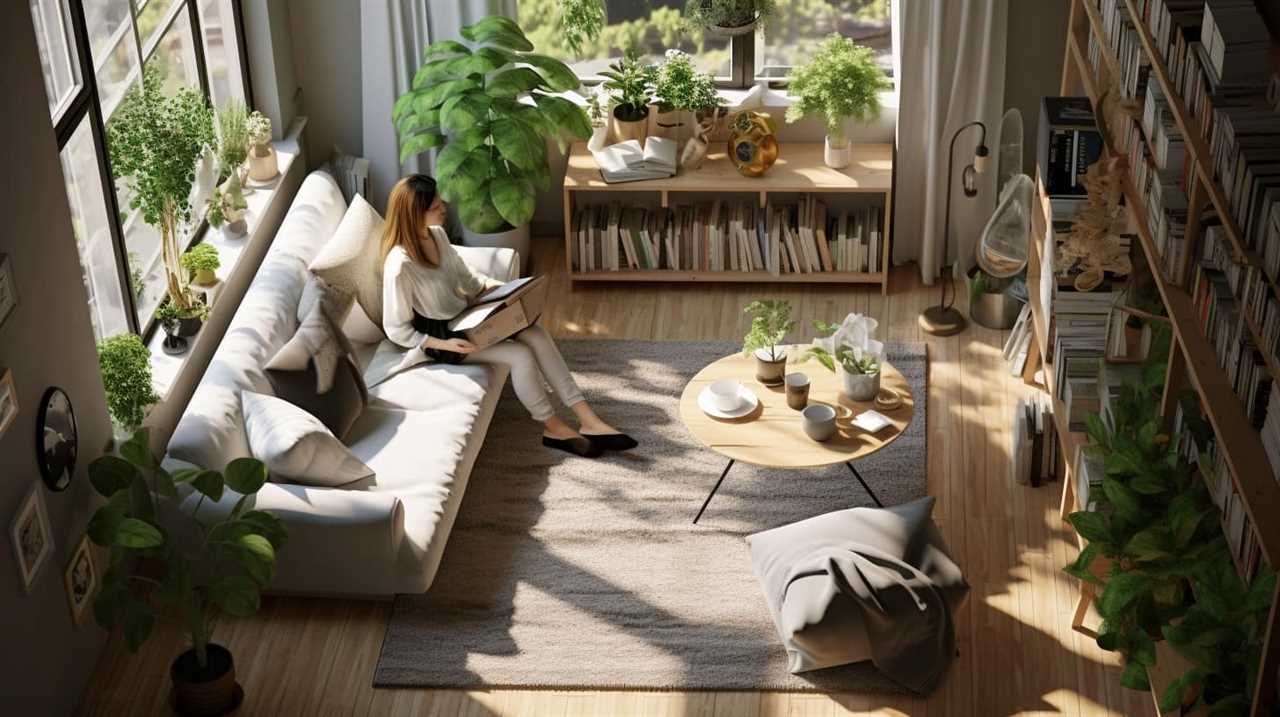
By decluttering our homes and getting rid of things we no longer need or use, we can create more space and reduce stress.
Not only will this help us declutter, but it will also give us the opportunity to monetize our belongings and make some extra money in the process.
Declutter for Cash
Selling our unused items is a great way to declutter and make some extra cash. As we embrace the minimalist lifestyle, it’s important to let go of things that no longer serve a purpose in our lives. Decluttering strategies can help us identify these items and turn them into opportunities for financial gain.
Take a moment to evaluate your possessions and ask yourself, ‘Do I really need this?’ If the answer is no, consider selling it. Whether it’s through online marketplaces, garage sales, or consignment stores, there are numerous avenues to sell your unused items.
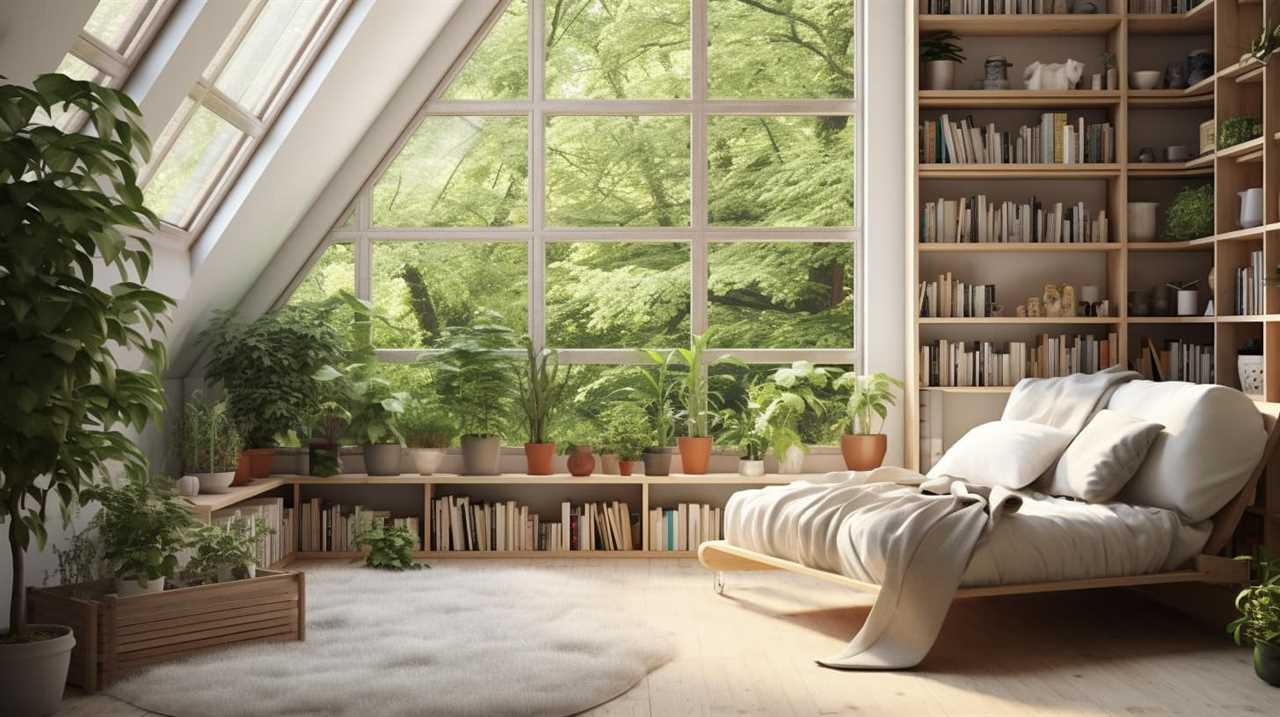
Not only will you free up physical space, but you’ll also experience the joy of knowing that someone else can benefit from the things you no longer need. So, let’s declutter for cash and create a minimalist life that serves not only ourselves but also others.
Simplify, Monetize Belongings
We can regularly declutter and monetize our belongings by selling unused items. By adopting a minimalist mindset, we can simplify our lives and create space for what truly matters.
Here are some practical ways to monetize your belongings:
-
Host a garage sale: Gather all the items you no longer need or use and invite your neighbors and friends to browse and purchase them. Not only will you make some extra cash, but you’ll also foster a sense of community.

-
Sell online: Take advantage of online platforms such as eBay or Facebook Marketplace to reach a wider audience. Take clear pictures, write detailed descriptions, and price your items competitively.
-
Monetize hobbies: If you have a talent or skill, consider turning it into a side hustle. Whether it’s making crafts, baking, or photography, you can sell your creations and earn money doing what you love.
Downsize Your Possessions
As we begin our journey towards a minimalist lifestyle, it’s time to start by getting rid of excess possessions. Downsizing can be a liberating experience, allowing us to declutter our lives and create a more peaceful and organized space. Here are some downsizing tips to help you on your path to a minimalist home.
First, tackle one room at a time. Start with the easiest room, as this will give you motivation to continue. Sort your belongings into three categories: keep, donate, and discard. Be ruthless in your decision-making process, asking yourself if each item truly adds value to your life.
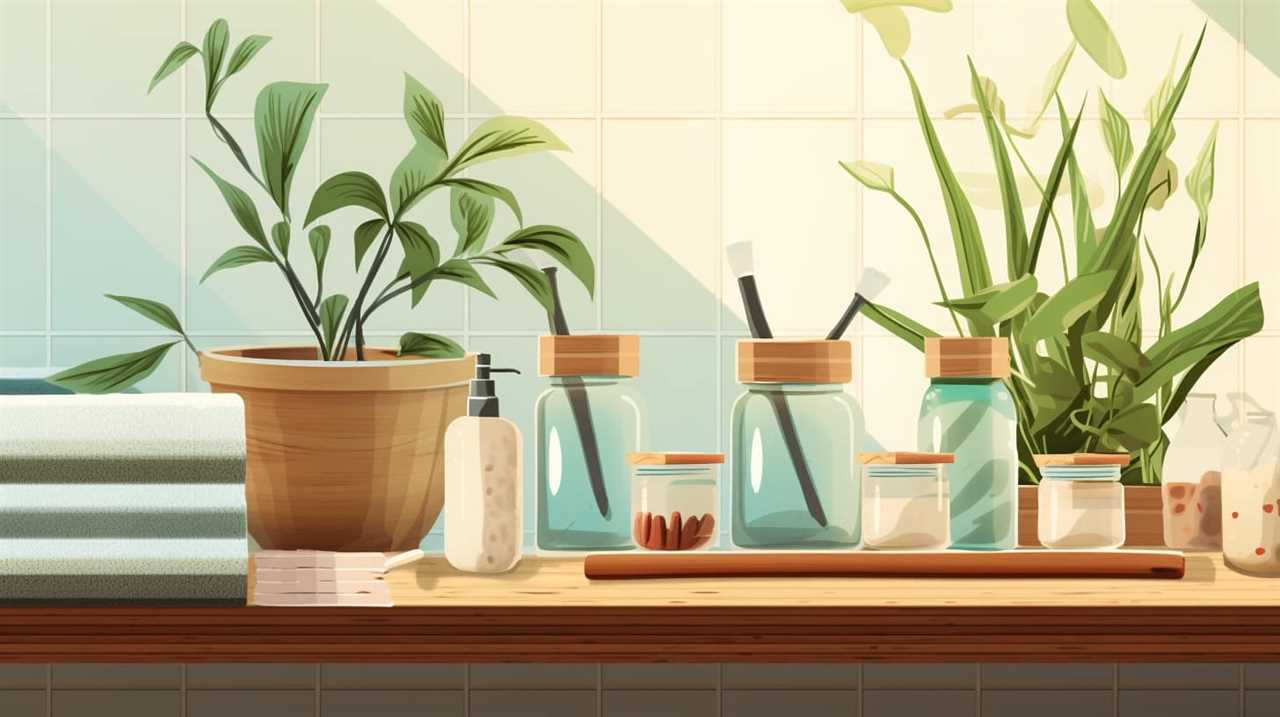
Next, consider the 80/20 rule. This principle suggests that we only use 20% of our possessions 80% of the time. Evaluate each item based on its usefulness and frequency of use. Let go of anything that doesn’t fit into this category.
Lastly, remember that downsizing isn’t about deprivation, but about intentional living. Surround yourself with items that bring you joy and serve a purpose. By simplifying and decluttering, you’ll create a space that’s both aesthetically pleasing and conducive to a calm and focused mind.
Embrace the journey towards a minimalist lifestyle and enjoy the freedom it brings.
Minimize Digital Distractions
To effectively minimize digital distractions, let’s start by identifying the apps and websites that consume most of our time and energy. Take a moment to reflect on how much time you spend scrolling mindlessly through social media or getting caught up in endless online articles. It’s time to take control and implement a digital detox.

Here are three practical ways to start reducing screen time:
-
Set boundaries: Establish specific times during the day when you’ll allow yourself to use your phone or browse the internet. This will help create a healthier balance between your digital life and your real life.
-
Remove unnecessary apps: Delete apps that don’t add value to your life or that contribute to excessive screen time. Focus on keeping only the ones that are essential and meaningful to you.
-
Create tech-free zones: Designate certain areas in your home or office as tech-free zones. This will allow you to fully disconnect and be present in the moment.

Value Experiences Over Material Possessions
Let’s shift our focus from accumulating material possessions to valuing experiences that enrich our lives.
By prioritizing experiences over possessions, we open ourselves up to a world of possibilities and meaningful connections.
Memories and moments shared with loved ones hold more value and bring lasting fulfillment compared to the temporary satisfaction of acquiring material things.
Experiences > Possessions
We prioritize creating memories and cherishing moments over accumulating material possessions. In our pursuit of a minimalist life, we’ve come to realize that experiences hold more value than possessions. Here are three reasons why we believe in prioritizing experiences:

-
Experiences enrich our lives: Time spent with loved ones, exploring new places, and trying new activities can bring immense joy and fulfillment. These experiences shape us and create lasting memories that we can cherish forever.
-
Experiences foster personal growth: Stepping out of our comfort zones and engaging in new experiences helps us learn and grow as individuals. It broadens our perspective, enhances our skills, and boosts our confidence.
-
Experiences build meaningful connections: Sharing experiences with others fosters deeper connections and strengthens relationships. It allows us to create bonds and share moments that can never be replaced by material possessions.
Prioritize Memories, Not Things
Our focus is on cherishing memories, not accumulating material possessions, as we believe that experiences hold more value in our lives. It’s time to shift our mindset and start prioritizing moments over items. Imagine a life filled with unforgettable adventures, meaningful connections, and personal growth.
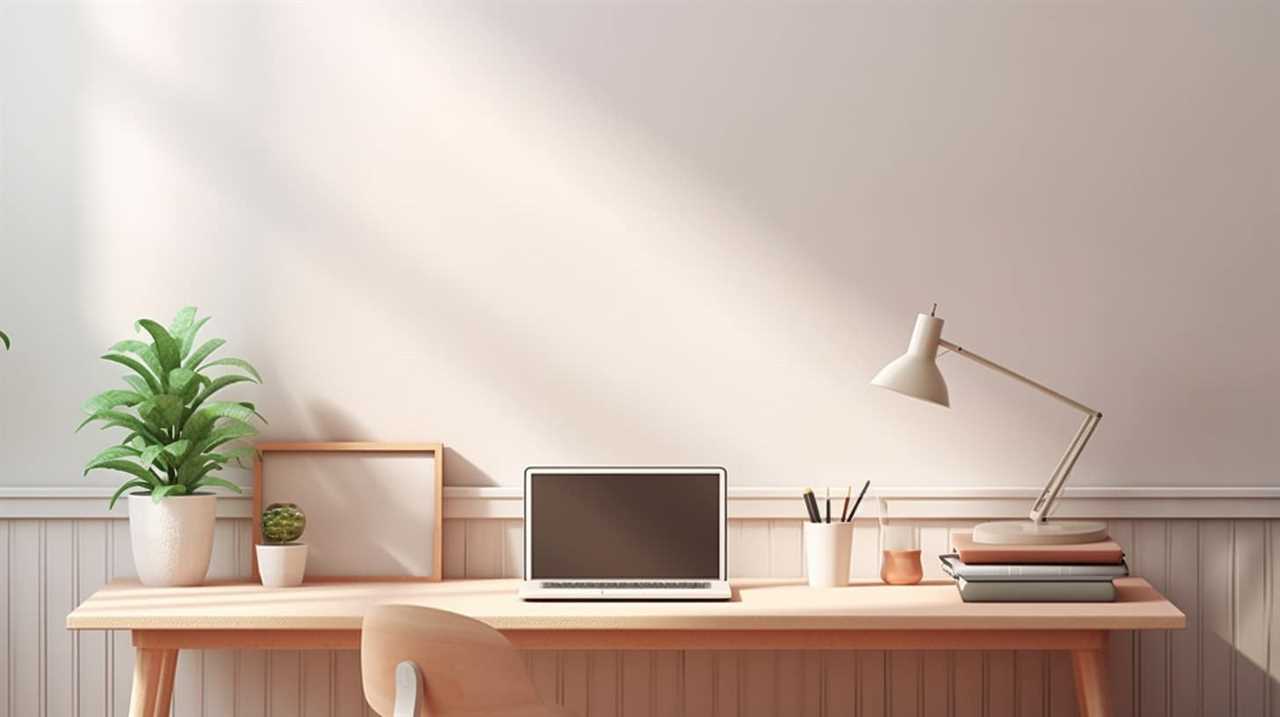
To help you understand the importance of valuing moments, not items, let’s take a look at this table:
| Moments | Items |
|---|---|
| Fill our hearts with joy | Provide temporary happiness |
| Create lasting memories | Collect dust on shelves |
| Foster personal growth | Require maintenance and upkeep |
| Strengthen relationships | Can be easily replaced |
| Bring a sense of fulfillment | Contribute to clutter and stress |
Living intentionally means actively seeking out experiences that bring us joy and fulfillment. It means investing our time, energy, and resources into creating memories that will last a lifetime. Let us embark on this journey of cherishing moments and embracing a minimalist lifestyle.
As we transition into the next section about seeking fulfillment through experiences, remember that life is not measured by the things we own, but by the memories we make.
Seek Fulfillment Through Experiences
How can we find true fulfillment by prioritizing experiences over material possessions? By valuing simplicity and finding contentment in the moments we create. Here are three ways to embrace this mindset:

-
Cultivate meaningful relationships: Focus on building connections and creating memories with loved ones. These experiences will bring lasting joy and fulfillment.
-
Explore the world: Step outside your comfort zone and discover new places and cultures. Traveling allows you to broaden your horizons and gain a deeper appreciation for the world around you.
-
Engage in hobbies and passions: Find activities that bring you joy and make time for them. Whether it’s painting, playing an instrument, or hiking in nature, these experiences will nourish your soul and bring you a sense of fulfillment.
By valuing experiences over material possessions, we can lead a more meaningful and fulfilling life.
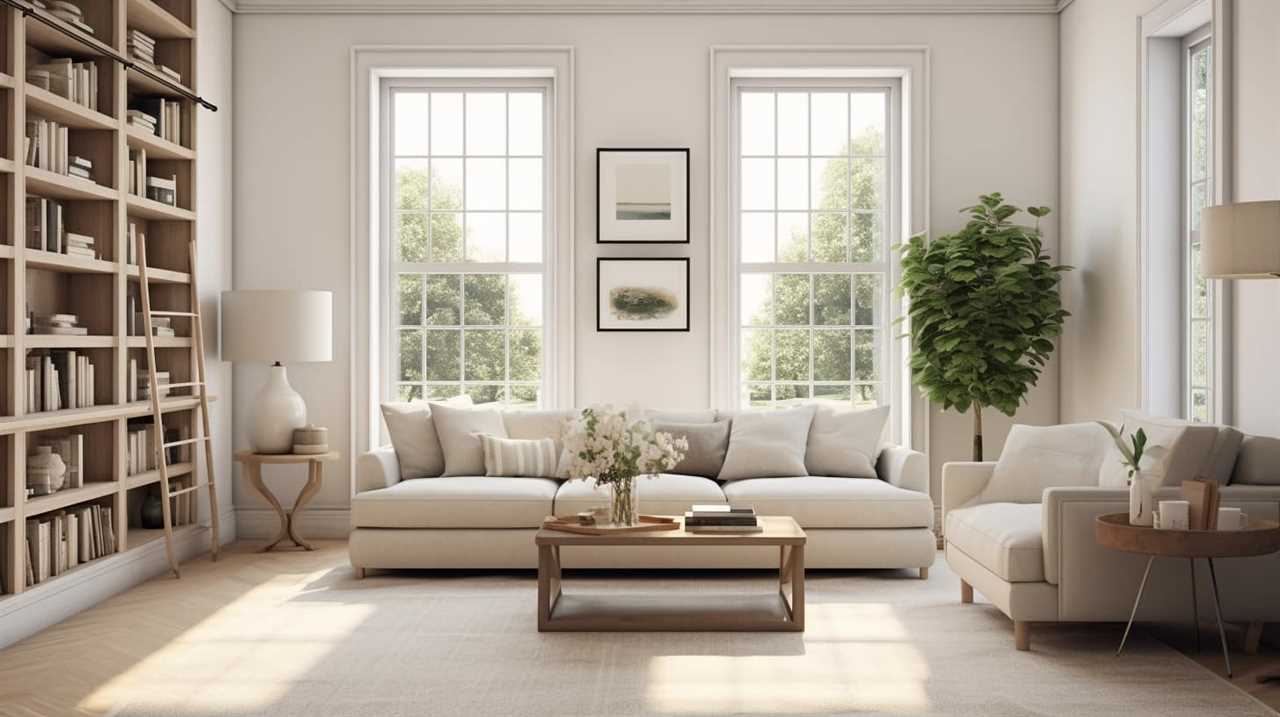
Transitioning into the next section, let’s explore how embracing the concept of ‘less is more’ can further simplify our lives.
Embrace the Concept of ‘Less Is More
As individuals seeking a minimalist lifestyle, we should strive to embrace the concept of ‘less is more’. By simplifying our lives and focusing on what truly matters, we can find greater contentment and fulfillment. Assessing our priorities allows us to let go of material possessions and unnecessary commitments, freeing up time and energy for the things that truly bring us joy and purpose. This shift in mindset can lead to a more intentional and meaningful life. To illustrate this point, let’s take a look at the following table:
| Less is More | More is More |
|---|---|
| Quality over quantity | Accumulating possessions |
| Time for self-care | Constant busyness |
| Meaningful relationships | Superficial connections |
| Mindful consumption | Impulsive buying habits |
| Simplified living spaces | Cluttered and overwhelming environments |
Cultivate Mindful Consumption
Let’s start by actively incorporating mindful consumption into our daily lives, making conscious choices about what we bring into our homes and how we spend our money. Mindful shopping and intentional consumption are powerful tools that can help us simplify our lives and make a positive impact on the world around us. Here are three ways to cultivate mindful consumption:
-
Prioritize quality over quantity: Instead of buying cheap and disposable items, invest in well-made products that will last longer and reduce waste.
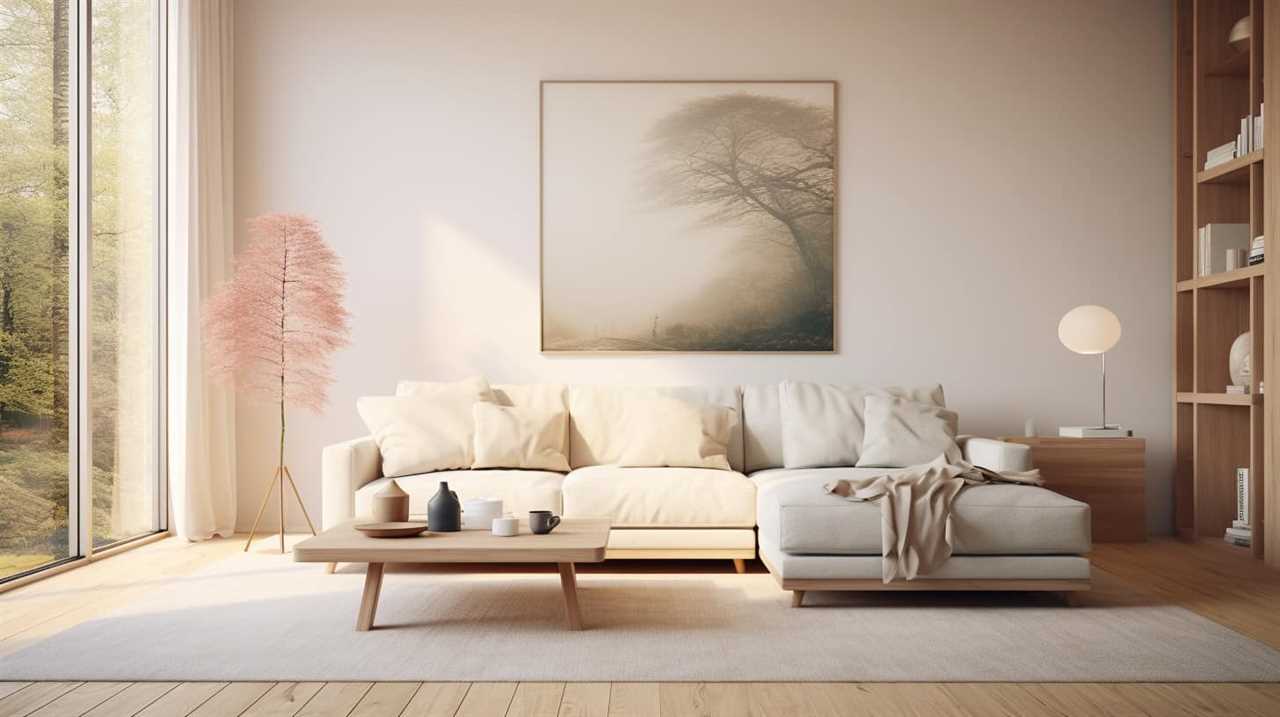
-
Consider the environmental impact: Choose products that are sustainable, eco-friendly, and ethically produced. Look for certifications like Fair Trade and organic.
-
Practice gratitude and contentment: Appreciate what you already have and resist the urge to constantly acquire more. Focus on experiences and relationships rather than material possessions.
Create a Minimalist Wardrobe
We can start by decluttering our closets and combining our existing clothes to create a minimalist wardrobe.
The concept of a capsule wardrobe is gaining popularity, and it aligns perfectly with the minimalistic fashion trends.
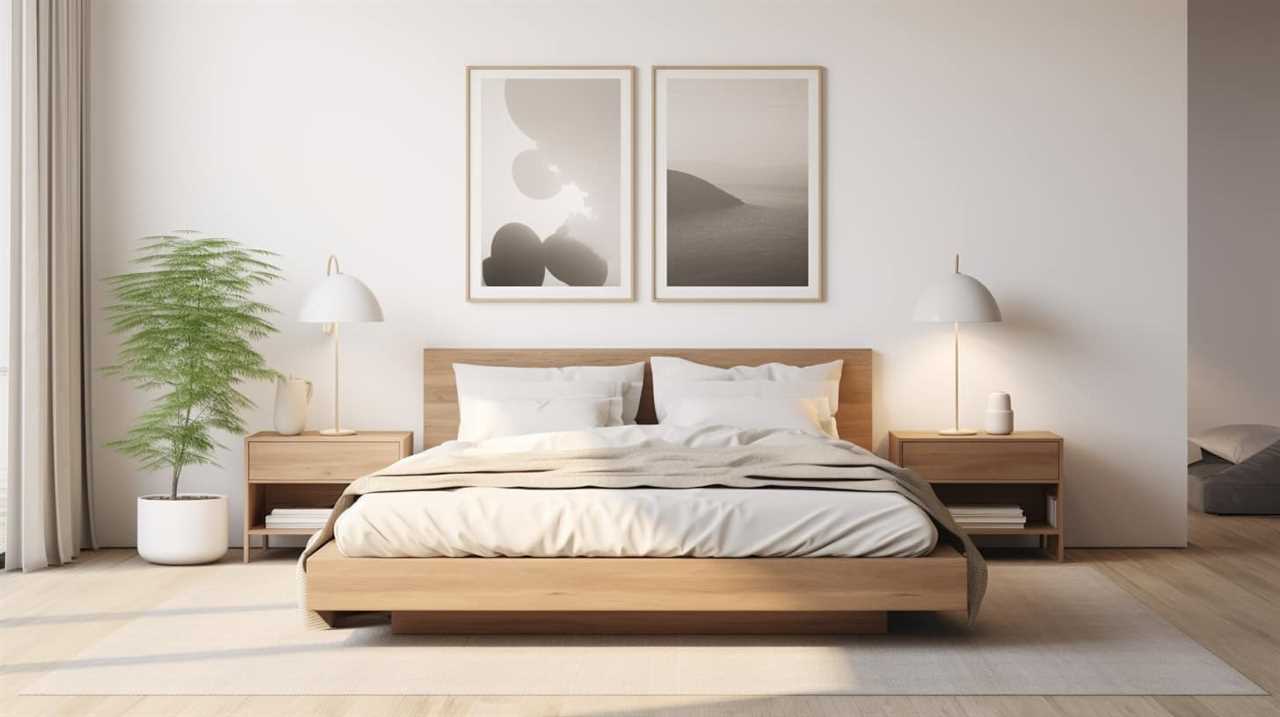
By curating a wardrobe filled with versatile pieces that can be mixed and matched, we can simplify our lives and reduce decision fatigue.
Let go of items that no longer serve a purpose or bring joy, and focus on quality over quantity.
Invest in timeless pieces that will stand the test of time, and prioritize comfort and functionality.
A minimalist wardrobe not only saves us time and money, but it also allows us to focus on what truly matters in life.
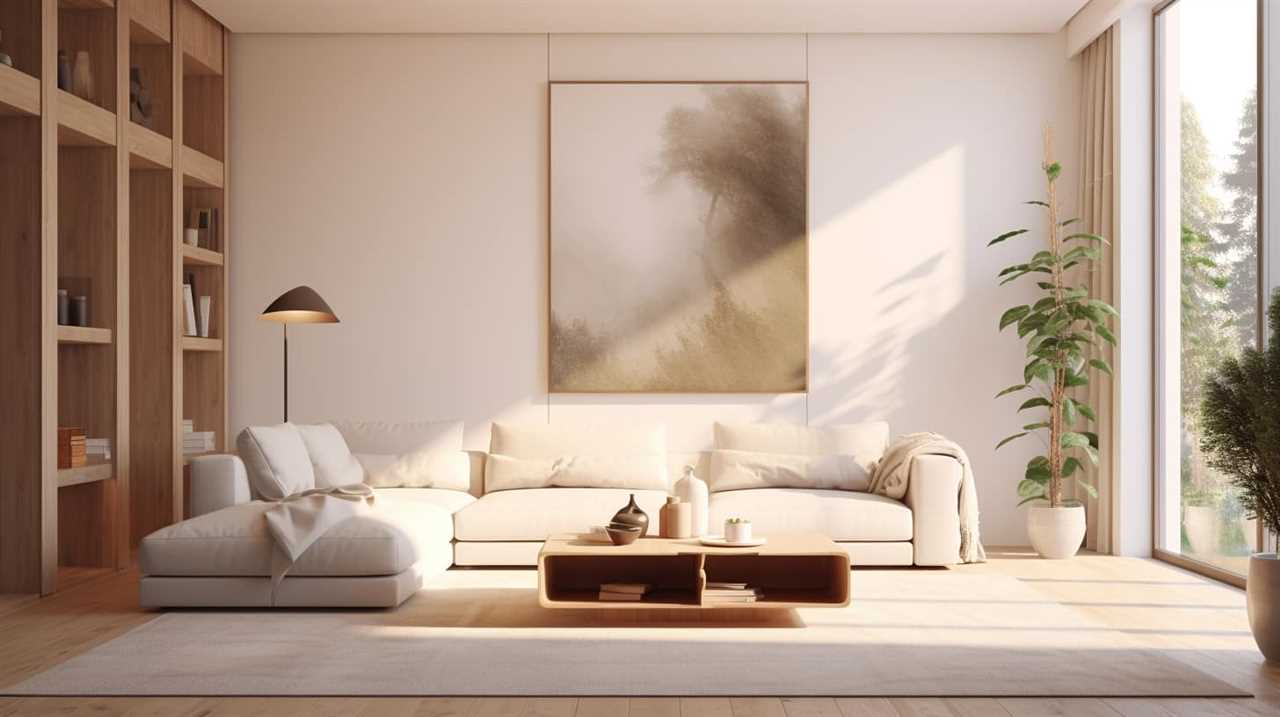
Start embracing the beauty of simplicity and create a wardrobe that serves as a reflection of your values and aspirations.
Simplify Your Finances
By setting clear financial goals and creating a budget, we can take control of our finances and simplify our lives. Simplifying our finances doesn’t mean living in deprivation; it means finding financial freedom and peace of mind.
Here are three ways to simplify budgeting and achieve financial freedom:
-
Prioritize spending: Identify your needs versus wants and allocate your money accordingly. Focus on essentials and cut back on unnecessary expenses.
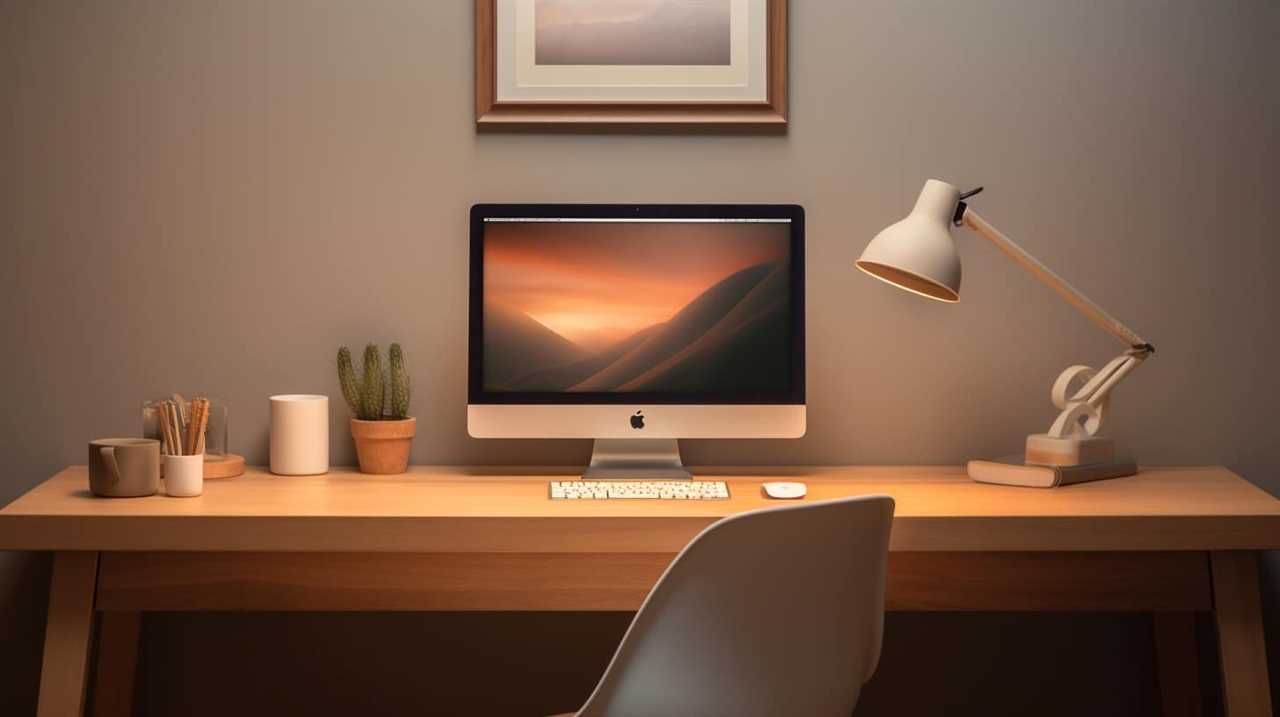
-
Automate savings: Set up automatic transfers to your savings account each month. This will help you save consistently and build an emergency fund.
-
Consolidate debts: If you have multiple debts, consider consolidating them into a single loan with a lower interest rate. This can simplify your monthly payments and save you money in the long run.
By simplifying our finances, we can reduce stress, live within our means, and have more time and energy to focus on what truly matters.
Now, let’s move on to the next step and learn how to streamline our daily routine.

Streamline Your Daily Routine
Simplifying our daily routine allows us to optimize our time and maximize productivity. By streamlining our morning routine and creating a minimalist workspace, we can start our day with focus and intention. Here’s a practical guide to help you simplify your daily routine:
| Steps to Streamline Your Morning Routine | Benefits of a Minimalist Workspace |
|---|---|
| 1. Plan your day the night before | 1. Reduces distractions |
| 2. Create a morning ritual | 2. Enhances creativity |
| 3. Prioritize tasks | 3. Promotes clarity and focus |
Practice Mindful Decorating
Let’s embrace the minimalist lifestyle and infuse mindfulness into our decorating choices. Creating a mindful interior goes beyond just decluttering; it’s about intentionally curating our living spaces to promote peace and harmony.
Here are three simple yet effective ways to incorporate mindful decorating into our lives:
-
Choose minimalist decor: Opt for furniture and accessories that are sleek, simple, and functional. Minimalist decor not only reduces visual clutter but also encourages a sense of calm and serenity.

-
Bring nature indoors: Incorporate elements from nature, such as plants and natural materials, into your decor. These elements not only add a touch of beauty but also promote a sense of tranquility and connection with the natural world.
-
Create a space for mindfulness: Dedicate a quiet corner or a room in your home where you can practice meditation, yoga, or simply unwind. Fill the space with soft lighting, comfortable cushions, and soothing colors to enhance the atmosphere of relaxation.
Prioritize Quality Over Quantity
We should strive for fewer possessions but higher quality ones in order to prioritize quality over quantity. In our quest for a minimalist life, it’s important to assess our needs and make intentional choices about the things we surround ourselves with.
Instead of accumulating a mountain of cheap and disposable items, let’s focus on investing in well-made, long-lasting products that bring us joy and serve us well. By prioritizing quality over quantity, we not only simplify our lives, but we also contribute to a more sustainable and conscious way of living.
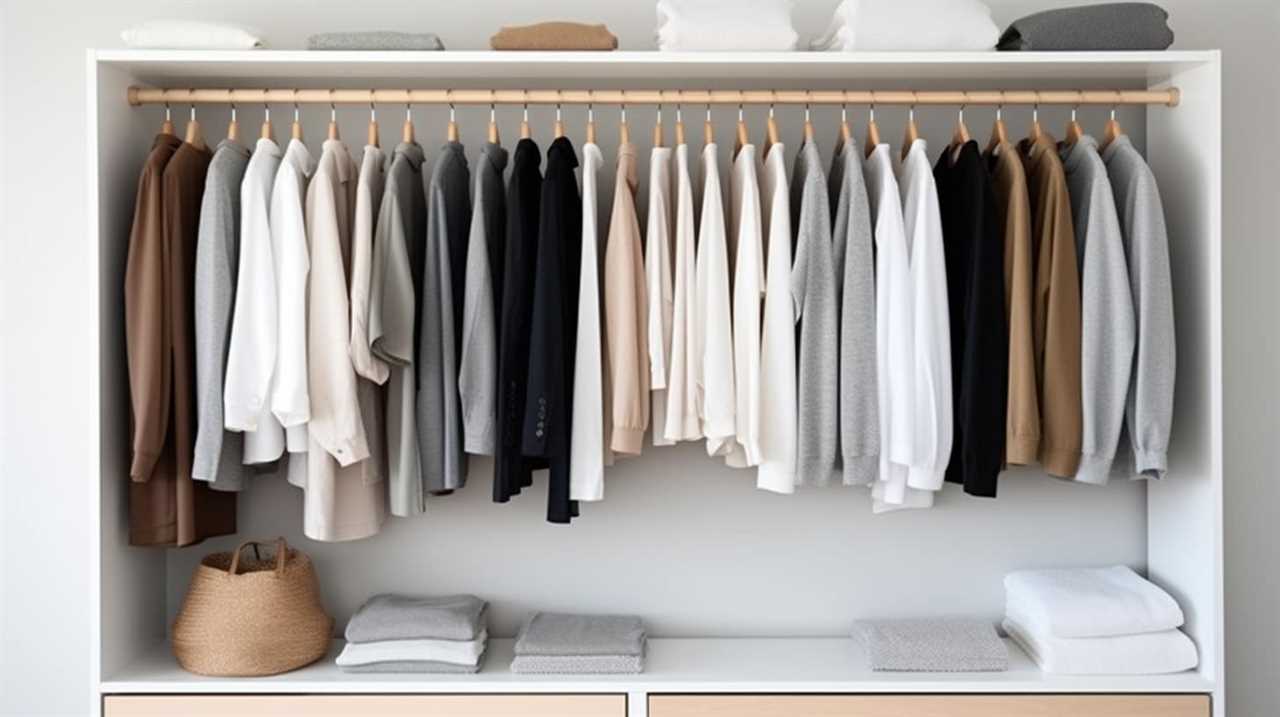
Frequently Asked Questions
How Do I Assess My Living Space to Determine if It Needs to Be Simplified?
Assessing clutter in our living space is essential to determine if simplification is needed. We can start by decluttering one area at a time, letting go of things that no longer serve us, and embracing a minimalist mindset.
What Are Some Tips for Selling Unused Items in Order to Declutter My Home?
When it comes to selling unused items and decluttering our home, we’ve found that online selling platforms and garage sales are great options. Here are some practical tips to help you simplify and make a difference in your living space.
How Can I Downsize My Possessions Effectively Without Feeling Overwhelmed?
When downsizing our possessions, we must adopt a downsizing mindset and address emotional attachments. It can be overwhelming, but by focusing on what truly brings us joy and serving others, we can effectively simplify our lives.
What Are Some Practical Ways to Minimize Digital Distractions in My Daily Life?
Practical strategies to minimize digital distractions include setting boundaries, using productivity apps, and practicing mindful tech use. Digital detox techniques like unplugging regularly and creating tech-free zones can also help simplify and declutter our lives.

How Can I Prioritize Quality Over Quantity When It Comes to My Purchases and Possessions?
When we prioritize quality over quantity, we make conscious choices that align with our values. Instead of accumulating possessions, we focus on what truly matters, creating a life of purpose and fulfillment.
Conclusion
In our quest for a minimalist life, we’ve discovered that simplicity is the key to true happiness.
By decluttering our homes, simplifying our finances, and prioritizing quality over quantity, we’ve created space for what truly matters.
Like a butterfly emerging from its cocoon, we’ve shed the unnecessary and embraced a life of freedom and contentment.

Let’s all seize the minimalist life and watch as our burdens float away like clouds in the sky.
I’m Theodore, and I love tiny houses. In fact, I’m the author of Tiny House 43, a book about tiny houses that are also tree houses. I think they’re magical places where imaginations can run wild and adventures are just waiting to happen.
While tree houses are often associated with childhood, they can be the perfect adult retreat. They offer a cozy space to relax and unwind, surrounded by nature. And since they’re typically built on stilts or raised platforms, they offer stunning views that traditional homes simply can’t match.
If you’re looking for a unique and romantic getaway, a tree house tiny house might just be the perfect option.
Minimalism
Top 10 Key Features of Minimalist Living for an Enriched Life That Will Enhance Your Existence

Are you tired of feeling overwhelmed by the constant hustle and bustle of modern life? Do you long for a simpler, more fulfilling existence? Look no further!
In this article, we will explore the top 10 key features of minimalist living that will enhance our existence and enrich our lives. From decluttering our physical space to cultivating gratitude and contentment, we will discover the transformative power of embracing simplicity.
Get ready to embark on a journey towards a more intentional and purposeful way of living.
Key Takeaways
- Embracing simplicity and decluttering allows us to focus on what truly matters and brings more joy and fulfillment to our lives.
- Minimalism promotes a peaceful environment by removing unnecessary items and simplifying our surroundings, leading to reduced stress and increased productivity.
- Mindful consumption, including adopting sustainable shopping habits and supporting ethical brands, plays a crucial role in minimalist living and leads to a more fulfilling existence.
- Prioritizing experiences over material possessions and cultivating gratitude for the present moment are key aspects of minimalist living that enhance our overall well-being and bring more fulfillment to our lives.
Embracing Simplicity
We’re all striving for a simpler life that brings us more joy and fulfillment. Living with less and adopting a minimalist mindset is a powerful way to achieve this.
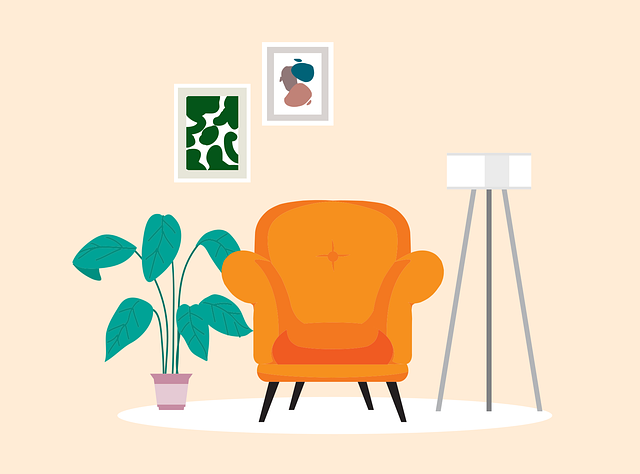
In a society that often glorifies material possessions and constant consumption, embracing simplicity can be a revolutionary act. It allows us to focus on what truly matters, freeing ourselves from the burden of excess stuff and the constant pursuit of more.
By intentionally choosing to live with less, we create space for what truly brings us joy and fulfillment. We learn to appreciate the value of experiences and relationships over material possessions.
Embracing simplicity not only benefits us individually, but it also allows us to serve others more effectively. By living with less, we can redirect our resources towards making a positive impact in the lives of others.
Decluttering Your Physical Space
When it comes to decluttering our physical space, there are numerous benefits that come with embracing minimalism.

By simplifying our surroundings, we create a peaceful environment that allows us to focus on what truly matters.
With less clutter, we can experience a sense of calm, clarity, and freedom in our daily lives.
Benefits of Minimalism
One of the major advantages of minimalism is the remarkable simplicity it brings to our daily lives. By decluttering our physical space, we can experience a range of benefits that enhance our overall well-being.
Here are three significant advantages of adopting minimalism:

-
Financial freedom: Minimalism encourages us to live with less, which means we spend less on unnecessary material possessions. This leads to financial freedom, as we can save more, invest wisely, and focus on experiences that truly matter.
-
Reduced stress: Cluttered spaces can be overwhelming and contribute to feelings of stress and anxiety. Minimalism helps us create a calm and peaceful environment by eliminating unnecessary distractions and allowing us to focus on what truly matters.
-
Increased productivity: When our physical environment is free from clutter, our minds can also feel more organized and focused. This increased clarity and reduced distractions can lead to improved productivity and efficiency in our daily lives.
Creating a Peaceful Environment
Let’s start by decluttering our physical space to create a peaceful environment that promotes relaxation and clarity. A peaceful mindset is essential for a fulfilling life, and one way to cultivate it is through creating a calm and organized living space. Minimalist decor can help us achieve this by removing unnecessary items and simplifying our surroundings.
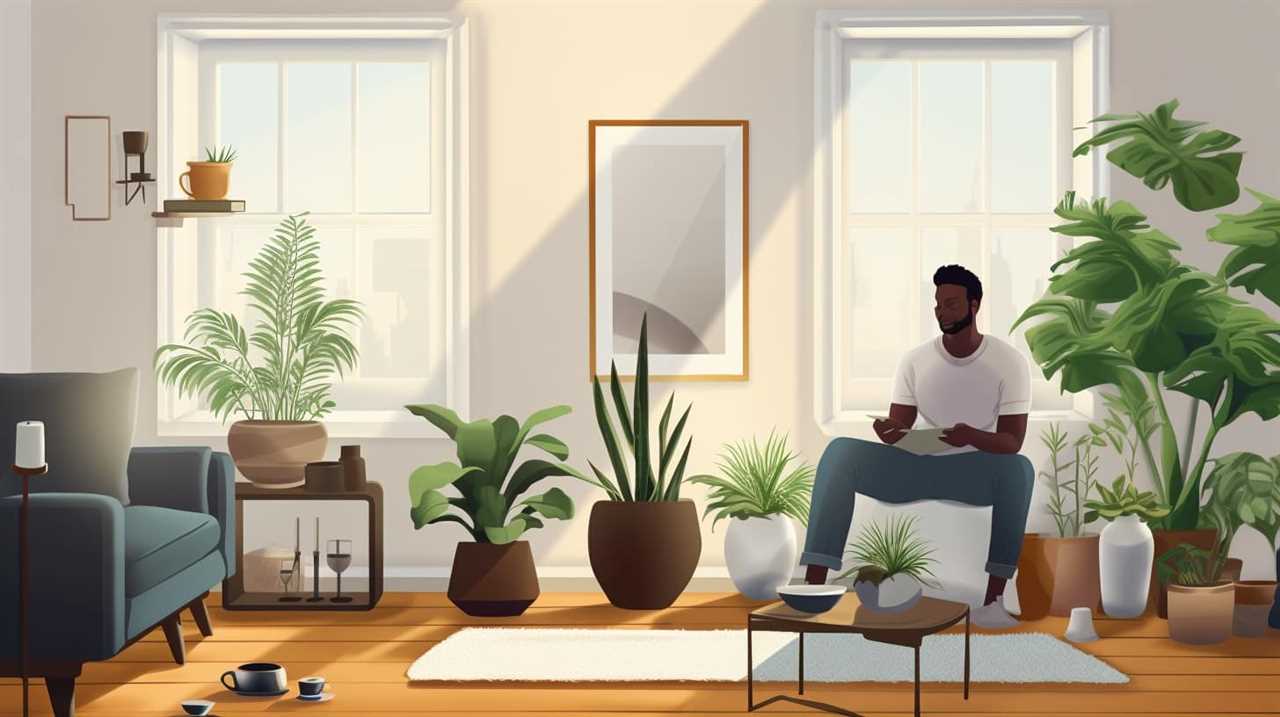
To illustrate the benefits of decluttering, let’s take a look at the following table:
| Benefits of Decluttering |
|---|
| 1. Reduced stress |
| 2. Increased focus |
| 3. Improved productivity |
| 4. Enhanced creativity |
| 5. Better sleep quality |
Mindful Consumption
When it comes to minimalist living, mindful consumption plays a crucial role in our daily lives.
By adopting sustainable shopping habits, we not only reduce waste and minimize our ecological footprint, but we also contribute to creating a healthier planet for future generations.
Embracing minimalism and practicing mindfulness in our consumption choices allows us to focus on the things that truly matter, leading to a more fulfilling and enriched existence.
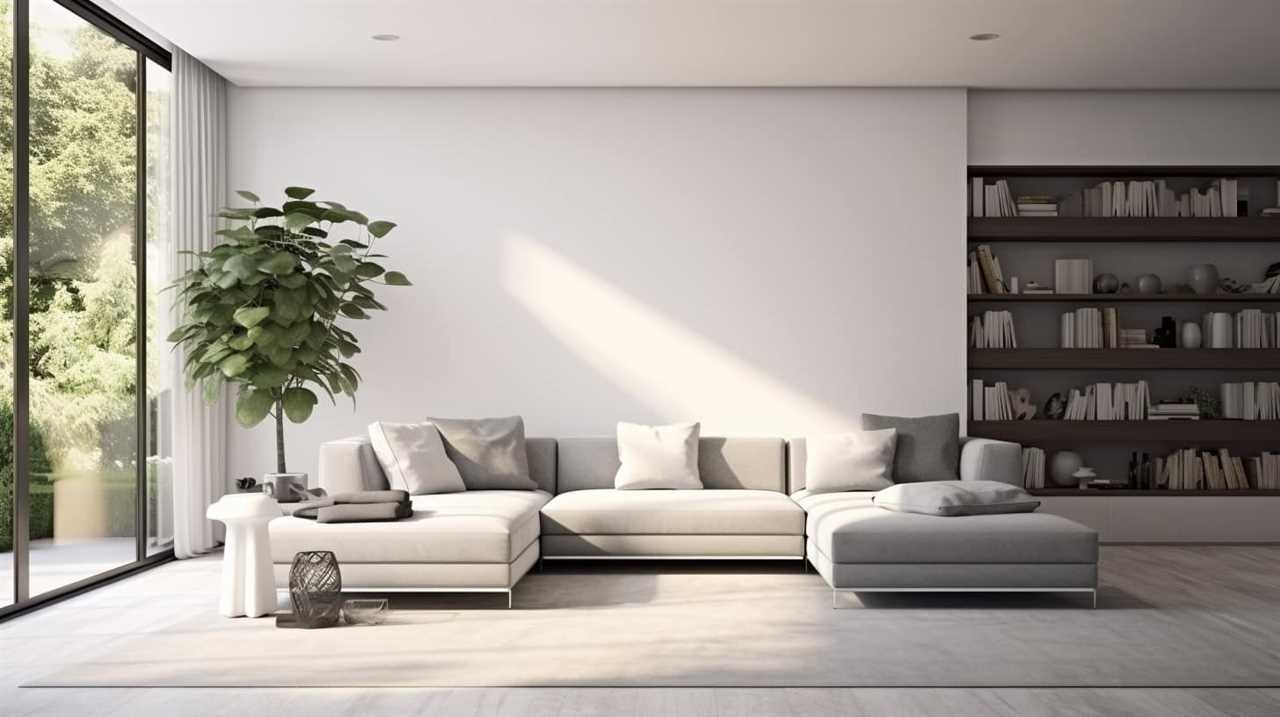
Sustainable Shopping Habits
As we strive to live a more minimalist lifestyle, it’s important that we adopt sustainable shopping habits to promote mindful consumption. By making conscious choices when it comes to our purchases, we can minimize our impact on the environment and contribute to a healthier planet.
Here are three eco-friendly alternatives that can help us in our journey towards conscious consumerism:
-
Choose reusable products: Instead of opting for single-use items, such as plastic bags or water bottles, invest in reusable alternatives. This not only reduces waste but also saves money in the long run.
-
Support ethical brands: Look for companies that prioritize sustainability and ethical practices. By supporting these brands, we encourage the production of environmentally friendly products and contribute to fair labor practices.
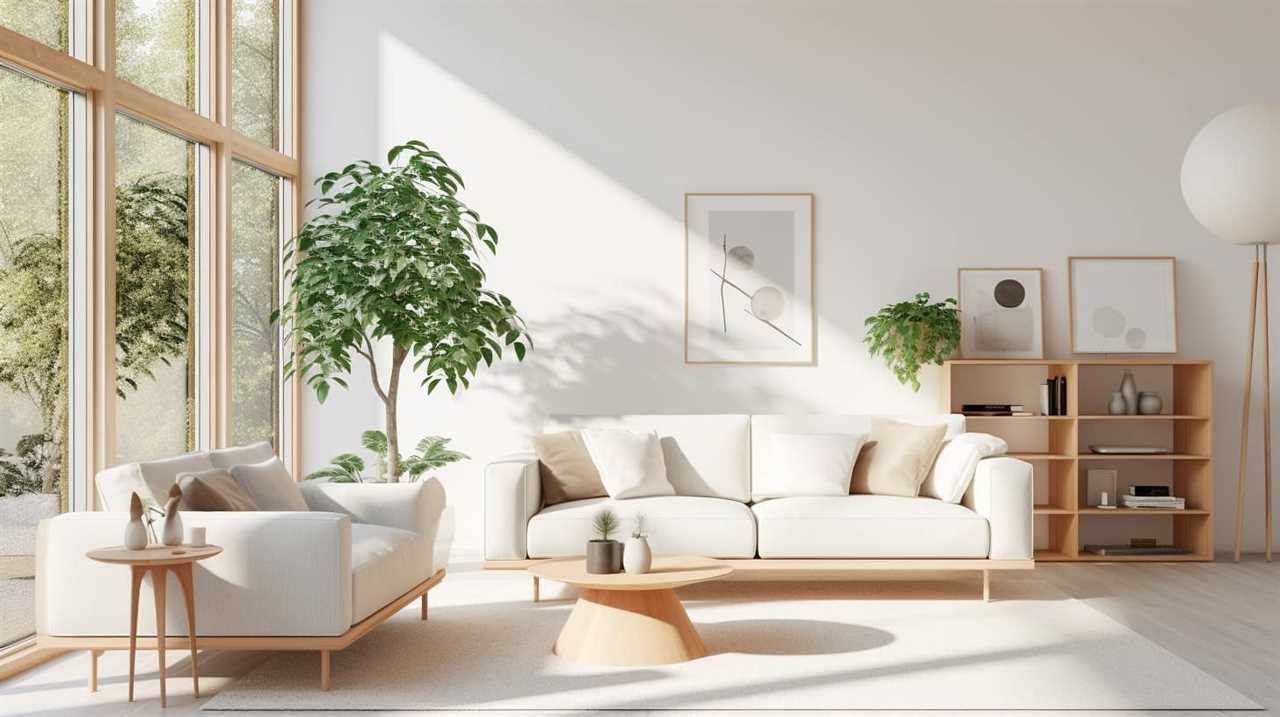
-
Reduce unnecessary purchases: Before buying something new, ask yourself if you truly need it. Avoid impulse buying and focus on purchasing items that serve a purpose in your life. This helps avoid clutter and reduces the demand for unnecessary goods.
Benefits of Minimalism
One of the key benefits of minimalism is that it allows us to cultivate mindful consumption habits, leading to a more intentional and fulfilling lifestyle. By adopting a minimalist lifestyle, we’re encouraged to question our buying habits and make thoughtful decisions about what we truly need and value. This shift in mindset helps us to break free from the cycle of mindless consumption and excessive materialism.
As a result, we become more aware of our impact on the environment and are able to reduce waste and live more sustainably. Embracing minimalism also allows us to focus on experiences and relationships rather than material possessions, leading to greater contentment and fulfillment in life. Through intentional and mindful consumption, we can create a life that aligns with our values and brings us true joy and satisfaction.
Transitioning into the next section, let’s explore how mindfulness can be incorporated into daily life to enhance the benefits of minimalism.
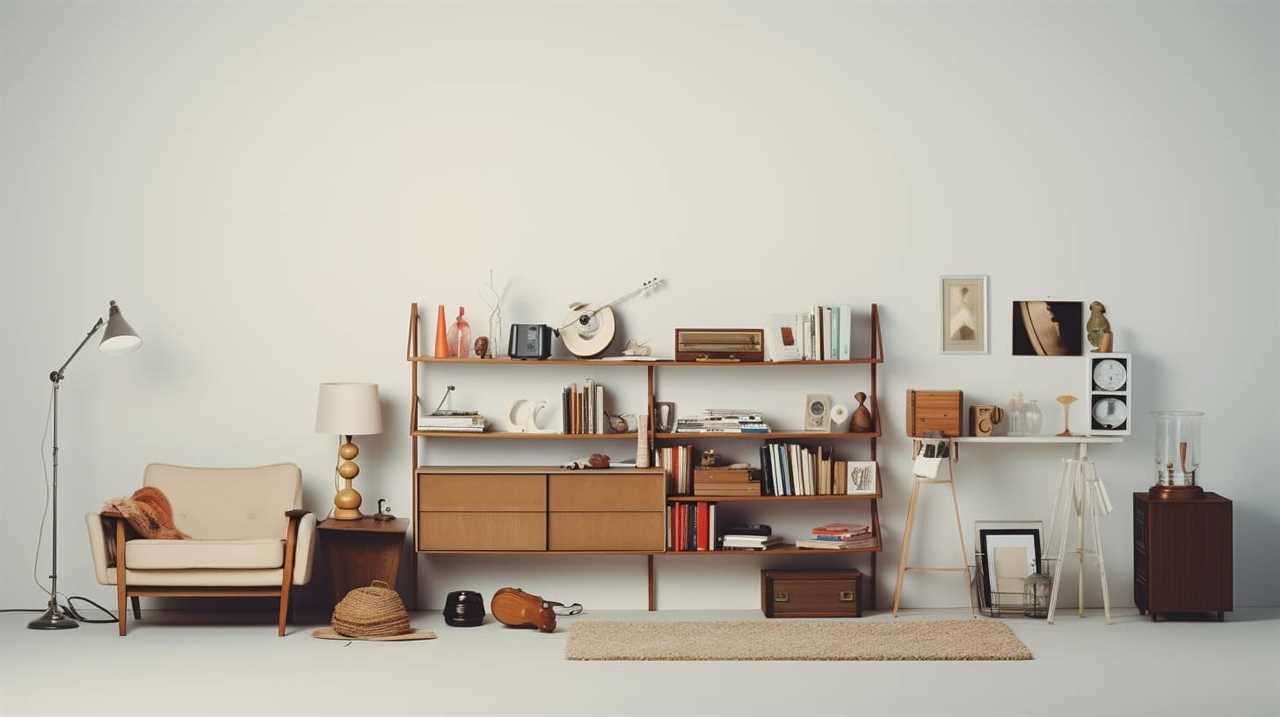
Mindfulness in Daily Life
By practicing mindful consumption, we can cultivate a deeper awareness of our choices and make more intentional decisions about what we bring into our lives. Mindfulness in daily life involves being present in the moment and fully engaged in our actions.
When it comes to mindful eating, we pay attention to the taste, texture, and aroma of our food, savoring each bite and appreciating the nourishment it provides. Practicing gratitude is another important aspect of mindful consumption. It involves acknowledging and expressing gratitude for the abundance in our lives, including the food we eat.
This mindset of gratitude helps us develop a deeper appreciation for the resources and efforts that go into producing the food we consume. By incorporating mindful eating and practicing gratitude, we can enhance our overall well-being and create a more meaningful connection with the food we consume.
Prioritizing Experiences Over Possessions
We believe that prioritizing experiences over possessions is the key to living a more fulfilling and meaningful life. In a society that constantly emphasizes the accumulation of material possessions, it’s easy to get caught up in the pursuit of more stuff. But true happiness and fulfillment come from the memories we create and the experiences we have, not from the things we own.
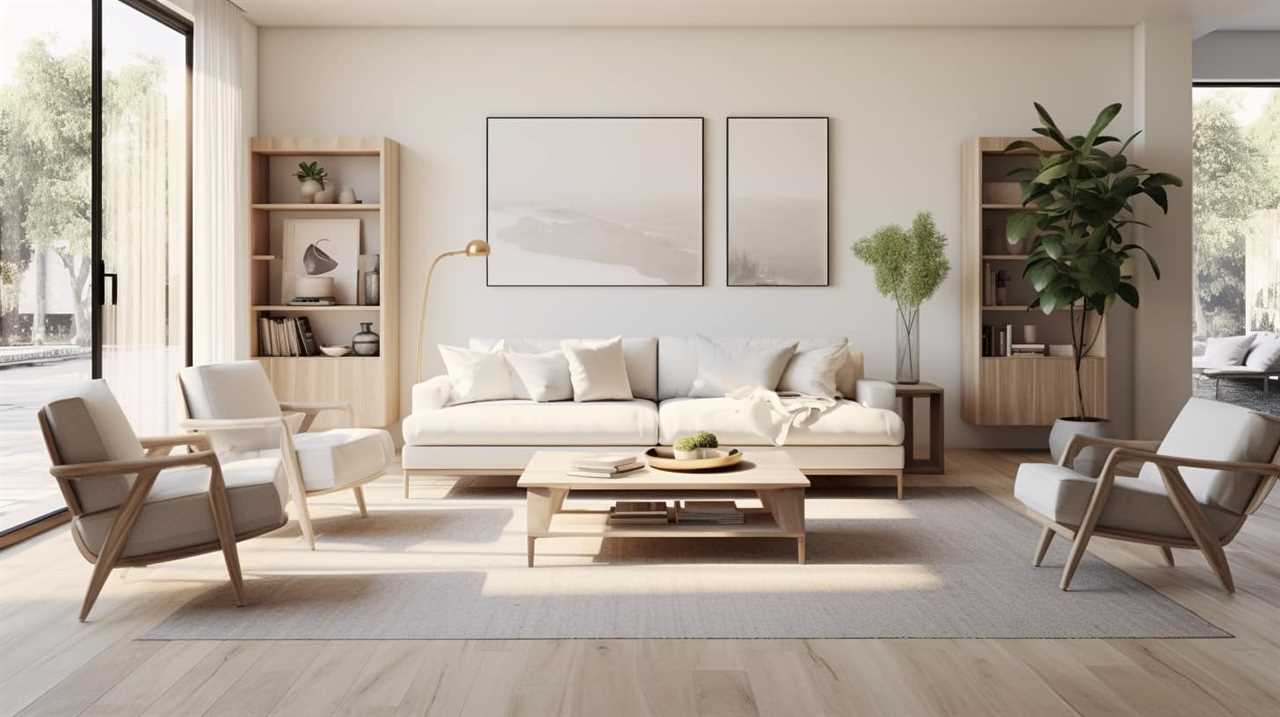
Experiential fulfillment is about cherishing moments, exploring new places, and connecting with others on a deeper level. By shifting our focus from material possessions to experiences, we open ourselves up to a world of endless possibilities and enrich our lives in ways that no amount of stuff ever could.
Now, let’s delve into the next topic of cultivating gratitude and contentment.
Cultivating Gratitude and Contentment
As we strive for a minimalist lifestyle, we can find true fulfillment and joy in cultivating gratitude and contentment within ourselves.
Cultivating gratitude allows us to appreciate the abundance in our lives and shift our focus away from what we lack. It helps us recognize the simple pleasures and blessings that surround us each day.

Finding contentment means embracing the present moment and being satisfied with what we have, rather than constantly chasing after more. It involves letting go of the need for material possessions and external validation, and instead, finding happiness within ourselves.
By nurturing gratitude and contentment, we can experience a greater sense of peace and fulfillment in our lives.
Transitioning into the subsequent section about streamlining daily routines, we can explore how minimalism can help us simplify our lives even further.
Streamlining Daily Routines
Let’s talk about streamlining our daily routines and how it can bring more simplicity and efficiency into our lives.

One key aspect is implementing time-saving organization tips, such as decluttering our spaces and creating designated areas for important items.
Simplifying our morning routines is another way to save time and reduce stress, whether it’s laying out our clothes the night before or planning our breakfasts in advance.
Lastly, efficient meal planning can help us save time and money while ensuring we’ve nutritious meals ready to go.
Time-Saving Organization Tips
By incorporating efficient systems and decluttering our surroundings, we can streamline our daily routines and save valuable time. Here are three time-saving organization tips that will help you manage your time effectively and increase your productivity:

-
Create a daily schedule: Plan your day in advance by creating a detailed schedule. Break down your tasks into manageable chunks and allocate specific time slots for each activity. This will help you stay focused and avoid wasting time on unnecessary tasks.
-
Prioritize your tasks: Identify the most important tasks that need to be done and prioritize them accordingly. Focus on completing these tasks first before moving on to less important ones. This will ensure that you’re making progress on your most important goals and not getting overwhelmed by less critical tasks.
-
Use technology to your advantage: Take advantage of productivity tools and apps that can help you streamline your daily routines. Use digital calendars, task management apps, and reminder tools to stay organized and on track with your tasks.
By implementing these time-saving organization tips, you can simplify your daily routines and make the most of your time.
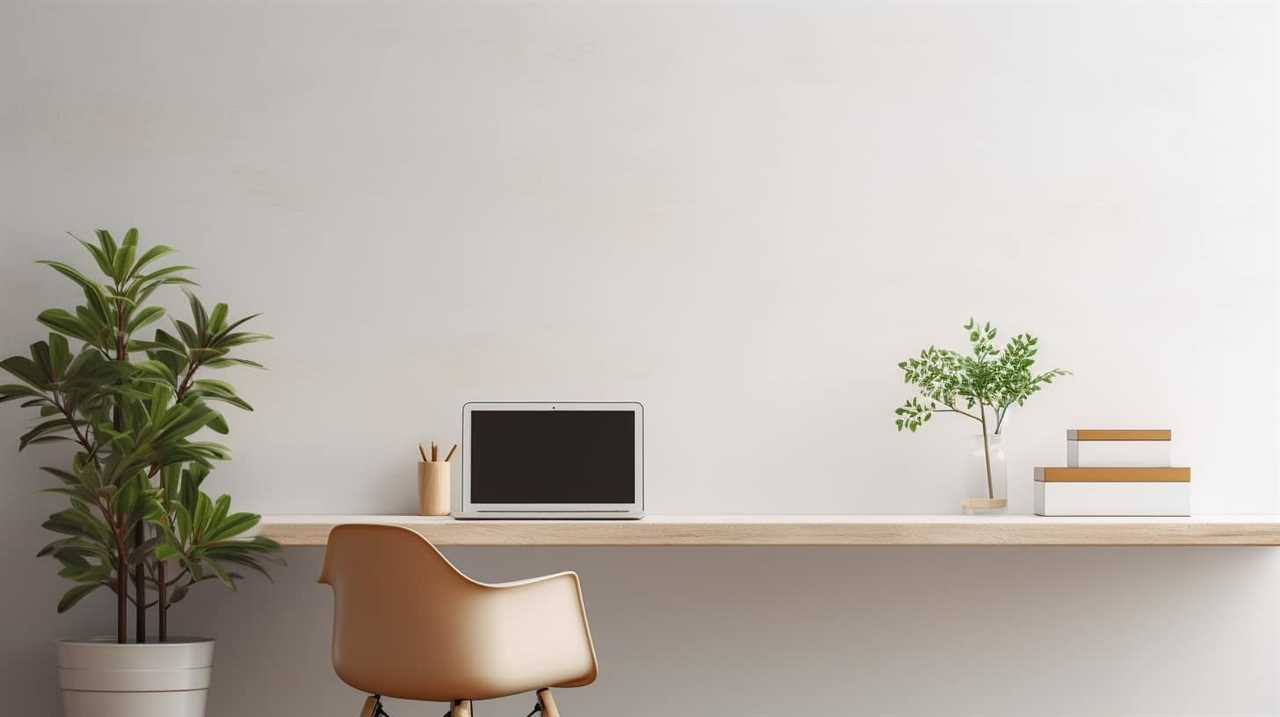
Now, let’s move on to the next section about simplifying morning routines.
Simplifying Morning Routines
Waking up refreshed and energized, we can simplify our morning routines by prioritizing essential tasks and utilizing time-saving techniques.
Simplifying morning routines is all about creating a minimalist self-care routine that sets the tone for the rest of the day. Start by decluttering your bathroom and only keeping the essentials within reach. This will save you time searching for items and create a calming environment.
Consider streamlining your skincare routine by using multi-purpose products that save you both time and money. Plan your outfits the night before and organize your closet in a way that makes it easy to find what you need.

Finally, make your morning routine intentional by incorporating mindfulness practices such as meditation or journaling.
Efficient Meal Planning
We can simplify our daily routines by incorporating efficient meal planning, which allows us to save time and effort in preparing and cooking meals. Here are three ways to make meal planning more efficient:
-
Meal prep in advance: Spend a few hours on a weekend or a designated day to prepare and portion your meals for the week. This not only saves time during busy weekdays but also ensures that you have healthy meals ready to go.
-
Embrace minimalist cooking techniques: Simplify your cooking process by focusing on dishes that require fewer ingredients and steps. Opt for one-pot meals, sheet pan dinners, or stir-fries that can be made quickly and easily.
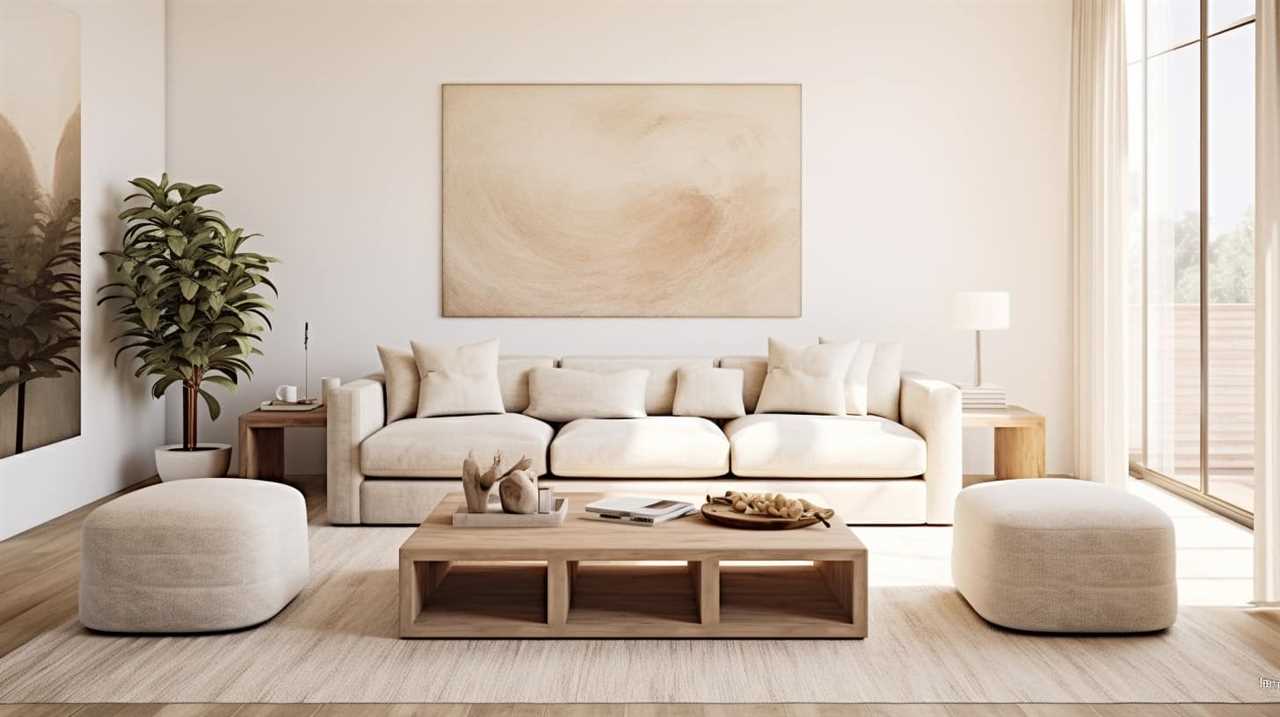
-
Create a flexible menu: Plan your meals around versatile ingredients that can be used in multiple dishes. This way, you can interchange ingredients and create new meals without having to buy additional groceries.
Letting Go of Excess
As we embark on our minimalist journey, we must learn to let go of excess in order to create a more meaningful and intentional life. Letting go of attachments is a fundamental aspect of the minimalism mindset.
We live in a society that encourages us to accumulate possessions, often equating them with success and happiness. However, minimalism challenges this notion by focusing on what truly adds value to our lives. By letting go of excess, we free ourselves from the burden of material possessions and create space for what truly matters.
This process can be both liberating and empowering, allowing us to prioritize experiences and relationships over material possessions. It requires us to evaluate our belongings and let go of items that no longer serve a purpose or bring us joy.

Letting go of excess isn’t only about decluttering our physical space but also about decluttering our minds and hearts. It’s about simplifying our lives and making intentional choices that align with our values and goals.
Creating a Minimalist Wardrobe
Let’s start by curating our wardrobe to include only essential and versatile pieces that will enhance our minimalist lifestyle. Creating a capsule wardrobe is a key step in simplifying our lives and embracing sustainable fashion.
Here are three items to consider incorporating into our minimalist wardrobe:
-
Classic essentials: Invest in timeless pieces like a well-fitted white shirt, a tailored blazer, and a pair of high-quality jeans. These items can be mixed and matched to create endless outfit options.

-
Neutral color palette: Opt for a wardrobe predominantly consisting of neutral colors such as black, white, gray, and beige. This allows for easy coordination and versatility in styling.
-
Quality over quantity: Instead of filling our closet with cheap and trendy items, focus on investing in high-quality pieces that will last longer. Choose sustainable and ethically made clothing to make a positive impact on both the environment and the lives of those who produce them.
Designing a Minimalist Home
Occasionally, it can be challenging to create a minimalist home, but with careful planning and intentional choices, we can achieve a clutter-free and serene living space. Designing a minimalist home involves creating a space that is both functional and aesthetically pleasing. To help you get started, here is a simple table showcasing three key elements of minimalist interior design and decor:
| Element | Description | Benefits |
|---|---|---|
| Neutral Colors | Opt for a color palette of whites, grays, and earth tones. | Creates a calm and peaceful atmosphere. |
| Clean Lines | Choose furniture and accessories with sleek and simple designs. | Adds a sense of elegance and sophistication. |
| Decluttered Spaces | Keep surfaces clear and only display essential items. | Reduces visual distractions and promotes a sense of tranquility. |
Living With Intention and Purpose
By prioritizing our values and making deliberate choices, we can live with intention and purpose, enhancing our overall quality of life. Living intentionally means being mindful of our actions and decisions, aligning them with our core values and long-term goals. It involves being present in the moment and making conscious choices that bring us closer to our desired outcomes.
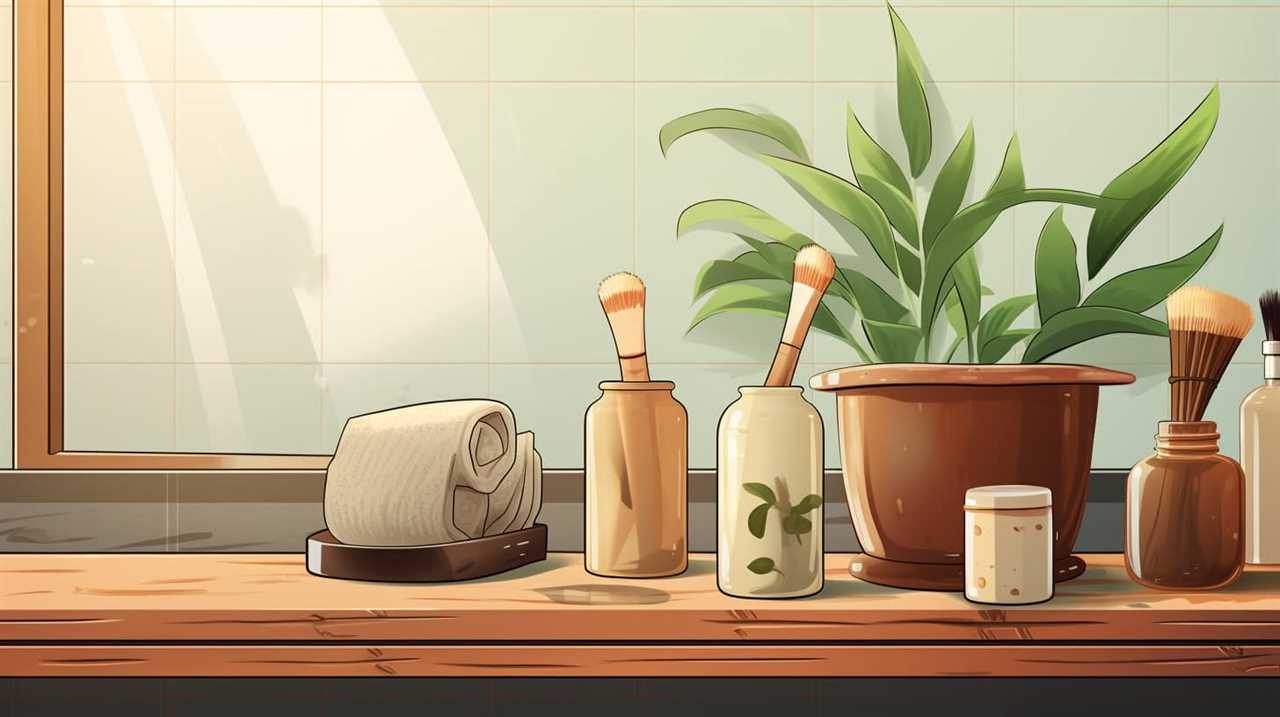
Finding purpose, on the other hand, requires introspection and reflection. It involves exploring our passions, values, and strengths to discover what truly fulfills us.
Here are three ways to live with intention and purpose:
-
Set clear goals: Define what you want to achieve in different areas of your life and create a roadmap to reach those goals.
-
Practice gratitude: Cultivate a mindset of gratitude by acknowledging and appreciating the blessings in your life, which can help you stay focused on what truly matters.
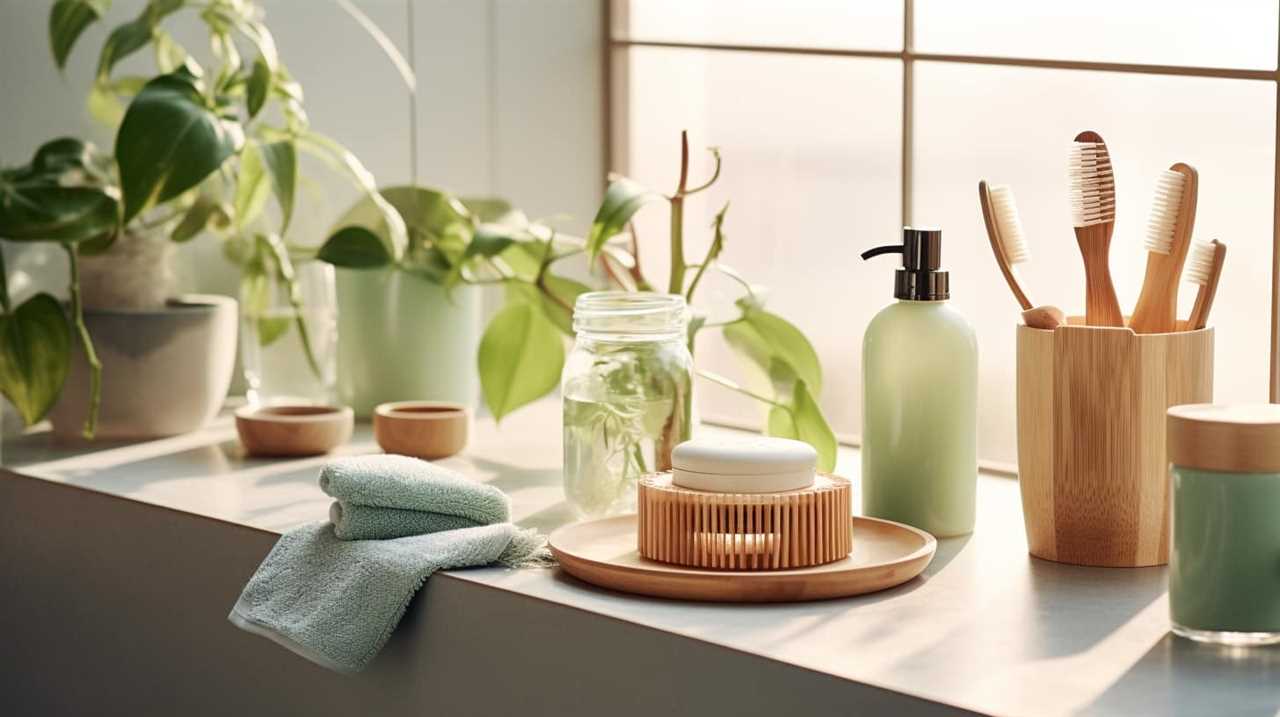
-
Simplify your life: Eliminate the unnecessary and declutter your physical and mental space, allowing you to focus on what brings you joy and fulfillment.
Frequently Asked Questions
How Can Minimalist Living Improve Your Mental and Emotional Well-Being?
Improving relationships and enhancing creativity are just a few ways minimalist living can improve our mental and emotional well-being. Simplifying our lives leads to less stress and more focus on what truly matters.
What Are Some Practical Tips for Maintaining a Minimalist Lifestyle When Living With a Family or Roommates?
Here are some practical tips for maintaining a minimalist lifestyle in a shared living space. Communicate the benefits of minimalism to your family or roommates, and work together to implement these tips for a more organized and peaceful home.
How Can Minimalist Living Help to Reduce Stress and Increase Productivity?
Reduced clutter and improved focus are just a few ways minimalist living can help us reduce stress and increase productivity. By simplifying our surroundings, we create a space that allows us to thrive.
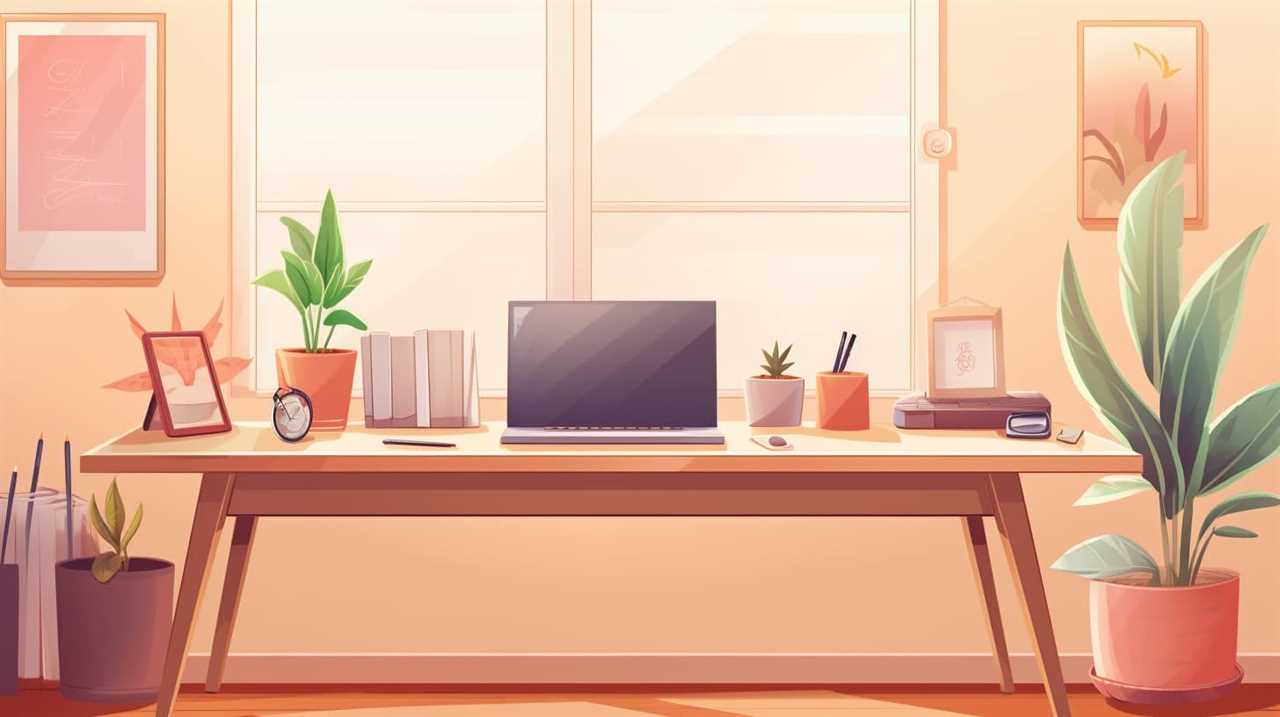
Can Minimalist Living Have a Positive Impact on Your Financial Situation?
Minimalist living can positively impact our financial situation by encouraging us to prioritize needs over wants, reduce unnecessary spending, and save money. It allows us to focus on what truly matters and achieve long-term financial stability.
Are There Any Potential Challenges or Drawbacks to Adopting a Minimalist Lifestyle?
There can be potential challenges and drawbacks to adopting a minimalist lifestyle, such as letting go of sentimental belongings. However, the benefits of simplicity, sustainability, and improved well-being outweigh these challenges. Here are some tips and tricks to navigate minimalist living.
Conclusion
In conclusion, embracing minimalist living is like unlocking the secret to an extraordinary life. By simplifying our physical space, decluttering our minds, and prioritizing experiences over possessions, we can truly enhance our existence.
It’s a journey of gratitude, contentment, and intentional living that will leave you feeling lighter, freer, and more fulfilled than ever before.
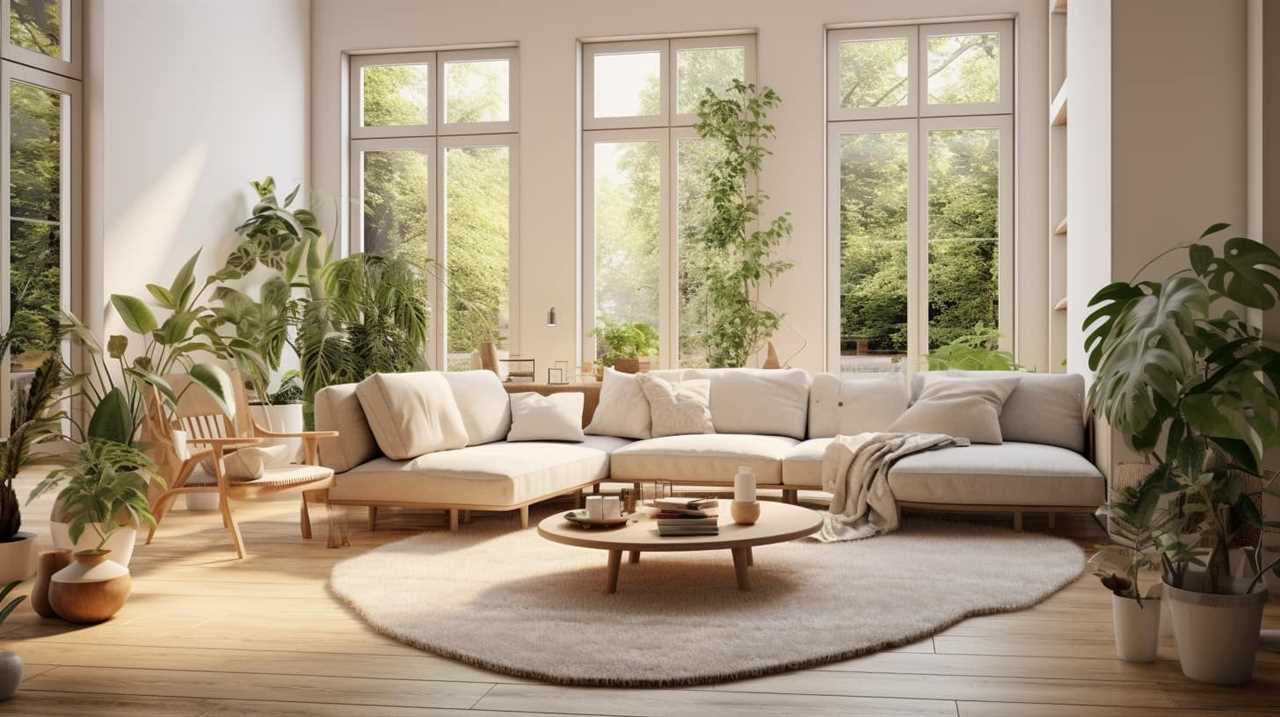
So, why settle for a life weighed down by excess when you can embrace the minimalist lifestyle and experience the true joy of living?
I’m Theodore, and I love tiny houses. In fact, I’m the author of Tiny House 43, a book about tiny houses that are also tree houses. I think they’re magical places where imaginations can run wild and adventures are just waiting to happen.
While tree houses are often associated with childhood, they can be the perfect adult retreat. They offer a cozy space to relax and unwind, surrounded by nature. And since they’re typically built on stilts or raised platforms, they offer stunning views that traditional homes simply can’t match.
If you’re looking for a unique and romantic getaway, a tree house tiny house might just be the perfect option.
-
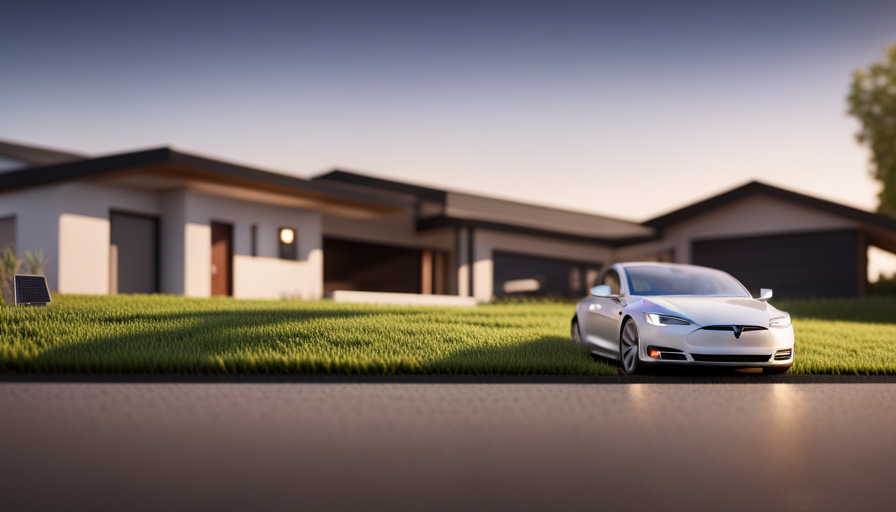
 Beginners Guides1 week ago
Beginners Guides1 week agoHow To Buy A Tesla Tiny House
-

 Energy Efficiency1 month ago
Energy Efficiency1 month agoBest Tiny Homes For Cold Climates
-
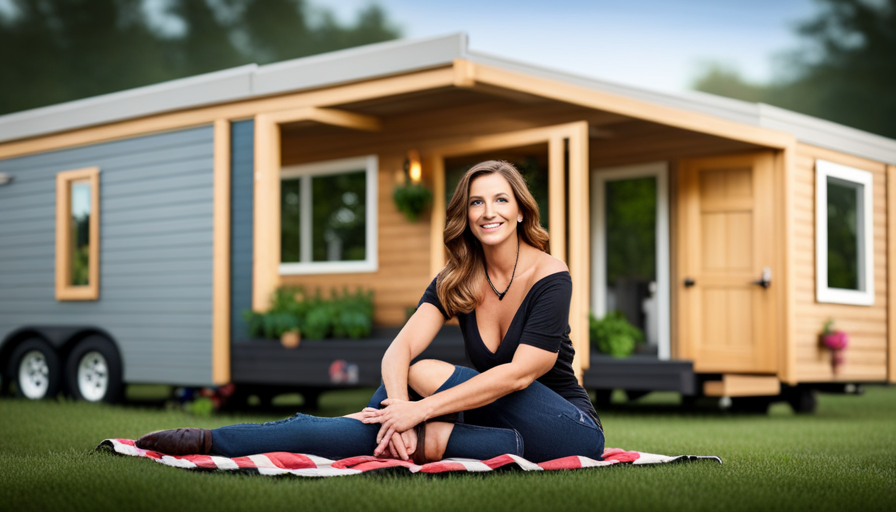
 Beginners Guides5 days ago
Beginners Guides5 days agoTiny House Nation Where Are They Now Stephanie
-

 Tiny House Resources (e.g., legalities, cost, insurance, FAQs)2 months ago
Tiny House Resources (e.g., legalities, cost, insurance, FAQs)2 months agoDo Tiny Homes Need Planning Permission?
-

 Beginners Guides2 weeks ago
Beginners Guides2 weeks agoFrom The Show Tiny House Nation How Many Keep Their Tiny House?
-
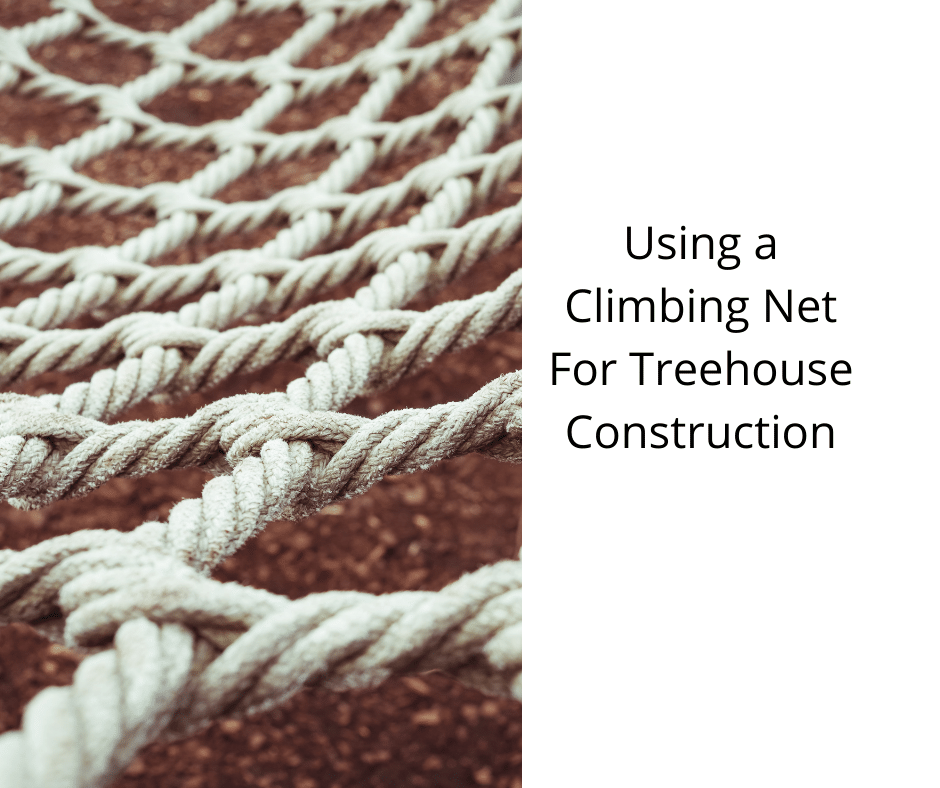
 Beginners Guides2 months ago
Beginners Guides2 months agoUsing a Climbing Net For Treehouse Construction
-
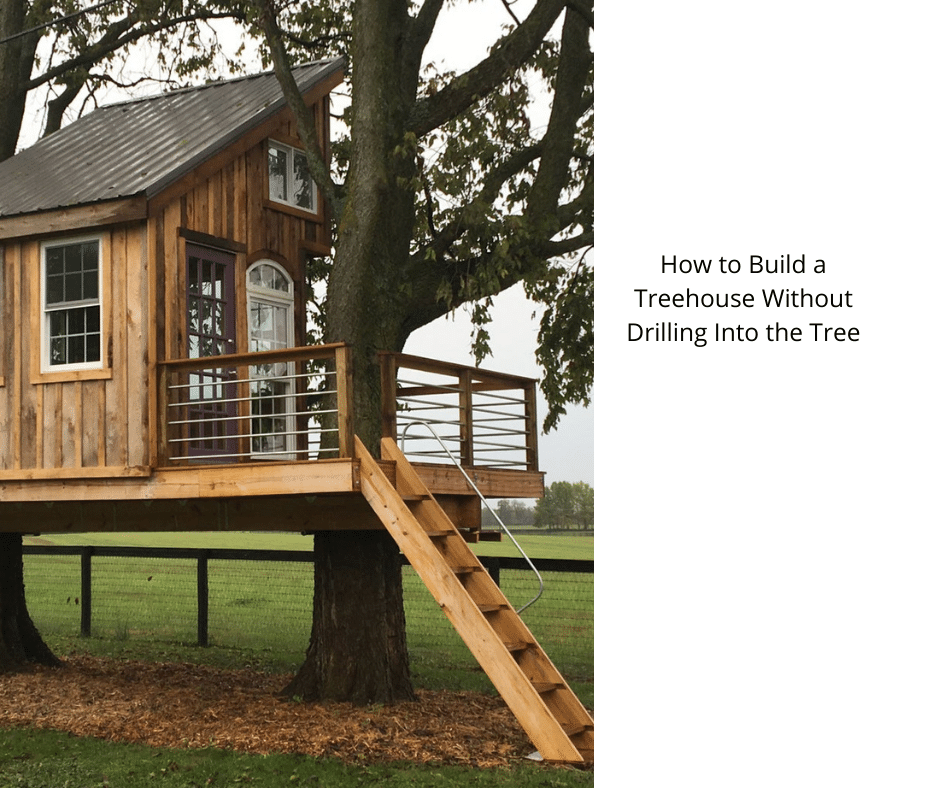
 Beginners Guides2 months ago
Beginners Guides2 months agoHow to Build a Treehouse Without Drilling Into the Tree
-
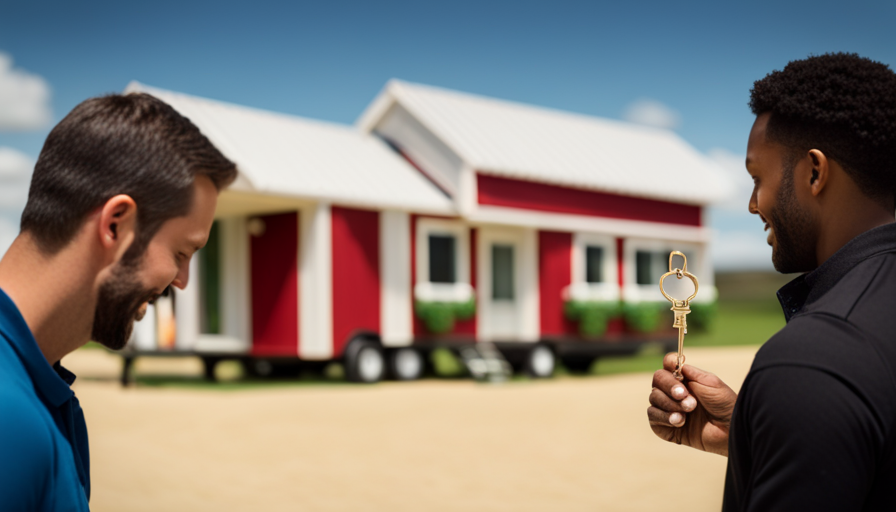
 Beginners Guides3 weeks ago
Beginners Guides3 weeks agoTiny House Nation Who Pays For The Houses










